THE WINE MERCHANT.



Wine merchants say they are more confident about their prospects than they were a year ago, according to this year’s Wine Merchant reader survey.
More than 200 businesses took part in this year’s project, which is the most detailed study of the specialist independent wine trade in the UK.
Roughly half of all merchants saw sales increase in 2023, though with the average price per bottle of still wine rising by just 8p, to £15.78, the sector is not keeping pace with duty increases and inflation.
Independents are more reliant on wine sales than at any time since the survey began, with spirits and beer sales continuing their relative decline.
The results also illustrate that indies are taking an imaginative approach to their revenue streams. Just over half of their trade now takes place at the till, significantly down on what most indies expected before Covid, with wholesaling, online sales and ticketed events all playing significant roles.
Just under half of independent merchants now offer wine to drink on the premises, but the momentum behind the trend towards a hybrid shop and bar model appears to have slowed. Many independents say they have no space
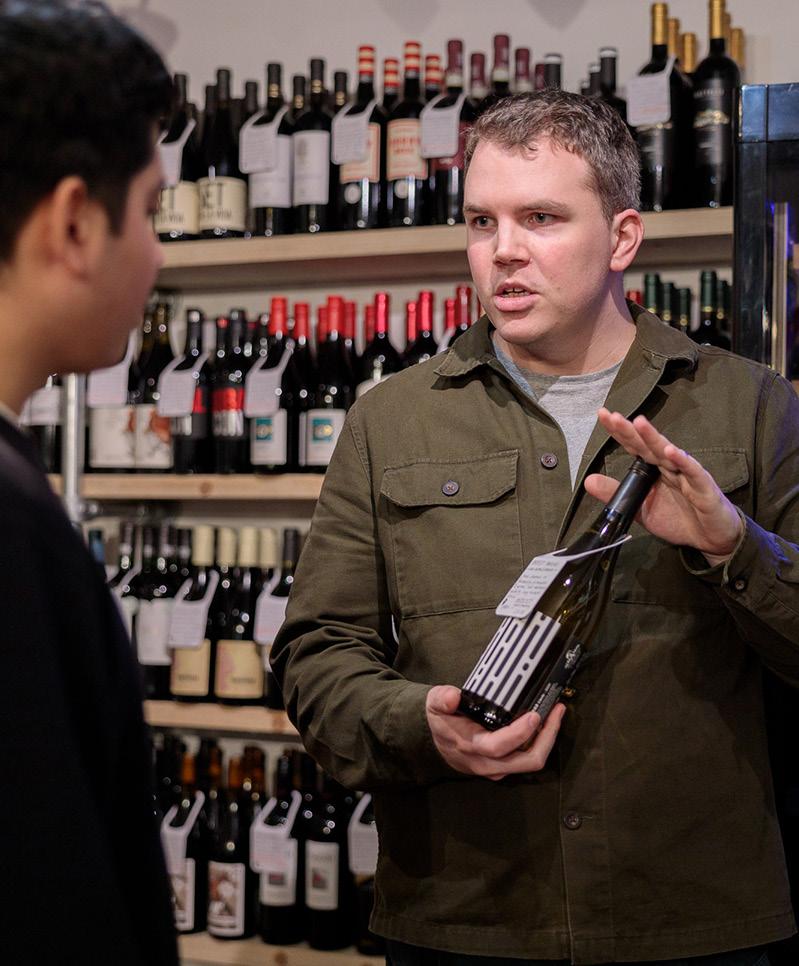
The Wee Vinoteca is one of the independent trade's recent success stories. Owner Duncan Gammie opened his second store in 2023 and says more may follow. Read our merchant profile starting on page 36

From page 1
to adapt to this format, while others – especially in Scotland and Northern Ireland – say licensing complications are the stumbling block.
But a number of merchants say the hybrid model is unattractive because it can dilute the retail side of their business, and many indies report that their customers continue to be confused by the concept of
Satisfaction with suppliers remains high, with 77% of respondents saying they are happy with the support they receive.
Once again, Boutinot tops the popularity poll of 130 suppliers nominated by respondents, followed by Liberty Wines, Alliance Wine, Hatch Mansfield and Thorman Hunt.
• Coverage of this year’s survey results starts on page 21 and continues in our
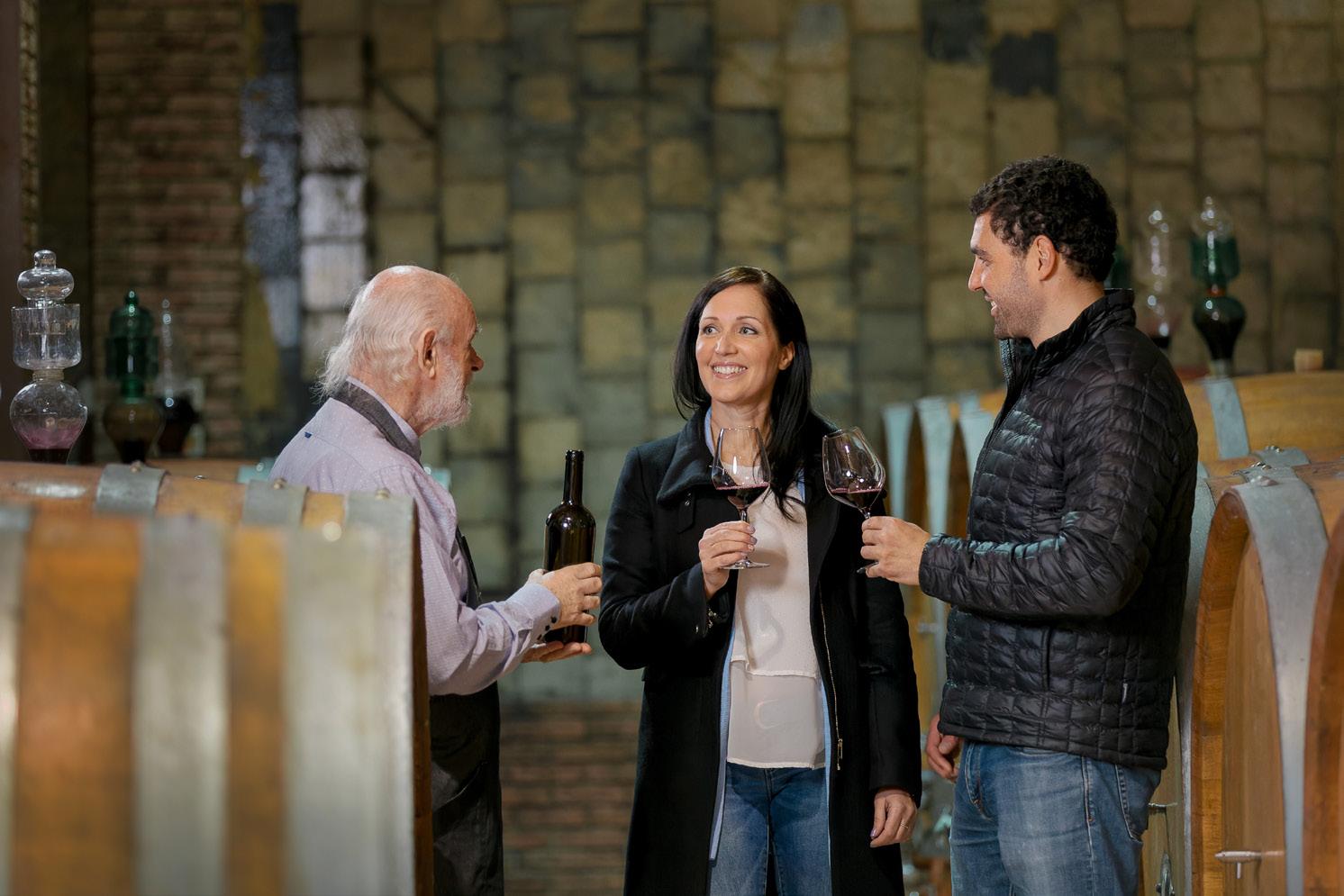
Last month The Wine Merchant hosted an online masterclass to help independent merchants understand the basics of direct wine imports. The webinar was led by Chris Porter of Kukla Beverage Logistics, and featured contributions from Dylan Rowlands of Gwin Dylanwad Wines in north Wales and Jamie Lymer from Givino in Frome, Somerset.
We’ll be reporting on the webinar in the April edition of the magazine. The recording of the 90-minute session, including questions raised by our audience of more than 60 independent merchants, is available on the website: winemerchantmag.com.

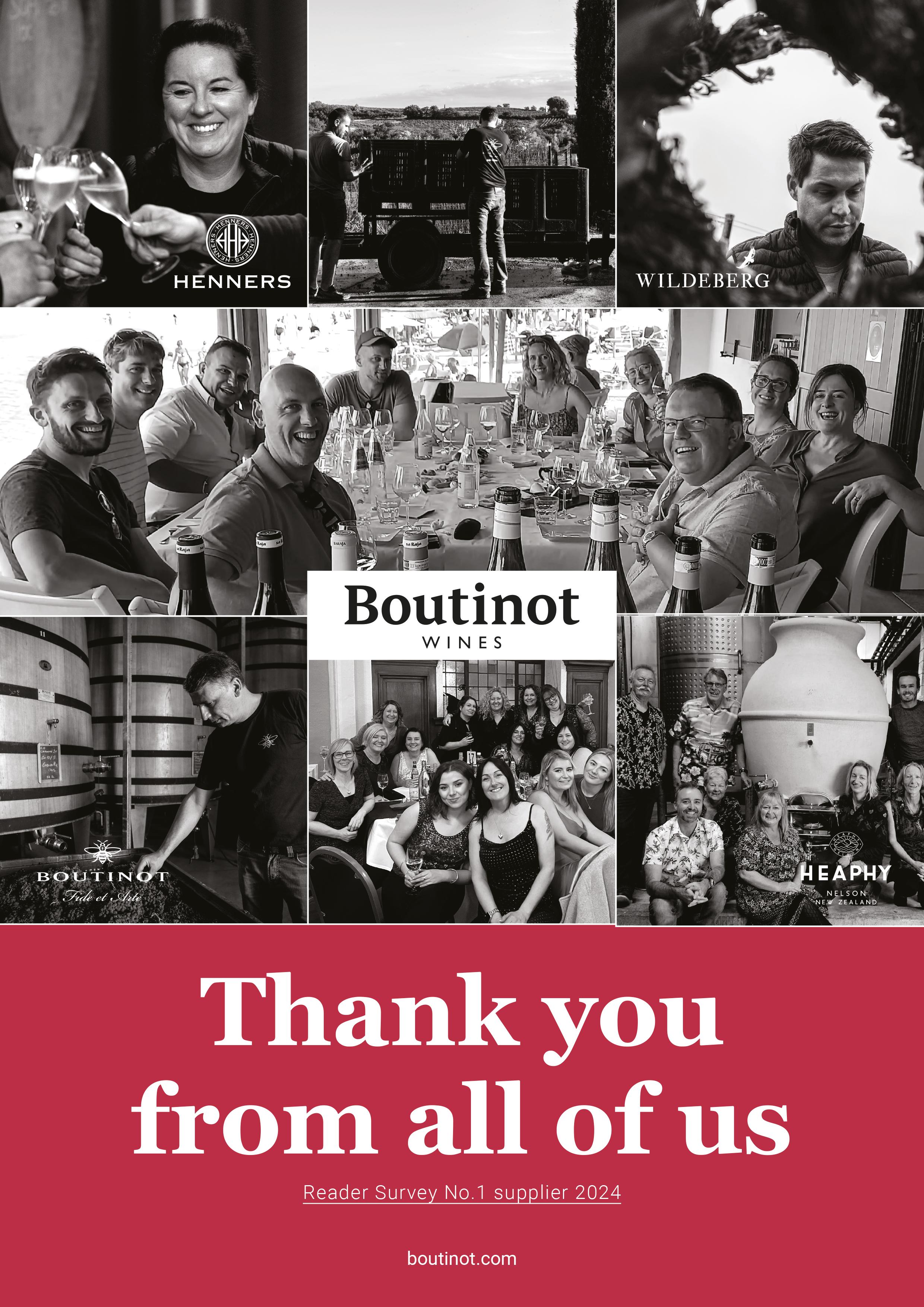

Norwich independent HarperWells has added a delicatessen to its shop in Ber Road.
In 2020 the company took over Fredricks Deli in the neighbouring market town of Diss and its success, coupled with the residential development surrounding the Norwich store, prompted the decision.
“Historically the street hasn’t been very retail -ocused but there’s a few shops moving in, including a baker,” says coowner Sam Howard. “Two old dealerships, Harley Davidson and BMW, have moved out and they’ve been converted to flats, so it just felt like the right time to do this. The new customers from the flats are going to literally walk past our front door to go down to Tesco Express.”
With quality frozen wood-fired pizzas from a local company, Brick Pizza, in its deli range, the HarperWells team are more likely to intercept those shoppers before they reach the doors of the local supermarket.
“We’ve stocked Brick Pizza in Diss for a while,” says Howard. “They’re really popular and they have a nice following in the town. We collaborated with them to coincide with our launch. We did a pizza exchange: bring any frozen pizza and they swap it for any one of theirs. Then they donated all the swapped pizzas to the local food bank and shelters.”
Howard says the addition of the deli has “softened that single proposition of being a wine shop”, adding: “We were conscious of the knowledge that there was only one reason to come to Ber Road and that was to buy wine.”
Howard says the deli will be managed by existing staff, including his wife Lisa, who will continue to run Fredricks.
There is another advantage to expanding the deli operation into the larger Ber Road premises, as Howard explains. “The Diss
shop is very small, in a quaint courtyard, so there is nowhere to take a pallet in,” he says.
“At Ber Road the deliveries can come in so much more easily. The first pizza delivery was a joy, as normally it involves running up the road after an articulated lorry.”

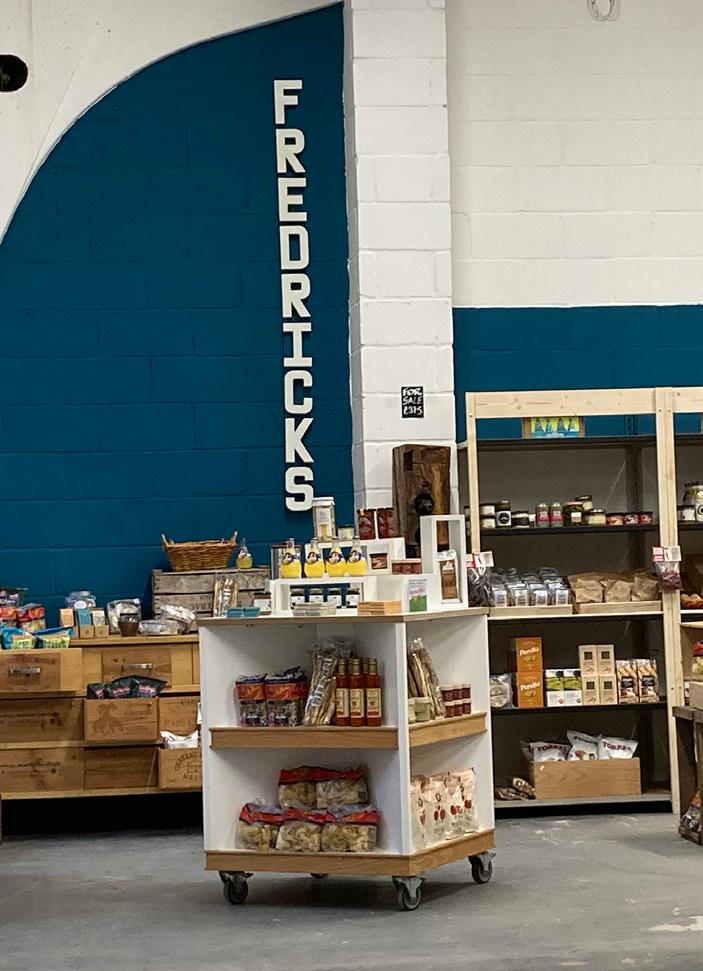
After 45 years of trading, Market Place Wines in Halesworth, Suffolk, has closed following owner Alexander Carr’s retirement at the age of 78.
His daughter Jo told the Eastern Daily Press: “After 45 years it is very sad and heart-breaking the circumstances we have had to close under.
“My dad took great pride in the shop and loved it very much, and I know that if he were well enough he would have continued to keep it open,” she said.
“I know business hadn’t been anywhere near like it was, but my dad had a wonderful tenure running the shop, which needs celebrating.
“He was in there every day, knew everyone in and around the town, and it was his passion.”
City Wine Collection is closing its retail operation in Richmond upon Thames. Owner Zoran Ristanovic founded the company in 2003 in partnership with the late Norman Gardner. The primary focus of the business has always been private cellar and investment portfolio management, alongside a growing portfolio of wines it brings in from more than a dozen producers in France, Italy and Spain.
City Wine Collection moved to the Richmond premises in 2014 from where retail played a small role. “The lease has ended,” says Ristanovic, “and the rates would have gone up by 30%.”
Ristonavic says it’s very much business as usual as the company will continue to operate as a wholesaler and importer, and if the right premises comes along, perhaps retail may make a return.
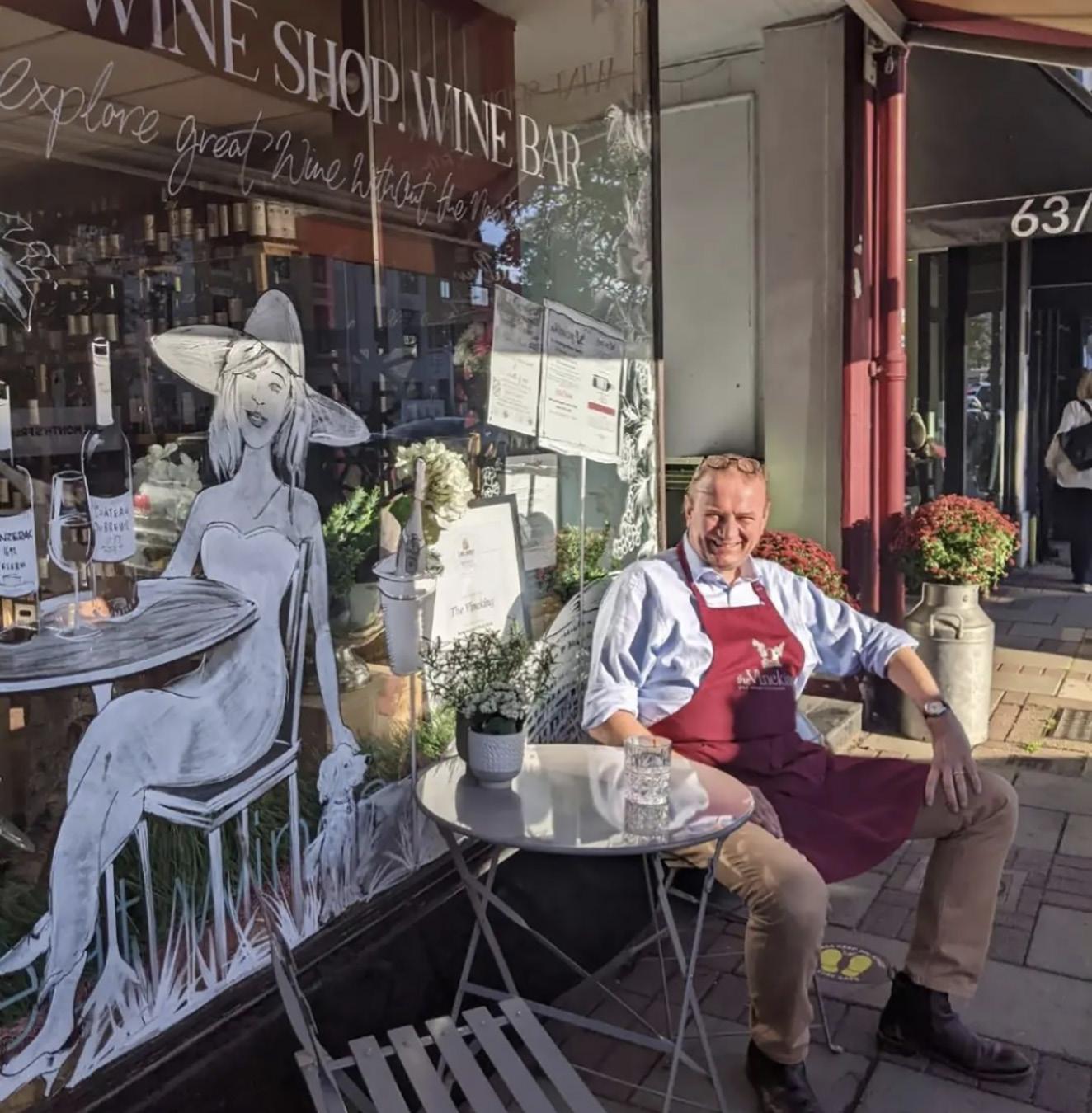
The Vineking is closing its Weybridge shop next month, a move that owner Erik Laan says has been on the cards for a while.
“The big issue we have here is that parking is really bad,” he explains. “If a customer attempts to come in and see us a few times a week and they can’t park, they’re going to think, ‘why don’t I just go and grab something from Waitrose next time I’m there?’
“As much as they might love you, you have to make it easy for them.”
The Vineking has been trading from its Queen’s Road premises for almost two decades, but Laan says the area has changed and footfall has diminished. “Back in 2007 when we first came here, this street was being touted – mainly by estate
agents, admittedly – as the Beverly Hills of Surrey, which as we all know is absolute horse, but there were a lot more retail things going on at the time.
“A retailer pays rent to get their customers in, and we’re not getting enough customers for the rent anymore.
“We’ve had a lot of fun here, we’ve had some amazing events and wine dinners with some real wine legends, but sadly the site itself just doesn’t hold its own.”
The shop will close on April 20, but the two shops and the tasting rooms in Reigate remain, along with the East Molesey shop and bar.
“East Molesey is rocking,” says Laan, “and we are on the look-out for a new site in Weybridge. Our remit is that it’s got to have parking.”

Mike Oldfield at M&M Personal Vintners in Worcestershire has warned of an old scam doing the rounds. Someone will call with a “last minute” wine order for a wedding and insist on completing the transaction over the phone rather than online. They will say they’ve arranged their own courier to collect the goods but as soon as the wine is picked up, the card payment is reversed.
Although he would have found the £2k worth of sales very welcome, Mike suspected something was up when the woman rang in the afternoon and said the courier would be there just after 5pm on the same day. “What courier would ever arrive that quickly? That’s when I really smelled a rat,” he says.
Rachel Gibson used to be the main person to talk to at Wine Utopia, the Winchester-based independent. That was until she became so inspired by her travels to New Zealand that she took a role with Huia, a boutique wine producer in Marlborough. Now her career has taken an even more sudden swerve: she’s just qualified as a psychoanalyst and will soon be starting her own practice. Has she been working on any projects that might have some application in the wine trade? “Well, I’ve just done a dissertation on clinical depression,” she offers. The Wine Merchant has made a bid for serialisation rights.
Tributes have been paid to wine expert Jon Hurley, who has died aged 84. He worked in Bentalls’ wine department in Kingston upon Thames the 1960s and relocated to Herefordshire, where he hosted popular “wine weekends” for decades. According to the Hereford Times: “Mr Hurley had held a long desire to be a writer and, although he dreamed of being a novelist, he found his niche by publishing books on wine and bare-knuckle boxing, another fascination of his.”

Marcus Smith, owner of Raffles Fine Wines in Nailsworth, Gloucestershire, is ready for retirement and the business is up for sale.
During his career in hotel management, which took him all over Europe, Smith developed an interest in “French wine in particular”, and decided on his return to the UK in 1974 to “take a career move sideways”.
“The only job I was able to get at that moment was with Harrods, which turned out to be quite a good move,” says Smith, speaking in 2016. “We could taste wine after work if we wanted to, first growth clarets every night. Not many people did but you could if you wanted to. Then I got headhunted by Andre Simon in Motcomb Street [in London’s Belgravia] and did six months there. I couldn’t wait to start my own thing.”
In 1978 he founded Raffles Fine Wines, which moved to the company’s current site in the town’s former fire station, in 2002.
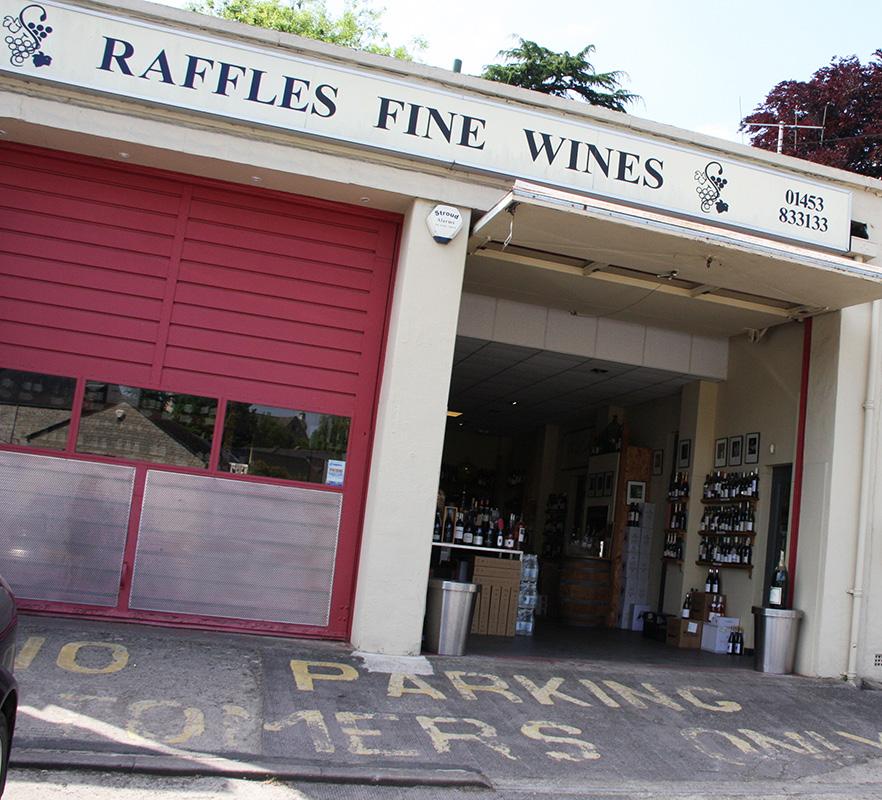
• The Tipsy Merchant in Budleigh Salterton, Devon, is no longer trading. Leticia Vaughan, who opened the store in 2017, says: “Sadly, after a huge amount of deliberation, we decided to close the shop. I need to spend more time with my family and help my husband’s business.”

Chapman’s Wine Merchants in Eastbourne has been put up for sale.
Owner Victor Chapman took over the premises in the Meads area of the East Sussex town in 2019. The site was previously occupied by Artisvin, a wine business owned by Steve Hodden, and had originally traded as a branch of Threshers.
“Unfortunately, I’m going to have to let go of the shop, however much it pains me,” says Chapman.
“I’d prefer to have it in the hands of someone who can take it from where I’m leaving it. With a little bit more resource, there could be growth, but it’s just not feasible for me.
“I’ve hit £300k for the last four years and there was a little bit of growth. The shop holds its own, but it dipped a little last year and the wholesale business brought everything above.”
For more information on the sale of the business, go to the new classifieds section on the Wine Merchant website.
Winebuyers, the controversial online marketplace for wine, had taken down its website as The Wine Merchant went to press.
Customers and suppliers alike are furious at the way they have been treated by the latest iteration of the business, among them Leo Bruton-Simmonds of The Salusbury Wine Store in west London.
“We had sold over £2,000 worth of stock and I realised we had only received a few notes promising payment,” he says. “Then I checked with the lady who does our accounts and it turned out we hadn’t even received the piddling sums they had promised were on the way. Like everyone else, we tried to ring and sent emails but never received a reply and never received a payment.
“What made it worse was that they went to our bank account and removed funds amounting to their fees and their percentage of each sale. They kept doing this even when we asked them to remove us from the service. We had to go to the bank and get them barred before it stopped.
“So they kept all the money from the sales and then took extra from us. What made it worse was that they were still taking sales under our name after we had asked them to stop. We obviously were not sending out the wines at this point so it meant consumers were getting stiffed as well.
“We have people who steal from our store. Occasionally the police catch them and they get fines or prison and a criminal record. But there seems to be no reckoning for activity on this scale, which is infinitely more damaging. The fact that they emailed us last month to see if we wanted to rejoin the service just sums up their absence of morals but also the complete lack of accountability they face.”

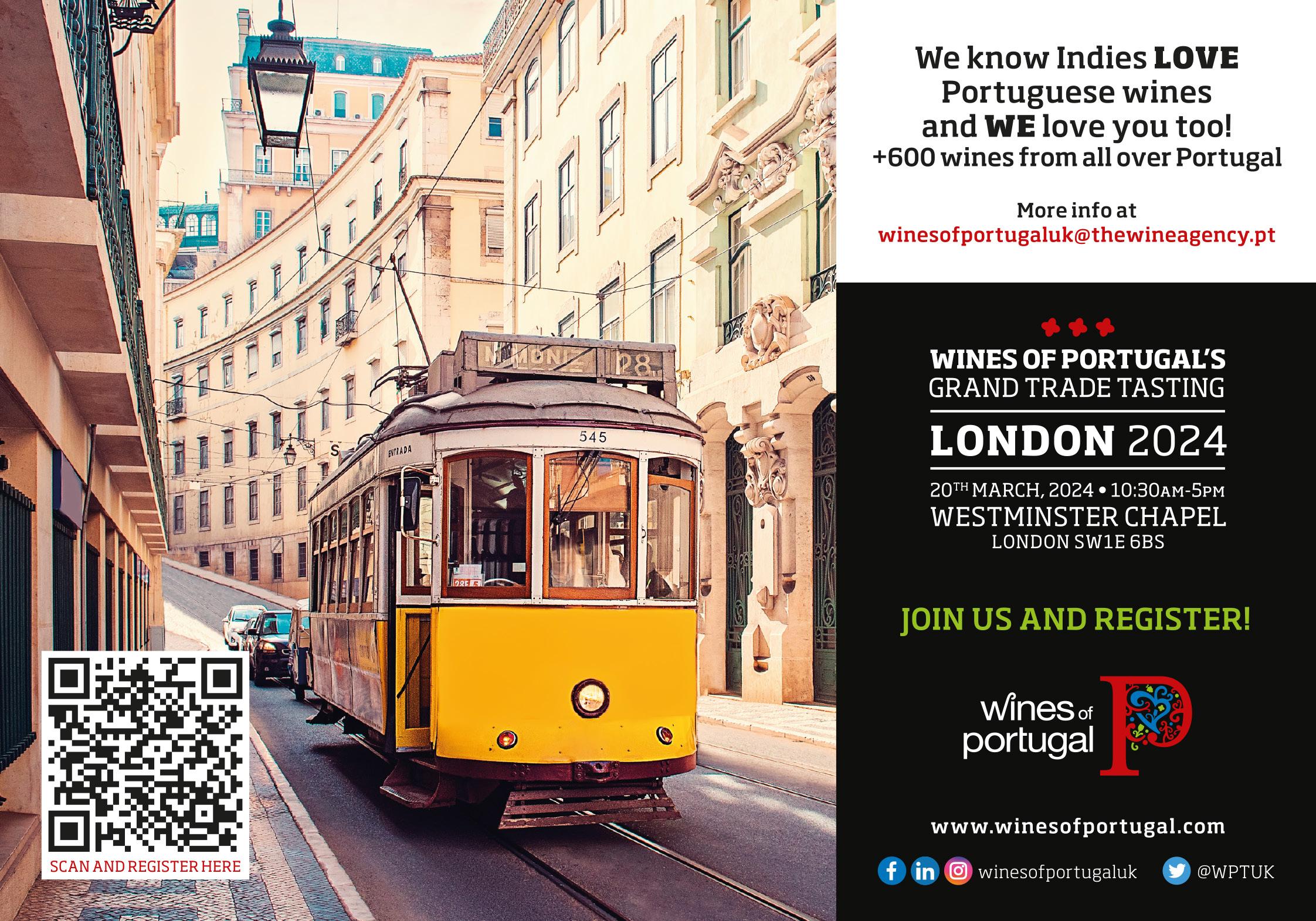

Who wants to consume a drink that’s less alcoholic than a ripe banana?
We are probably now somewhere in the months between Dry January and Sober October, so a reasonable time to consider the no- and low-alcohol sector.
Our industry adds a huge amount to the government’s coffers, but they still insist on promoting campaigns to reduce it. I understand why they wouldn’t want to openly tell people to go out and buy more booze or party hard (except perhaps by example). But why spend money biting the hand that feeds it? Surely the great British public can decide for themselves if they need to cut down a bit?
I don’t buy the health lobby argument.
Anyone who really needs to go teetotal for a month is probably not going to. The assumption for Dry January is that everyone has irresponsibly done huge damage to their liver in the previous weeks. Four weeks of abstinence isn’t going to solve that underlying problem, is it?
Conversely anyone who happily observes a month of abstinence is unlikely to be in the target group for health worries. October can be a miserable month as summer fades away, and yuletide is still far enough in the distance not to get excited. So why would you make it more miserable by denying yourself a drink now and again?
Apparently there is a growing number

of younger people for whom alcohol is not part of their repertoire. I think there are some statistics showing this but I’m not in the mood to look for them. The reason may be because they have other things to distract them. It may be because they have alternative drugs of choice.
It could also be that they were born in an era where the majority of booze available is mass-manufactured and they haven’t discovered the real stuff. It is a shame that many will miss out on the joy and art of real wine, beer or spirits. Traditional nonalcoholic drinks like pop or water don’t appear to cut the mustard as alternatives.
This may explain the reported growth in the no and low categories. It can’t just be recovering alcoholics, for whom lookalikes might be a gateway drug anyway. It’s certainly something the supermarkets have caught on to. If it was all much cheaper, or at least cheaper by the equivalent amount of duty, I might be less cynical.
The other consideration is volume rather than growth. I remember Parisa’s shops being inundated with tequila brands because the sector was showing triplefigure growth. My protest that going from 0.1% to 0.2% didn’t justify 10 new lines fell on deaf ears. Yes, there is growth in no and low. But does it really warrant whole aisles and even specialist shops and bars? I hope not!
One of my daughters is amongst those abstemious younger people. Although working alongside me, tasting wines and judging alcohol categories for the Great Taste Awards, she chooses not to swallow. This means she is constantly on the hunt for interesting, alternative, non-alcoholic drinks. We have tried quite a few.
A lot of the beers are perfectly acceptable because they are brewed in virtually the same way as grown-up beer. Because of that they have to state 0.5% abv – the same as an overripe banana.
For some people, though, that is too much, it would seem. If you were able to drink enough – and quickly enough – for it to have any effect, I’d suggest the alcohol would be the least of your worries. It is pointless explaining this, or that 0.5% is
the tolerance on measurement rather than the actual content. Despite this we stock and sell a few, and on the appropriate occasion I have been known to drink them.
“Non-alcoholic spirit” always strikes me as an oxymoron. “Spirits” comes from “spiritual water”, the same as eau de vie, aqua vitae and all the others. It’s either a spirit or it is non-alcoholic.
These appear to fall into two camps: those that mimic the original spirit and those that just make up something new. We had a go with Lyre’s, which falls into the first category. They set about making something that, like the lyre bird, mimics the original. They even do a non-alcoholic “absinthe”!
They are quite acceptable in mocktails but are put together from all sorts of stuff: the greatest, after water, being sugar. They didn’t sell well enough to warrant shelf space or a 10-case minimum order. 0% versions of big spirit brands would appear to be the most successful of the type but, as we don’t sell big brands, we won’t be selling these either.
The most famous of the second camp is Seedlip, which gained first-mover advantage. I was quite interested when it first appeared on the market. Then I tried it. The kindest thing I can say is that it wasn’t to my taste – and if I wouldn’t drink it, I won’t sell it. It is distilled, but presumably with water, rather than alcohol. Despite the tagline “non-alcoholic spirit” it is unlikely to preserve organic matter. So in my book it is not a spirit; it is a herbal soft drink. Well done to them demanding £20 a bottle, then. No wonder there is growth in this sector … but I suspect that is push from the producers, rather than pull from consumers.
We have yet to find a “non-alcoholic wine” which isn’t just unfermented grape juice or de-alcoholised low-grade wine with a long list of added ingredients, any or all of which are more likely to give you a headache than the alcohol they took away.
If, for any reason, I am ever forced to abstain for any length of time I think I’ll settle for a nice cup of tea.
David
Perry is the owner of Shaftesbury Wines in DorsetThis is the only competition for wines that are just sold in the independent trade, judged by independent wine merchants themselves.


The Tement family specialise in Sauvignon, on their Südsteiermark mountain plateau and in their holdings in Slovenia. This, their signature and least expensive wine, is made with fruit from 55 parcels grown on all kinds of soil, fermented in oak and stainless steel. Crisp, citrus and saline, with a long finish: delicious.
RRP: £25 ABV: 12.5%
Top Selection (0845 410 3255) topselection.co.uk
Levan and Georgi Chychynadze make wines all over the world, but in their native Georgia only work with local grapes. Shavkapito produces big berries with thick skins, in this case emerging from the qvevri looking and tasting rather Pinot-like, with a very elegant balance between sweetness and bite.
RRP: £26.50 ABV: 13%
Astrum Wine Cellars (020 3328 4620) astrumwinecellars.com
There were many eye-catching Rieslings on show at the New Zealand tasting in London. Winemaker Ben Glover is particularly proud of this one, and with good reason. It’s an exuberant and vivacious (but not OTT) expression of the variety, from a single vineyard in Wairau, with the residual sugar rounding off the lemon-pith acidity quite beautifully.
RRP: £25.49 ABV: 11%
Bancroft Wines (020 7232 5450) bancroftwines.com
We’ll never know what this succulent Margaret River Cab would have tasted like without a dollop of Malbec and a smidgin of Petit Verdot, but we can have faith that their addition was the right decision. Juicy and approachable, with some lovely dark-fruit elements and some more savoury spice poking through.
RRP: £32 ABV: 14.5%
Fells (01442 866592) fells.co.uk




Stumpy bush vines high up on South Africa’s Piekenierskloof plateau produce a very Boutinot sort of wine, packed full of character and intrigue at a very friendly price. It’s lemony and nutty and grassy and herby and succulent and saline, playful yet serious, crying out for seafood but a joy on its own.
RRP: £11.99 ABV: 12.5%
Boutinot (0161 908 1300) boutinot.com
This organic field blend of Gewürztraminer, Riesling and Pinot Gris from Marlborough allows each variety to play to its strengths, coming together seamlessly in a wine that’s aromatic, structured and textural. The fruit is ripe but not squelchy, and there’s plenty of spice and minerality for those in search of extra depth.
RRP: £19.99 ABV: 13%
Les Caves de Pyrene (01483 538820) lescaves.co.uk
New to the Top Selection portfolio, Trois Noix offers a fresh take on Napa in every sense. But here it’s not afraid to let the sun really get to the Cab Franc fruit, developing luxurious chocolate and violet flavours without any prickly pyrazines. It might sound overbaked, but somehow it’s not, and it’s glorious.
RRP: £120 ABV: 15%
Top Selection (0845 410 3255) topselection.co.uk
Crafted with fruit from a single vineyard that’s pretty much as close to the southern tip of Africa as you can get, surrounded by fynbos and seasoned by the Indian and Atlantic Oceans, this is a big yet elegant Syrah. Extraction and oak are not dirty words here, but everything’s carefully calibrated and in balance, and we’re very happy imbibers.
RRP: £31.75 ABV: 14.5%
Hallgarten & Novum Wines (01582 722538) hnwines.co.uk





Wine retailing can take a physical toll, (dickie back/creaky joints/sore feet, anyone?) but James Griffiths, a winemaker who is now working at WineKraft in Edinburgh, will attest that retail is, overall, a gentler option.
“James started here in January last year,” says owner, Graeme Sutherland. “He’s a trained winemaker who has held winemaking positions in Australia and California, and he joined us with the idea that we will at some point do something winemaking-ish, potentially an Edinburgh Cru – a little project for the future.
“Meanwhile, James has been an absolute rock. A solid pair of hands who is always willing to go that extra mile to organise or just pick the things up that need picking up. He has a brilliant way with people. One of the things which has struck me most is the feedback I get from customers, the folks who are in our wine club. They keep coming back to me saying that they have had such a warm experience.
“James always takes time to get to know people, to actually engage and find out what it is they want, as opposed to selling them what he wants to sell them. In the business we’re in, to understand your customers is vital.”
James’s wine journey started with bar work to fund his travels around Australia. “I was working in a couple of decent bars that put me through some wine training,” he explains.
“I had a friend who was winemaking up in the Hunter Valley and he told me there was a winery looking for somebody for harvest and I thought that would be kind of cool. Once I had that under my belt, I applied for a job in California and stayed there for five harvests. I did my WSET to Level 3 while I was there and completed a winemaking diploma. By the time my partner and I decided it was time to come home, I was assistant winemaker.”
On his return to the UK, James was the head of merchandising for the online wine platform, Pix, before funding was dropped and he started researching places to work in Edinburgh.
“I wasn’t specifically looking to work in retail,” he admits. “But I really liked the sound of WineKraft; it

seemed like a good fit. As the shop manager, I get to do a little bit of everything, including building the new website, which we’ll launch in a month or two.”
Although he’s been living “on and off” in Scotland for years, James is a Welshman and, despite the slight Aussie twang, there is still a detectable Welsh lilt, which he says he was happy to use to his advantage in California.
“They all thought my accent was quite cool at the winery, and quite late on a Friday and Saturday I’d be set to work the tasting room because of it. It’s an unusual one to be told that the Welsh accent is classy and posh, so I milked it while I could.”
As in his previous winery role, interacting with customers at tastings remains a part of the job James enjoys. “Winemaking was fantastic, but you’re on your feet all day, you get an achey back, achey legs, and I don’t miss being in a freezing cold cellar at 7am every morning,” he says.
James wins a bottle of Vinteloper PN21
Adelaide Hills Pinot Noir 2021 courtesy of The Graft Wine Company
If you’d like to nominate a Rising Star, email claire@winemerchantmag.com


In a nutshell: The Surrey Drinks Collaborative operates from The Surrey Tasting Rooms in Reigate and consists of The Vineking, Hurt Liqueur, Batts Hill Gin and Crumbs Brewing. A pooling of resources and skills that holds wide appeal for the customers.
What are the benefits of working with other businesses?
“It’s all about being flexible. The site initially launched as The Vineking Tasting Rooms, which we opened, I think, in 2018. We had the Enomatic machines and all that sort of stuff. But after Covid people still weren’t getting out that much, especially in small provincial towns like Reigate.
“With the reduced custom, it was hard to justify the staffing, so we didn’t get open again. But by getting a team together and sharing our resources, getting bodies behind the bar, it became doable and it worked really well.”
Tell us about your fellow collaborators. “They are all local producers. Matt at Hurt Liqueur makes a liqueur from hurtberries. You use it a bit like a crème de cassis but it has much less sugar, so it’s much more refreshing. It’s a great product. Then there’s my mate Delarno who makes Batts Hill Gin and we’ve got Morgan from Crumbs Brewing. They specialise in repurposing old bread which they turn into beer. The sourdough beer and bloomer beers are a knockout.”
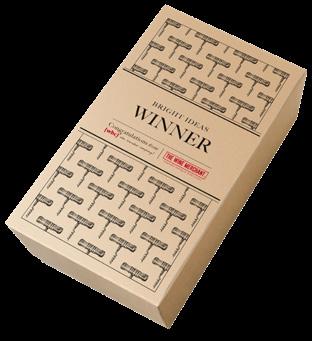

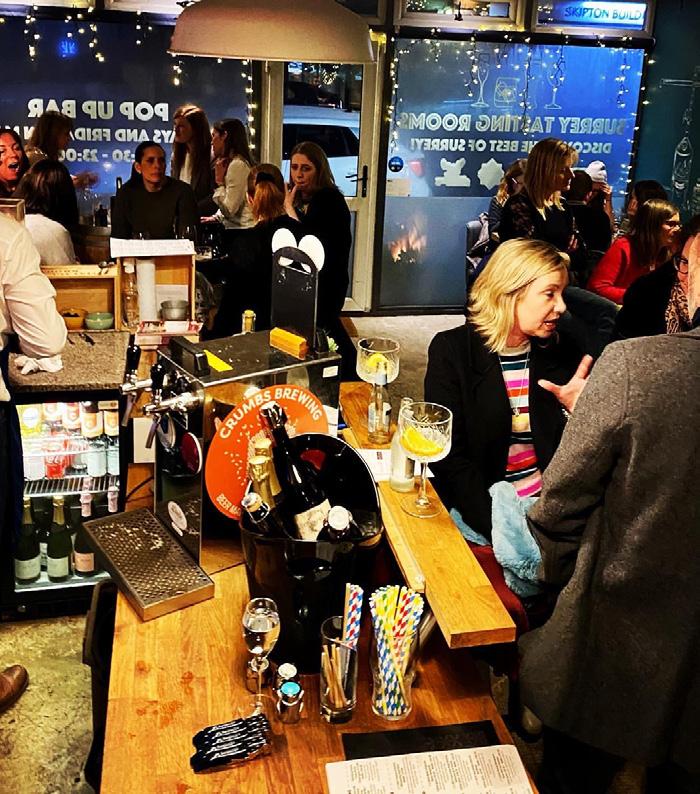
Sounds like it had real benefits for everyone involved.
“Sharing the experience is a lot of fun. We’ve all got great products and this is the perfect way to showcase a little bit of what we do. We’ve opened with a slightly different focus so it’s about local Surrey produce including wine from Denbies, Greyfriars and Albury.
“At the end of the day, all our costs are going up. Blimey, those energy bills are absolutely shocking. Suddenly what was £150 a month is now £500 a month.
“Everyone is feeling the pinch, there’s a bit less spend going around and we just need to be a bit cannier. So we thought, let’s see how we can best use this great space we have by working with some likeminded people.”
What’s a typical evening at The Surrey Tasting Rooms?
“We do fondue nights and oyster and Champagne nights. Different events to keep things interesting. We have pop-up restaurants with amazing chefs who we work with on that.
“A few customers asked if we’d hook up with a restaurant for a night, so we did. There’s a Lebanese restaurant nearby so we took orders and ran over the road to pick them up. That didn’t necessarily make much financial sense, so we’re still looking at what we’re doing for food beyond our basic charcuterie and cheese.”
You carried out a customer survey recently. How did that work?
“We emailed out to our database and offered an incentive to take part. We’ll do a prize draw shortly from all the names of the respondents. The winner will get a food platter and a couple of glasses of wine. The survey asked people about the frequency that they attended as well as the reasons for coming. We’ve found that when people go out now, they want to have everything planned. So on a Friday or Saturday they’ll come to us for an aperitif before going off to a restaurant.
“So this is why we’re thinking more about our regular food offering aside from the events. We also asked people what they thought about our pricing and offering. It’s always great to get feedback and lots of it was very positive.”
Erik wins a WBC gift box containing some premium drinks and a box of chocolates.
Tell us about a bright idea that’s worked for you and you too could win a prize.
Email claire@winemerchantmag.com

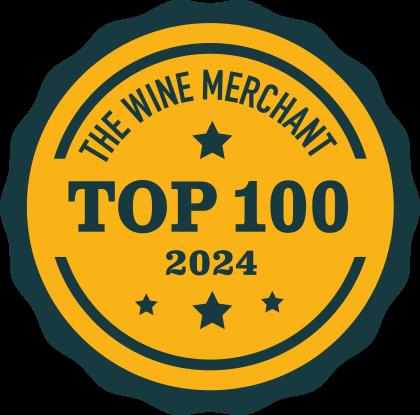
Independent merchants sell the best wines in the country.
If yours are among them, make sure they're tasted by our judges in The Wine Merchant Top 100.
Email claire@winemerchantmag.com

customers we could do without
TCA contamination levels are down to an estimated 5% ... and that figure is falling.
In other words: cork is ruining fewer bottles of wine than it used to.
So let's stop complaining – and celebrate a real success story for our industry.
ISSUED BY THE WINE MARKETING BOARD
Supplier of wine boxes and literature

… and basically, the guy was saying, forget Italian wines altogether, you’re much better off sticking with Chilean ones … and always choose the fifth wine down on any wine list ‘cos it’ll be the best, every time … it’s a really good podcast and he really knows his stuff … it’s Adey something, or Josh something, and it’s called Grab the Grapes or maybe it’s The Grape Grappler, something along those lines, I’ll send you the link … he and his mates try all these wines and it’s just hilarious because sometimes the really expensive ones are nowhere near as good as the cheapo ones, so like there was this £3.99 Bulgarian Champagne and they said it was a much better bet than most of the French Champagne you can find and they don’t add any of the chemicals … they have loads of interesting facts too, stuff that I certainly never knew, like some wines taste much better if you add salt, and you can hang a silver spoon in the neck of a white wine bottle and it makes it go fizzy … it’s called The Grape Grabber or Grape Expectations or The Grape Pretender or The Grape Exhibition of 1851, something like that … I’ll send you the link …
• 12 Bottle carrier box with dividers
• 6 Bottle carrier box with dividers
• 12 Bottle mailing box with dividers
• 6 Bottle mailing box with dividers
• 4 Bottle mailing box with dividers
• 3 Bottle mailing box with dividers
• 1 Bottle mailing box with dividers
01323 728338
• sales@eastprint.co.uk
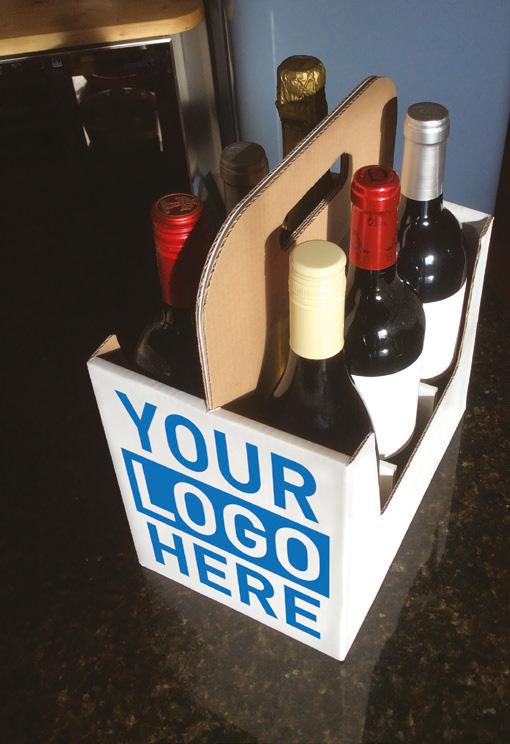
• www.eastprint.co.uk
1. In which French wine region would you find a cru called L’Homme Mort?
2. Which two men founded Opus One in California in 1978?
3. What yeast is blamed for a Band-Aid smell in wine?
4. Outside of Europe, in which country could you find local wines legally labelled as (a) Rioja and (b) Prosecco?
5. What’s the unique selling point of the “wines” sold as Tailwagger Creek and Barker Bay?
Answers on page 60
As operations director at The Wine Company, Mark Cronshaw relies on the packaging solutions from WBC to ensure the wines sold through the company’s retail brands, Mr Wheeler and From Vineyards Direct, arrive safely.
“I’m interested in finding the most cost-effective way of getting wine from A to B, while minimising breakages and making sure it looks the part,” says Mark. “I think WBC are interested in finding solutions that really work. They’re very proactive and actually developed a product alongside us.”
Responding to the needs of its Colchester-based client, WBC designed bespoke outer cartons.
“For Mr Wheeler, we have one, two, three, six and 12-bottle outers that are all branded,” Mark explains. “The sixes and 12s are double-walled mail order cartons that we repack a lot of orders into and send them out. They’re really nice and strong and rigid.
“The ones, twos and threes are the outers that we use for wooden boxes, but with a sort of inner amendment. It’s called a fitment, which is basically a bit of cardboard at the top and bottom, and a honeycomb sleeve that goes over the top of bottles.
“When we’re packing individual bottles, or two bottles, or three bottles, we’ll use those fitments inside to keep them secure while they’re travelling through the mail order system.
“They work brilliantly well; it’s a great product. We also have the six and 12-bottle mail order cartons for From Vineyards Direct and we also get those branded, which we find really useful.”
Mark points out that “warehousing is increasingly expensive, and packaging can take up an awful lot of space”. So, he says, “finding an innovative product that

“I’m interested in finding the most cost-effective way of getting wine from A to B, while minimising breakages and making sure it looks the part”
can be used for wooden boxes, laminated boxes, and be adapted for wine without gift packaging was really important to us, rather than having lots of separate SKUs”.
The Wine Company operates a plasticfree warehouse, so Mark is also a big fan of WBC’s branded tape. “We don’t buy bubble wrap or anything like that,” he says. “The recyclable packaging and the wooden packaging from WBC is responsibly sourced, and we use their tape on all our boxes. I guess you’d call it paper tape, so as a material that is a lot more expensive. But we feel it’s worth doing.”
Beyond the protective packaging, WBC has a wide range of gift bags and boxes, all of which can be branded.
“We use a lot of wooden gift packaging,”
Mark adds. “It presents really well and it’s pretty cost effective. We will order regularly smallish drops of single ones, twos, magnums, six-bottle boxes etc from their wooden gift box range, as and when we need them.
“We also use different-sized gift bags and various other supplementary products from WBC. They’re really useful for seasonal promotions and things in the shop. It’s good to have them in stock if people need a gift package.”
In association with WBC
wbc.co.uk


Norman Gover
The Little Tipple, Bristol
Favourite wine on my list
I used to buy the exquisite Louis Jadot Puligny-Montrachet 1er Cru Les Referts each year, but sadly they are getting rather expensive and I have missed the last couple of vintages. Fortunately I still have a dozen or so bottles left that I occasionally sell or more likely share with special mates.
Favourite wine and food match
I was looking for a poor man’s alternative to Burgundy and I found an immaculate Two Paddocks Pinot Noir from New Zealand, perfect with the Christmas Day ginpheastridge (guinea fowl, pheasant, and partridge three-bird roast).
Favourite wine trip
South America in 1997. We tasted magnificent Malbec and consumed the best meat, cooked over fires, while seated at linen-draped tables amongst the vines in Argentina. We flew between vineyards in Uruguay in the president’s plane and rode horses, accompanied by skilled gaucho guides, up into the Andes.
Favourite wine trade person
Christopher Fielden has been incredibly kind to me since I met him in 1990. He is very generous with his time (and cellar) and is always keen to share his knowledge of Burgundy.
Favourite wine shop
Hedonism Wines in Mayfair. Their range of awesome wines is unrivalled.
More than 800 people have signed a petition in an attempt to stop a town’s 24-hour gym being turned into another Majestic Wine store.
Gym-goers and supporters of Anytime Fitness in Penarth, which reportedly has more than 1,000 members, said they have “deep concern and shared dismay regarding the potential closure of our gym and proposed change of use”.
There is already a Majestic at Cardiff Bay, a short drive from the gym. But at a meeting earlier this month Penarth Town Council backed the change of use proposal. The Vale of Glamorgan Council confirmed the plans have now gone out for public consultation.
Wales Online, February 24
Legendary London restaurant Le Gavroche has put superstar wines and memorabilia up for auction at Christie’s after permanently closing its doors.
Le Gavroche completed its final service for the public on January 13 after 57 years in the heart of London’s Mayfair.
“The cellar at Le Gavroche has been lovingly curated over decades,” said Michel Roux Jr, who has run the establishment since 1991.

Specific lots so far confirmed by Christie’s include Romanée-Conti Grand Cru 2013, Salon Le Mesnil 2002, Domaine Comte Georges de Vogüé Vielles Vignes, Musigny Grand Cru 2010 and Domaine Bonneau du Martray Corton-Charlemagne Grand Cru 2017.
Decanter, February 19

According to figures from retail analyst Kantar, supermarket sales of alcohol rose 18% in February, compared with the previous month.
The figures also show that consumers bought 28% more wine and 16% more beer. There were also 8 million more bottles of red wine sold in February than in January.
The Standard, February 27
China is on track to lift tariffs of up to 200% on Australian wine at the end of March after trade minister Don Farrell met with his Chinese counterpart Wang Wentao.
The two ministers held a meeting on the sidelines of a World Trade Organisation conference in Abu Dhabi.
ABC, February 27
A winery and hotel proposal has been put forward for a small Kent village.
Wine firm Wildshark Vineyard submitted plans for the development at Mount Farm in Harrietsham to Maidstone Borough Council in January.
The company, which describes itself as an “eco-friendly sustainable vineyard”, has been growing grapes at the site off Greenway Forstal Lane for two years.
Kent Live, February 22
George Clooney has already had success in the drinks business. His partnership with Nespresso has earned well over eight figures for him and he sold his Casamigos tequila brand to Diageo in 2017 in a deal worth up to $1bn.
Now, Clooney and his wife Amal are expected to release their first wines this spring: a white and a rosé produced at their Domaine du Canadel in Brignoles by Laurence Berlemont, who also worked with Brad Pitt and Angelina Jolie at Miraval.
Wine Spectator, February 27
A project to improve frost management in UK vineyards has received £300,000 from the Department for Environment, Food & Rural Affairs.
The two-year project, which is being delivered by Innovate UK, will use sensors installed across a number of vineyards to assess the risk of frost in real time, with an app delivering frost alerts to winegrowers.
The Drinks Business, February 28
Agrovin, a Spanish biotech supplier, has launched a vegan, organic and allergenfree fining agent.
Clarifine Proyeast can be used to produce organic wines according to European and NOP regulations. It extracts a yeast protein from the strain Saccharomyces cerevisiae to develop the product. With a molecular weight of more than 15 KDa, it is said to offer a higher absorption degree.
Vegconomist, February 27

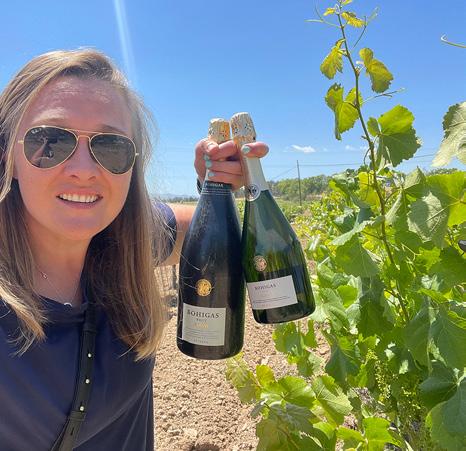

�I am very particular about our stock room. We have systems in place which monitor stock levels and predict orders based on seasonal cycles. We order based on triggers of lead times and orders placed with the business. Systems have been set up and are monitored so anyone can place an order in the business at any time and not go far wrong. Through regular stock taking, split via department, I would be confident to say our stocks are 99% accurate.”
Sarah Hattersley Hattersley Wines, Bakewell, Derbyshire
�It’s pretty organised, apart from when Christmas hits or when we have a big order. We carry out a monthly stock take which helps to keep it all in line. We have different areas for different categories of stock: wine, beer, cider and spirits. That way it’s easily discovered if we’ve just ran out of tequila.”
Simon Bowden Palmer Street Bottle, Frome




�Here is a description of our stock room for a new member of staff: ‘Over here is an area we use for empty branded boxes that we forgot to give to customers. This is ‘jolly corner’, which keeps safe all the Christmas materials including the funny hat I wear for four minutes on December 1. Dust behaves differently in this part of the universe, so don’t expect to finish removing anything from here quickly. Anywhere not used as a path is available for putting down boxes of wines. Also, the path can be used for putting down boxes of wines.”
Chris White H Champagne winner H Reno Refills, Wymondham, Norfolk
�We are in a great position to have a large stock room, but that’s where the advantage ends. When we first opened, we installed racking and we had a plan to be organised. But you have to go down a flight of stairs to get to it, and after a while you are so exhausted that you end up dumping cases everywhere. It’s totally dysfunctional. Stock goes missing only to be found weeks later, buried. Great for the weekly workout though.”
Simon Luscombe Quay Wines, Kingsbridge, DevonChampagne Gosset
The oldest wine house in Champagne: Äy 1584



dominic is the eastern england account manager for walker & Wodehouse
I joined what was known as the agency team of Bibendum in 2006 and worked in sales support for a year before moving over to sales. I started off working on the London side of the business, but I was lucky enough that my territory could be changed to accommodate my move to Lincolnshire when my daughter was born about eight years ago. My patch is eastern England, sort of the A1 corridor and then I stretch into Leicestershire and bits of Nottinghamshire, as well as retaining a couple of accounts in London.
My first job in the wine industry was with Berry Bros, so that was a rather nice starting point. I worked in one of their retail shops at Heathrow. I loved the buzz of working in an airport, it was great fun. I got to know a lot of regular customers coming through, and although it was primarily gifting, it was a quite knowledgeable customer base with lots of collectors after certain wines. I remember one customer in particular, who popped his empty suitcase on the counter said to pretty much fill it. I put in Haut-
Brion, Château Palmer, Mouton Rothschild – all the good stuff, and he paid in cash.
It was really my father’s interest in wine that set me on this path. We had many a family holiday traipsing around vineyards. He used to buy his wine through a traditional merchant and he would take the labels off the wine bottles and stick them to the ceiling, so we ended up with an amazing collage of wine labels up in the loft space. It was amazing.
Vilosell is a blend of Tempranillo, Syrah and Garnacha. It’s a beautiful wine; soft and round, full of blackberries and dark fruit.

I’ve always loved languages and travelling the world, and wine fits quite nicely into that. I once spent three months working a vintage in New Zealand for Mud House in Marlborough, after which I went island hopping in Tonga. I took the opportunity to travel around Argentina and Chile before starting at Bibendum, and I worked at Bodegas Weinert for a couple of weeks during that time.
I’m always keen to talk to independents about one of our German producers, Peth-Wetz, from Rheinhessen. The wines really deliver on price and value. There’s a wonderful texture to them, and they’re full of fruit. They have a delicious Riesling in the range and a Grauer Burgunder, which is a Pinot Gris. It’s not often the region that you’d call upon for Pinot Gris, but it’s really good.

Another gem from our portfolio is a producer called Tomàs Cusiné and a wine called Vilosell. It’s from the relatively unknown Costers del Segre region in northern Spain. They specialise in multi-blending, and their
If I could choose any wine to drink right now, it would be Catena Malbec Argentino. It’s really fresh in my mind because I was out with the representative from Catena recently and we were showing this particular one, which is one of the producer’s top single-vineyard wines. It retails at about £80 a bottle: it’s an incredible wine, and the label is beautiful too.
When I’m working from home, I often sit at my desk and watch the Red Arrows going over my head. They’re based out of Waddington now, which is about 15 minutes from where we live, so I get to see them practice their displays. We’ve got five chickens that like to spend their days under my daughter’s tree house. We’ve also got a dog, a little field spaniel. She’s pretty bonkers, energetic, but very sweet.
Her name is Tia, which is actually Greek for princess, but she doesn’t really behave like one.


Only here for the bere: in praise of a rare grain that’s a surprising match for wine
Grape and grain! I love to mix them. I’m not talking about wine preceded or succeeded by beer and spirits. I studied that particular formula in my youth, and learned my lesson. Most of the time I remember it.
No, I’m talking about a rare grain called bere, which is grown here in Orkney, and in a few scattered patches elsewhere in the Highlands. Bere, pronounced “bear”, is a primitive form of barley. In Neolithic times, it was grown all across the British Isles. Gradually, sturdier and more productive strains took over. However, bere turned out to be very well adapted to life in Orkney: it doesn’t mind a bit of salinity when sea winds carry spray inland, it’s resistant to scald, a common fungal disease, and best of all it has a short growing season – 90 days in a good year. That means it can shoot up from sowing to harvest over the lightflooded but brief northern summer.
So there’s been an unbroken tradition here of growing and milling bere, where elsewhere a few crofters and research scientists are its only friends. To this day, the single mill grinding and selling it commercially is the Barony Mill in Birsay,
Beremeal crackers have a subtle flavour that won’t interfere with what’s in your glass, whether Picpoul or Pinot Noir
on Orkney’s north west corner.
Actually, it does have another small group of friends: distillers. Historically, much whisky was made with bere, but for the past century there have only been occasional experiments. The one distillery to release a bere whisky with any frequency has been Bruichladdich, which is currently offering a 10-year-old, made in 2013. The list of Orkney beregrowing farms on the label is like a line of poetry: Weyland, Westermill, Watersfield, Muddisdale, Northfield, Quoyberstane.
Beremeal, the coarse flour ground at Barony Mill, is dark brown in colour, with a nutty, earthy flavour. It’s high in protein, but low in gluten and starch. This makes it unsuitable for bread: it doesn’t have the structure to rise and hold a loaf shape, though you can mix a handful into your wheat dough if you want a hint of bere flavour. What it’s excellent for is the bannock: a circular flat bread, three centimetres thick at most, made by mixing your flour of choice with bicarbonate of soda and buttermilk, and cooking for just a few minutes on a girdle. (Not a typo.)
cheese, or rhubarb jam. Sad to say, it’s not a great bread to have with wine; the soft texture crumbles into a palate-coating clagginess in the mouth. Fine if you have a draught of ale to wash it down, but not a delicate sip of Chambertin.
Three cheers, then, for the bold bakers of one of Orkney’s small northern isles. The Westray Bakehouse have launched a new product to complement their traditional oatcakes and shortbread: beremeal crackers. These, I can tell you, are the best vehicles I’ve ever found for the carriage and delivery of cheese of all kinds. Their texture is firm but not brittle like some sourdough crackers, which break into dangerous shards in the mouth. Their flavour is almost neutral, with just a subtle nuttiness, thus avoiding the cardinal sin of so many fruit, herb and chilli-flavoured biscuits, which interfere with the star attraction, the cheese.
They work much better as a cheese biscuit, in my view, than oatcakes. Oatcakes are made throughout Scotland, and widely exported. (Stockan’s from Stromness are excellent.) Many restaurants offer oatcakes with their cheeseboards, but for me the rough texture and assertive flavour of the oats, while acceptable with a strong cheddar, ruins more delicate cheeses like Ragstone or Baron Bigod. Oatcakes are no great friend to wine either: their assertive texture and flavour fight with fine wine just as they do with
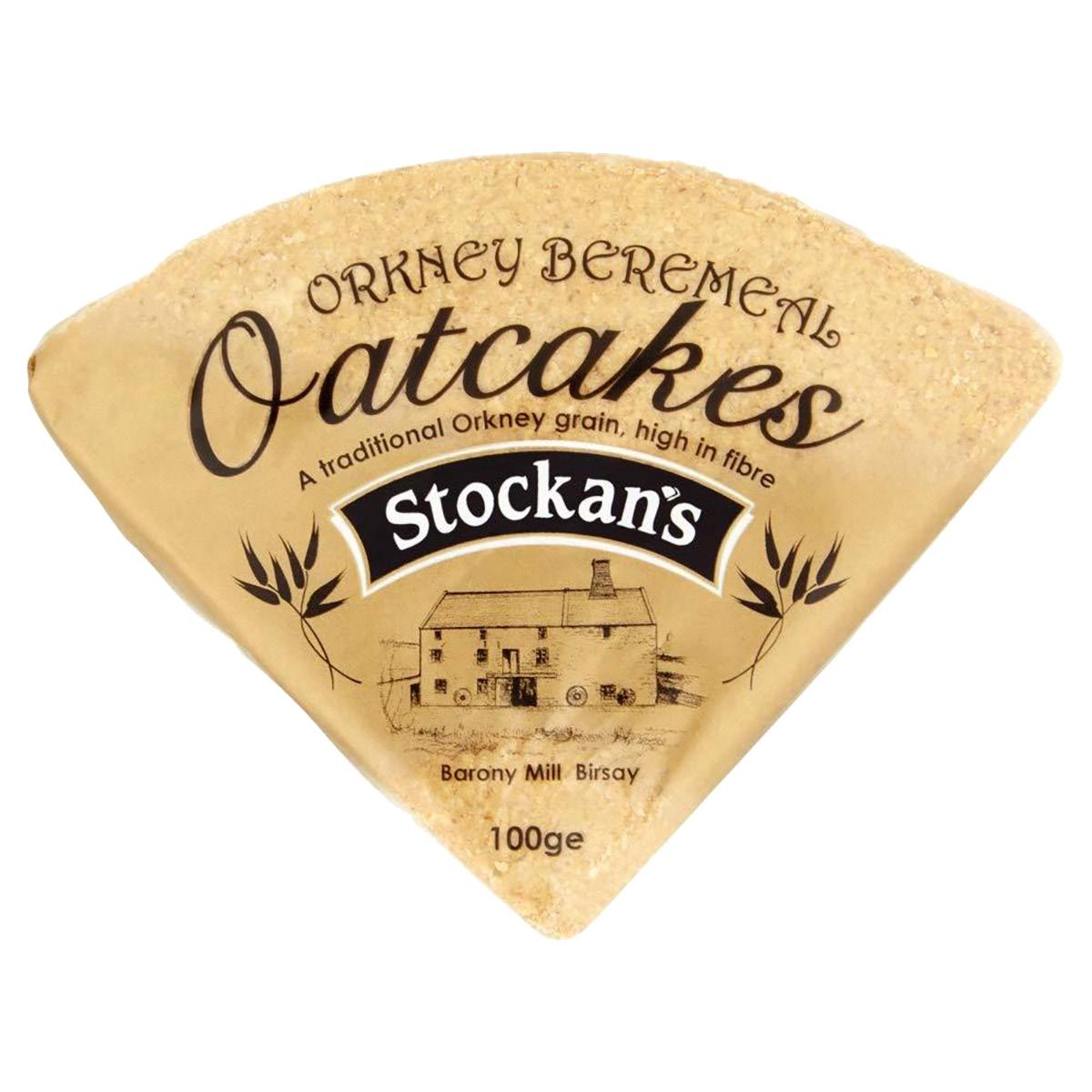
But beremeal crackers interact as perfectly with wine as they do with cheese. They have none of the palateprickling alkali of a bannock or soda farl; none of the acidity of a too-sour sourdough. Their flavour is subtle and won’t interfere with what’s in your glass, whether Picpoul or Pinot Noir. And they have a pleasant flakiness when chewed, which doesn’t linger to clog up the palate.
Good wine and beremeal crackers: it’s a match made in Orkney!
The end result is a delicious soft, nutty bread, ideal cut into wedges which in turn are split in two and laden with butter,
Duncan McLean is proprietor of Kirkness & Gorie, Kirkwall

Independent wine merchants achieved sales of £733m last year, according to our reader survey – up from £677.8m in our 2023 study.
That works out at an average of £718,668 per shop, though if we look at the median average in this year’s poll –
smoothing out some of the much higher turnovers achieved by bigger independent players – the figure per business is nearer £500,000.
We had a record response to this year’s survey, which was once again sponsored by Hatch Mansfield, with some questions
receiving more than 200 responses from independent wine merchants. The first part of our analysis begins overleaf and will continue in April.
The good news is that confidence, and revenue, are up. But don’t forget, so is inflation
Dare we hope that the worst is behind us? About half of independents saw their sales rise over the past 12 months, a big jump on what we recorded in last year’s survey.
The proportion of merchants reporting a fall in sales has also decreased fairly markedly, as the graph opposite illustrates.
These are grounds for optimism, a commodity that’s in greater supply than it was a year ago. Let’s not get carried away: this is a trade that still has the jitters. But the proportion of indies who say they are either very or fairly optimistic about their prospects for the coming year has increased. Indeed six out of 10 respondents in our survey are hopeful of better things this year, with only around one in 10 expressing pessimism.
Soaring inflation can mean that even a leap in revenue really represents standing still. But many merchants would settle for that, given ongoing economic turbulence.
“During last year we had a huge increase in duty and some broad supplier base fluctuations. By the very nature of this, sales prices have increased substantially. If most business don’t see an increase in their sales then I would be sincerely worried.”
John Chapman, The Oxford Wine Company
“In terms of takings, 2023 was down 6% on 2022, but footfall was up 10%. So in Market Harborough, the cost of living crisis seems to have hit.”
Duncan Murray, Duncan Murray Wines, Market Harborough
“Turnover has to go up by 5% to 10% because wine prices have gone up by at least that. If it doesn’t, we may have a problem.”
Ashton McCobb, Appellation Wines, Edinburgh

“There seems to be no let-up in the cost-of-living crisis and little talk of optimism regarding the economic outlook over the next 12 months. A change of government may help –we’ll see.”
Mark Stephenson (left), Grape & Grain, Morpeth
“All of our customers have fewer pounds in their pockets, and although they will always drink and will always buy wine, the ongoing trend is that people are spending less – particularly corporate customers.”
Marc Hough, Cork of the North, Manchester
“I think this year will be even more of a challenge for all retail. We will all need to think outside the box more than ever if we are to survive.”
Melina Cucchiara, Moreton Wine Merchants, Moreton-in-Marsh, Gloucs
“While I say I’m fairly optimistic that sales will grow, this is really just a battle to keep up with the high inflation we’ve seen with duty hikes etc.”
Oliver Gauntlett, Eynsham Cellars, Oxfordshire
“It’s going to be a tough year. If you have a large wholesale element to your business then I think this will struggle to grow, given the challenges hospitality is facing. I’m not expecting to find many new accounts. I am expecting any growth I get to come from the retail side. With mortgage rates and energy prices set to reduce, it may free up a few extra pennies for customers.”
Ray Nicholls, Ripponden Wine Company, West Yorkshire
“It’s a really hard place to be at the moment. Supermarkets seem to be offering 25%-off deals more than ever.”
Based on 212 responses
Lucy Jackson, Wines by the Sea, Southsea, Hampshire
You can still get the wines you want –if you plan ahead, argue some merchants
“I feel more positive about the year ahead, compared to last year. But the last couple of years have taken their toll on consumer behaviour and business costs, particularly in the ontrade. It will be challenging to grow in a shrinking market. We are fortunate to be in a stable position, but I feel there are large areas of fragility in our sector which will lead to further change and consolidation. This of course will deliver both challenges and opportunities.”
MatthewHennings, Hennings Wine Merchants, West Sussex
“I think the quantity of bottles sold will go down but the price of those we do sell will be much higher, based on what happened to sales at Christmas. Those with disposable income (no mortgage/ no young children) are happy to spend it on something that is worth spending the extra money on as everything is now more expensive. It has to meet or exceed the customer’s expectations.”
Charlotte Dean, Wined Up Here, west London
Based on 192 responses
“I’m less worried than I would be if we didn’t also have an on-licence. Our by-the-glass list is a great boon for clearing lines that have come off promotion with suppliers. Fortunately, we have a great deal of flexibility and the ability to tailor our offering at short notice, though this comes at the cost of less stock depth. I think that events will continue to be well attended, but we will see a lot fewer purchases on the night at wine tastings.”
Nat Carpentier, Dalling & Co, Kings Langley, Herts
“I think this will be another flat year for retailers on the high street battling against online offers and disposal of surplus stock. If we are to gain more sales we will need to look into other avenues of business – wine subscription, more events, more tastings. But our customers are now fed up with too much choice and revert to the norm by sticking to what they know in bargains at the supermarkets.”
Scottish merchant
“Despite the duty and other price hikes in 2023, we have remained stable. Regulars still came in during Dry January and our February events (we hold a monthly wine tasting and a cheese club) sold out quickly. We work on changing ranges and bringing in new wines to suit the season and trends, plus we have live music sessions and vinyl to help boost the ‘lifestyle’ experience, and the town has a growing population of London escapees. Of course, a general election might rock the economy, but can it get worse?”
Steve Tattam, Winyl, Manningtree, Essex“We are getting back to the sales profile we enjoyed pre pandemic. It’s been slow going: everyone wanted six bottles for £40 then, and that was something anyone could do; the independents’ advantage was almost negated. Thankfully our missionary work seems to be bearing fruit again.”
Euan McNicoll, McNicoll & Cairnie, Dundee
“With an ever-growing events calendar, and lots of hard work behind the scenes to expand our trade listings, we’re hoping to continue to grow the business this year to wider audiences.”
Sadie Wilkins, Vineyards, Sherborne
“The current climate isn’t easy but we’re now into our sixth year and our customer base is still growing. We have some new houses and flats being built close to our shop which will hopefully help. We will continue to try to innovate in terms of the service and events that we offer. I think this is something we have to do in order to be successful.”
Kat Stead, Brigitte Bordeaux, Nottingham
“After a tricky little time, I am expecting a pick-up in sales this year. There’s only so long people can live like monks for. Drink less, and drink better is a bit of a cliché, but it seems to be the way to go.”
David Cushley, Feral Pig Wines, Pembrokeshire
“2023 may be a tricky year to follow. Our sales were absolutely fantastic and not really as we’d forecast, with cost of living, increased costs etc. But if our patterns over the last nine years are anything to go by then I’ve no reason to believe we can’t continue to increase sales.”
Bob McDonald, Salut Wines, ManchesterAfter the ups and downs of the Covid years, independent revenue streams are settling into a normal rhythm
Most independents know only too well that the days are long gone – if they ever existed – when they could simply open their doors and wait for customers to pile in.
This year’s survey shows that walk-in trade remains the most important element of the average indie’s business. It accounts for just over half of sales, but this is down significantly on where we were just before Covid, and a long way off the levels we recorded less than a decade ago, when around 70% of all independent trade took place at the till.
As the graph shows, it looks like things could be levelling off a little and a pattern is beginning to emerge in the way revenue
streams break down.
Wholesaling is seeing a continued recovery, with 16% of sales, but has not quite returned to pre-Covid levels. In fact in the 2015 survey, wholesaling accounted for 22% of indie turnover.
It’s perhaps a little disappointing to see drinking-in revenues continue to dip, given how much enthusiasm many indies have shown for this channel. But it’s likely that the modest decline simply reflects squeezed consumer spending, and a tendency among many consumers to entertain at home when money is tight.
Online sales have plateaued, in terms of their share of revenue, at just under 9%. This is more than twice what we recorded
in 2018, suggesting a long-term upward trend, complicated along the way by a Covid-generated spike. It remains to be seen if the figure can climb above 10% and remain at that sort of level.
Local deliveries (not included in the online figure) make up 6% of sales, no change on last year. Ticketed events, meanwhile, have slowly been growing in importance for independents, and now account for 4.3% of revenue.
How have your opening hours changed? (200 respondents)
70% about the same as a year ago 16% increased 14% decreased
Based on 197 responses
You can still get the wines you want –if you plan ahead, argue some merchants
The average price of a bottle of wine jumped overnight by 44p in August 2023, thanks to a duty rise.
But that wasn’t the only inflationary pressure faced by producers, importers and retailers. Costs have generally been spiralling upwards for lots of well-publicised reasons, many directly associated with the war in Ukraine and rising fuel prices. That’s before you factor in wine-related issues such as short harvests, and imbalances between supply and demand on some popular wines.
In the face of all of this, independents achieved a measly 8p a bottle increase on
Average still wine bottle price
Average
the average selling price of a bottle of still wine in the past year, compared to the 60p recorded in the 2023 survey.
It’s hard to interpret this as anything other than a backward step. And yet, it’s perfectly understandable. Many indies have been observing for a while now that once big-spending customers are trading down, and this seems to confirm their fears.
Average basket spend
Based on 189 responses
In difficult times, it’s perhaps a good idea to stick to what you know best, which may explain why wine dominates the graph more than ever before. This year’s figure of 77%, compared to 74% last time, is the highest yet recorded in the survey.
Spirits remain below the 10% mark for the second time in a row, down from 9.9% in the 2023 survey to a new low of 8.3%. Gin sales are not what they used to be for indies, and there’s unlikely to be a next-big-thing in the category that will emulate the success that gin enjoyed a few years ago.
Talking of new lows, beer is reduced to just 6.4% of independents’ turnover, continuing a downward trend that’s been visible across the past four years. Food items, meanwhile, are performing solidly, achieving a level consistent with recent surveys.
Based on 188 responses
The better news is that average basket spend is up by £1.18 to £53.38, though in the context of a 4% rise in the Consumer Prices Index in 2023, this increase of 2.3% is lagging behind inflation.
To help cope with this, indies continue to hold the line on margins – and indeed there’s evidence that these are increasing slightly for drink-in and wholesale sales.
Average margins
Based on 192 responses
How much of your turnover comes from these categories?
Based on 197 responses
Figures have been rounded
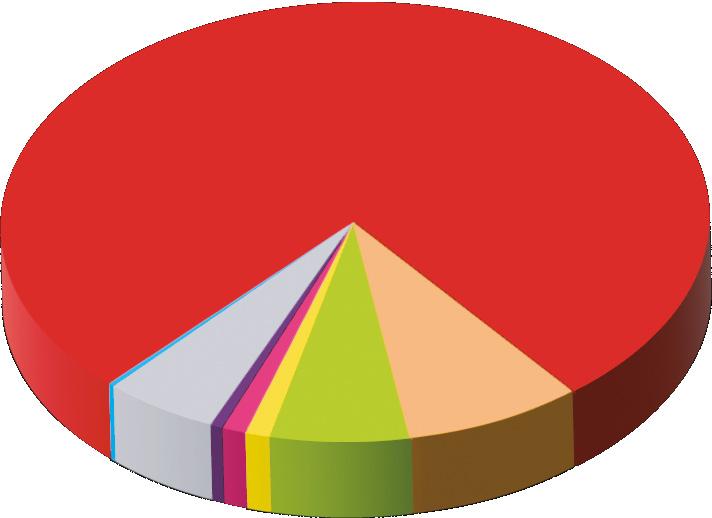
Congratulations to everyone who made the top 20 in this year’s league table of the independent trade’s favourite suppliers. Collectively, respondents nominated 130 businesses, so to emerge as one of the leaders is an achievement worth celebrating.
Regular observers of the survey will know that Boutinot and Liberty Wines always occupy first and second place respectively. This might seem like a foregone conclusion by now, but indies who work with these companies will testify that complacency is not in either’s DNA.
Boutinot-owned Moreno Wines is the highest new entry this year, with ABS, Daniel Lambert Wines, Graft and Delibo also back in the fold.
Some of the suppliers sitting outside the top 20 only missed the cut by one or two votes, so fine are the margins in this section of the table.
Based on 185 responses
Respondents were allowed up to three choices, all of which were unprompted and given equal weighting
Suppliers offer me good allocations of premium
Based on 190 responses
One quirk of this year’s survey is that, although we had almost exactly the same number of respondents as in 2023, we received 17 fewer supplier nominations. Satisfaction with suppliers, by most measures, is at a near-record high. So this apparent inconsistency may simply illustrate that indies have cut loose suppliers they consider to be inadequate.
There’s more encouraging news for suppliers this year, with 77% of independents saying they’re happy with the support they receive, down just a fraction from 78% last year.
The proportion saying their relationship with reps is good has increased from 81% to 84%.
The number of indies who are very likely to expand the roster of suppliers they work with in the coming year has halved, to 5%, though the proportion saying this scenario is fairly likely is unchanged at 29%.
Some merchants have said they are being excluded from allocations of premium lines, though our survey suggests only a small minority are affected. A bigger issue, for most, is the ability to source good wine that can be sold at a retail price below £15.
Our survey found broad satisfaction with independents’ supply base. But there was constructive criticism too
“A good line of credit and low minimum order will always appeal, especially if you are thinking of trying someone new. However, nothing compares to reliability and service. Poor service and supplier errors are the quickest way to make us want to work less with someone.”
Paul Auty, Ake & Humphris, Harrogate“Our relationship with suppliers is good. We are well looked after and mostly have access to the wines we want. But the pace of price increases through 2023 has been a little challenging to manage.”
Shane Slater, Sheldon’s Wine Cellars, Shipston-on-Stour“I was very disappointed with my suppliers in 2023, with a lack of innovation and the same old ranges. Many didn’t seem to understand the consequence of the price increases they were imposing. But I discovered a very dynamic movement of small suppliers in 2023, so this year I will be working mainly with small suppliers and just one or two large suppliers.”
South London merchant
“Most suppliers are excellent, friendly and try to help. To be honest there is no point in working with someone you don’t get on with. It all depends on the account managers, but luckily in my area they are pretty good.”
Bruce Evans, Grape & Grain, Crediton
“We really appreciate suppliers who keep in touch regularly. We also appreciate suppliers who look after us. One supplier offered us extended credit terms so we could put in a bigger order than usual pre the August duty increase. That kind of approach earns loyalty. We have a couple of suppliers we seem to trade with less and less. They never get in touch and unfortunately out of sight means out of mind.”


“Some reps are not interested in helping me develop my wine shop or in getting to know the business. I think some people are elitist and cliquey, helping out the bigger contracts and not smaller shops like mine.”
East Sussex merchant
“Some suppliers who I’ve worked with for many years are rarely in touch or arrange visits. These will continue to see a decline in business from me and will be replaced by a few new suppliers I work with who make a real effort. There aren’t many wines I stock that would keep me tied to a particular supplier if I felt my business was being taken for granted.”
Andrew Kinnersley, The Grape & The Good, Wells, Somerset
Jane Taylor,Dronfield
Wine World, Derbyshire“In the last 18 months we have had a bumpy ride with a few suppliers, usually brand owners, who have been sending lists, samples, etc. When we have come to place an order, we are told we are on pro forma or have a reduced credit limit, because we have not adhered to their payment terms! I quite accept this, but I do not accept receiving no prior notification. If we decide to proceed with the order we are offered nothing in the way of discount (not even a gesture!) for paying up front.”
Nick Underwood, Underwoods, Stratfordupon-Avon“There is a significant decrease in the amount of free samples available for marketing and staff training. We need a more dynamic approach.”
“Reps who have the skills to entertain a 30-person lunch, work the room and sell their wine are the ones I like most. When a rep visits it’s nice when they bring some wines to taste that suit our business rather than a random selection they have been asked to push. I don’t need to see a rep all the time, but I do like to think that they are reviewing what I’m buying and adding some thoughts occasionally.”

James Brown, The Wine Loft, Brixham
“Supplier price increases have been a major issue over the last two or three years, constraining sales and adding a significant overhead burden. I’m not confident that UK wine distributors have done enough to challenge excessive/inequitable increases pushed through by producers. Nor have they done enough to minimise the number of price increases within the same year. There is generally too much emphasis on product knowledge and not enough on business understanding and client handling.”
Alan Harding, Divine Fine Wines, Solihull“Suppliers are great when they check out your range before making an approach, and don’t turn up unannounced with samples. We have lots of great suppliers and they understand that getting their products listed is not about being pushy, it’s about understanding the shop they are attempting to build a relationship with and making suggestions of quality wines at price points which will work.”

North Yorkshire merchant
Leo Bruton-Simmonds (left), The Salusbury Winestore, west LondonHybrids, seen by many as the salvation of the independent trade, have lost momentum this year. But why?
Consider these words from Huddersfield merchant Rob Hoult.
Might they help explain why the momentum behind hybrids appears to have juddered to a halt?
“Wine shops are great, wine bars are great, in the same way that grocers are lovely and restaurants are dandy. But they are separate entities which require completely different staffing levels, locations and atmosphere,” he says.
“Just because it’s the same product, it doesn’t mean it works in the same space. I wouldn’t want to have my dinner in the veg aisle of Morrisons.
“Putting a few shelves of wine in a bar doesn’t make it a shop; it just adds in a take-home element. In the same way installing a bookshelf in a cafe doesn’t make it a book shop. It’s just a cafe with some books.”
A glance at this year’s survey data suggests that Hoult’s is by no means a lone voice. Four in 10 merchants have no
intention of serving wines for consumption on the premises. And the proportion which already operate as hybrids – a group that, not so long ago, looked destined to form a majority among indies – has marginally declined.
To be fair, some of the merchants who reject the hybrid model only do so because of licensing complications (especially in Scotland and Northern Ireland) or because their premises are too small to be adapted.
But there are other issues to factor in. “We do less and less on-premises sales,” admits one merchant on the south coast.
“The Enomatic machines we use are expensive to keep running, so we only load them by appointment for groups –therefore it’s less popular, since it needs to be booked and arranged in advance.
“We get much less waste this way and keep our energy bills down, but appreciate it’s not ideal for customers wanting to be spontaneous.
“Unfortunately, it’s just not as viable as it
Based on 191 responses
once was, with energy prices so high.”
A North Yorkshire merchant says onpremise sales created another problem. “Several customers said that it would be great to utilise our new outdoor space, so we got some outside furniture and offered the option of buying and drinking wine on site with a small corkage fee. We had one set of customers who came along and refused to pay corkage, so we knocked the whole idea on the head.”
Yet most of the comments we received in the survey talk about how operating as a blend of shop and bar have benefited the business, and in some cases saved it.
Sarah Truman, of Sarah’s Cellar in Battle, East Sussex, says: “We have been selling wine for consumption on the premises for the last three months of 2023 after moving to a larger space.
“Although it is still early days, and we are often quieter than we would like, overall it has had a significant impact on our business. It turned 2023 into a successful year and we are excited to see where this goes in 2024.”
Matt Thomas, of Vinoramica and Vino Tap in north London, says: “We reverted to an off-licence only model for one of our sites after Covid, but am glad that we have now returned to the original hybrid model.
“Having a bar, tasting room and focal area for the community has really helped in growing our business locally, which has always been our main focus.”
Kat Stead, of Brigitte Bordeaux in Nottingham, adds: “Really we need to offer the shop, the bar and events in order to stay viable – and we enjoy doing all three.”
Mike Boyne of BinTwo in Padstow has

Plucking
some words of warning for merchants planning to go down the hybrid route.
“Without on-sales, we probably wouldn’t still be in business,” he admits. “One thing to guard against is that the more you are perceived as a bar, the less you’re seen as a shop. Proportionally our bar sales have grown and our shop sales have shrunk. I don’t mind, but I guess a more ‘merchanty’ merchant could sit up one day and think, ‘shit … I now run a bloody wine bar!’”
Despite that, many respondents report than on-trade sales have boosted take-home trade.
Ripponden Wine Co in West Yorkshire introduced its tasting lounge just over a year ago.
“A small, targeted bythe-glass list is available,” says owner (pictured right).
“We invested in a Bermar to keep waste to a minimum and ensure quality. In recent months we teamed up with a local cheese supplier to
add to our offer.
“Opening hours are limited, which means there was no additional staffing required. By keeping the list focused and changing monthly, it helps us achieve exactly what we set out to do: drive additional bottle sales across the range.
“You could argue we monetise tasting, but it helps build trust with our customers and encourage sales in new areas.”
James Brown, of The Wine Loft in Brixham, says: “The hybrid model is a key and increasingly important part of our business. It allows customers to invest in our business, it helps them recommend us, it builds loyalty and it drives sales.
agrees that the on-premise offer is at the core of the business.
“It allows customers to taste a much wider range of the wines we have on offer,” she says.
“We have a list of two sparkling, two white and two red wines by the glass and carafe, which changes weekly.
“We have found that wines available to drink in convert well to sales to take away. It also provides us with extended trading into the evening, which would traditionally be quiet as a shop only – and we benefit from the margin boost of on-trade sales.”


“The wines we sell by the glass are frequently our best-selling wines for the week. It provides an obvious means to gently entertain and educate our customers and provides a contrast to Majestic, the wine clubs and The Stores in Frome
Winyl in Manningtree, Essex, takes the hybrid idea one step further by incorporating a record store within the premises.
“It gives us a unique proposition, and music is as important as wine, although we sell a lot more wine than records,” says owner Steve Tattam
“People want experience-led hybrid models now. You can just buy anything online, so what is the reason to venture into a premises?”
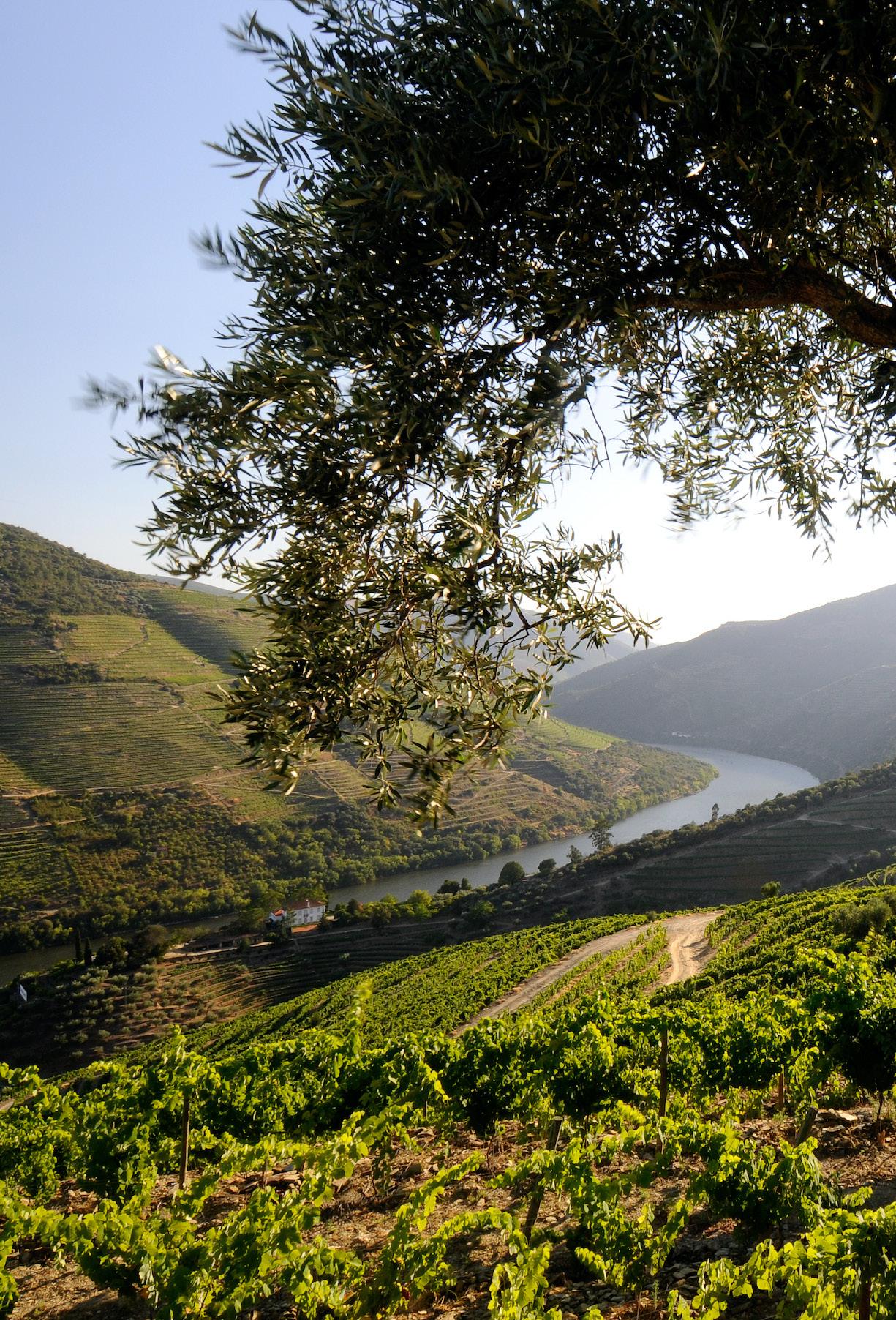
Portugal is back at the top of the league table of countries that independent wine merchants find most interesting, having been eclipsed in 2023, very marginally, by Italy.
Respondents were allowed unlimited choices, all of which were given equal weighting
Based on 217 responses
Based on 188 responses
Both countries increased their share of the vote this time, putting more daylight between themselves and the chasing pack. The combined entity of England & Wales saw its share of the vote leap from
As always, we’ve simplified the graph to combine respondents who described each of the three scenarios as either “very likely” or “fairly likely”.
We also asked about staff. 10% of respondents say they are very likely to take on additional employees in the coming year, with 28% saying this is fairly likely. None of our 186 respondents say that reducing staff numbers is very likely, and just 2% say it is fairly likely.
When we suggested the possibility of diversifying into new areas beyond drinks, 4% say this is very likely, while 8% say it is fairly likely.

31% to 39%, while Languedoc-Roussillon jumps from 27% to 36%. But it was a disappointing year for New Zealand, which drops out of the top 20 for the first time, despite making the top 10 in our second chart, which ranks countries in order of commercial importance.
Position (2023 in brackets)
Respondents were allowed up to three choices, all of which were given equal weighting
Votes
In this table, the top three achieve very similar results to last year, with the overall rankings not markedly different to 2023. % of respondents
Based on 215 responses
Based on 188 responses
It’s one of those glass half full/half empty graphs. It’s encouraging that, despite all the current challenges, more than half of indies are considering expanding the selection of wines that they offer. But that figure has fallen for the second year in a row, while the proportion of merchants mulling over a range reduction has hit 12%, a survey high.
To break those numbers down: 10% say it’s very likely that their ranges will grow, with 43% saying this scenario is fairly likely. 23% are still undecided.
Meanwhile, 2% say a range reduction is very likely, with 10% describing this as fairly likely.
Independents are getting even choosier about the type of tastings they’re prepared to travel to
Four in 10 independent merchants attended fewer trade tastings in 2023 than they did the previous year, our survey shows.
This poses rather an existential problem for suppliers and marketers. Tastings were once regarded as the centre of the wine trade’s universe. If merchants are losing their taste for these events, where exactly does this leave us?
The survey reveals that 16% of merchants attended far fewer tastings in 2023, with 25% attending slightly fewer. The proportion saying they attended about the same amount of tastings as they did in 2022 stands at 38%.
Then there are the outliers: 8% attended far more tastings, and 13% attended slightly more. So the waning enthusiasm for tastings is certainly not universal.
Indeed, as our chart below illustrates, it really depends on what we mean by “a trade tasting”.
Single-supplier events in London are more popular than they were a year ago, with the proportion of indies saying they are very keen on such tastings rising from 14% to 22%.
Overall, 57% of merchants seem to enjoy these events, making them the most popular type of trade gathering.
The next most popular type of tasting is an event held outside the capital, at which a group of like-minded suppliers showcase their wares. We found that 52% of respondents are enthusiastic about these tastings (pretty impressive, given that 25% of indies are London-based). Admittedly, it’s slipped from 61% a year ago, but the result will doubtless encourage the organisers of events like All Points North
and Northern Lights.
Generic tastings, which almost invariably take place in London, get a 42% approval rating, down from 50% last time. As last year, the proportion saying they are very keen on these events stands at 8%, but the fairly-keen vote is down from 42% to 34% and ambivalence is up six points to 37%.
“The big London single-supplier tastings are expensive to attend, tiring (including the travel) and timeconsuming. We don’t need to attend them every year. When we do go, we try to link several events together. Good supplier events on site are more likely to gain listings and sales on the day. Our best event secured 120 bottles at an average price of over £20, and the wines remained popular throughout the year. The supplier brought the winemaker, and that was key.”
James Brown, The Wine Loft, Brixham
“I’m continuing to be a bit fed up with trade tastings being focused on London. The increased cost of travelling and loss of a trading day means I only make the effort to get to those hosted by one or two important suppliers. I’m more minded to make an extra effort when the supplier has supported my business during the year. Otherwise they are most welcome to visit me or send samples.”
Andrew Kinnersley, The Grape & The Good, Wells, Somerset
“I still find it incredible that one can attend tradeonly tastings to discover that people are wearing aftershave or perfume. So annoying!”
Jim Dawson, The Jolly Vintner Too, Bournemouth


Based on 190 responses
“It’s much more expensive to visit London for tastings when you live in the north. There needs to be more going on outside London, and suppliers need to work directly with northern business and not via regional wholesalers, which significantly increases the prices and is ridiculous in this market.”
North Yorkshire merchant
“I have much more incentive to get to London for trade tastings if I can combine multiple single-supplier tastings in one day, or two consecutive days.”
Cornwall merchant
“I have been to a couple of truly pointless tastings in the past year but it’s nice to get out of the shop sometimes.”
Phoebe Weller, Valhalla’s Goat, Glasgow
“The problem with all tastings nowadays is not enough focus. A room with 300 wines is a very tricky task and whilst the practised palate can pick out some great wines, it doesn’t help with finding ‘the one’. Those wines which are absolute must-buys require a little more attention and I sort of miss the old days when reps would call by with a dozen wines to try, which was a great help for my teeny brain.
“Zoom tastings, whilst not ideal because of the technological time lag, at least tend to be much more focused in their approach, although they seem to be losing popularity. It also doesn’t help that, post Covid, I have a very erratic sense of smell which means that on the day I might not be able to smell anything.”

“While we are in the East Midlands, it’s much quicker to get to London than Birmingham by train so this is our preferred tasting town. I always prefer face-to-face tastings. It’s nice to see people and get out of the shop.”
Duncan Murray, Duncan Murray Wines, Market Harborough

Rob Hoult (right), Hoults, Huddersfield
“The more focused the tasting the better, especially if it is also more indepth and you come away feeling you have learnt something new or some breaking news or insider knowledge from the wine producer themselves. Going to tastings is also very uplifting as you meet people from all over the world who are putting a lot of effort into what they do, and the least we can do is pass on that passion to our customers.”

“It is getting easier for us to attend London events than those in Manchester, where many have their northern tastings. Our town has recently seen an increase in train services to the capital and cheaper fares. Along with that, flights to Heathrow from Newcastle are often well priced and the Elizabeth Line means you get into the city a lot quicker. Crosscountry travel in the north is a nightmare with an unreliable train service, and it is painfully slow – so much so that Manchester is no longer an option for us. Leeds or Edinburgh are far better locations and are well connected to many cities in the north.”
Mark Stephenson, Grape & Grain,
“The cost and unpredictability of travel mitigates against attending tasting events where a long journey is necessary. A couple of days in London is always a pleasure, but when there’s no guarantee of getting there in time for the start and no guarantee of getting home on time, as planned …”
“It’s a big cost in time and money to attend tastings in London, especially when the trains have been so unreliable in 2023 with strikes. You really need to make sure there’s a significant benefit in attending. There are very few tastings in Birmingham, which I find surprising as it’s smack in the middle of the country.”
Cheshire merchant
“Tastings are getting to be very expensive, coming from south Wales. Depending on timing it can mean an overnight stay or a very early start and late finish. Most of my suppliers are happy to provide samples of new wines we may be interested in, which we can then taste with the whole team rather than as an individual.”
Andrew Morris, Cheers, Swansea
“For a smaller or newer business it’s vital to be able to see enough of the wines and suppliers that are out there to choose your bespoke offering. When a business has been around the block or is a little larger, the resource one has to research and go out and find new wines and suppliers is greater. Thus the individual tastings are less practical: we would just target the wines we’re interested to taste at our own premises.”
Charlotte Dean, Wined Up Here, south west London
Euan McNicoll, McNicoll & Cairnie, Dundee
John Chapman, The Oxford Wine Company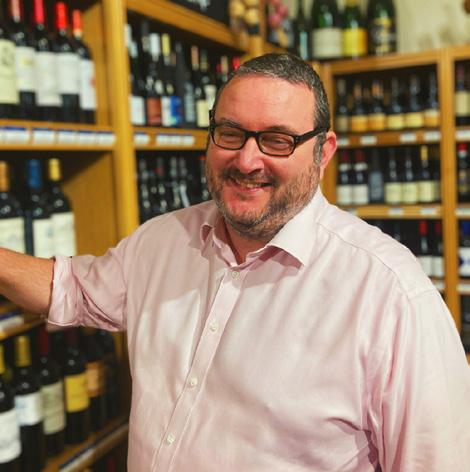



Have an e-commerce website
This is slightly up on 72.3% recorded in 2023 73.8%

Produce video content that they share online
Last year’s figure was 20.2% 21.5%
Have a website without e-commerce

Up from 17.6% last year 20.4% 76.4%
Regularly update an Instagram account
Down slightly from 80.9% in 2023

66%
Regularly update Facebook
This is slightly down on 68.1% recorded in 2023

4.7%
Regularly update TikTok
It’s the first time we’ve asked this question so there’s no 2023 data
Instagram, Facebook and X are less popular than they were a year ago
Almost all independent wine merchants use social media. In fact, if our survey figures are reliable, the figure stands at about 98%.
And yet indies are less enthusiastic about Instagram, Facebook and X than they were in our 2023 survey. In the case of X,
formerly known as Twitter, the number of merchants who say they regularly update a feed has fallen by a quarter.
Instagram continues to be the platform of choice, followed by Facebook. Both achieve slightly lower figures than we saw last year. It remains to be seen whether this
Sell online mainly to people in the local area
Last year’s figure was 30.3% 28.8%

A significant fall on the 21.3% recorded in 2024 15.2%
Regularly update an X feed

2.1%
Don’t use any form of social media
Up from 0.5% in 2023
Based on 191 responses
is the beginning of a slow decline, or – as seems more likely – it’s merely a sign that social media use has plateaued and more growth will be hard to come by.
TikTok, included in our survey questions for the first time, is one to watch, though it currently appeals to a small minority.
Indies remain cautious about dispense systems, but there’s enthusiasm for Christmas fairs
To be frank, very little has changed in this year’s chart, which runs through some of the extras that independents might be considering offering their customers.
Enthusiasm for Enomatics (the question also covers rival dispense systems) is slightly above where it stood last year. The proportion of merchants who currently offer draught wine has fallen slightly, but there’s been a modest increase in the number of indies who say they would consider introducing it.
When we ask about serving food on the premises, and offering some kind of wine education programme for customers, the responses are pretty similar to what we saw in the 2023 results.
For the first time, we ask if indies are likely to run an off-site Christmas fair this year. Almost a third already do this, and a similar proportion of respondents say they are thinking about joining them.
We’re not usually ill-mannered enough to discuss politics or religion with our readers. But we almost certainly find ourselves in an election year and so it seemed pertinent to see if voting intentions among independent wine merchants reflect the wider opinion polls.
So, do they? The truth is, it’s quite hard to say. Although, as our chart shows, Labour has a runaway lead among people who declare their voting preference, with a share of the poll that’s almost as big as the Tories, Greens and Lib Dems put together, 30% of respondents “prefer not to say” where their vote will go. If even two-thirds of this group are “shy Tories”, that would take the Conservatives into first place in our poll. But the party would still be short of an overall majority, even if all those undeclared votes were assigned to the Tories.
What extra services and activities are on the 2024 agenda?
How do you think you’ll vote if there’s an election in 2024?
30% prefer not to say; 4.7% won’t be voting; 3.7% say “other” Reform was a seventh suggested answer and received no votes
starting out in a covered shopping walkway in hitchin, the wee vinoteca has built enough momentum to open a second store, with more likely to follow
by NIGEL HUDDLESTONSome months ago, The Wine Merchant identified a correlation between the locations of independent wine shops and their counterparts in the book trade. In the Hertfordshire town of Hitchin, it was more a case of one or the other, however, when a defunct local bookshop was turned into the Wee Vinoteca by husband-and-wife team Duncan and Hannah Gammie.
The hybrid had a soft opening in November 2018 and a full one in February 2019, the couple bringing a wealth of experience in hospitality to the project, Duncan as sommelier in a Michelinstarred restaurant in Edinburgh, Hannah from the Cambridge hotel trade, working front-of-house and in events.
“There were lots of things we loved about hospitality,” says Duncan, “but there were some things we weren’t such big fans of. We wanted to find a way to condense it down and take the good
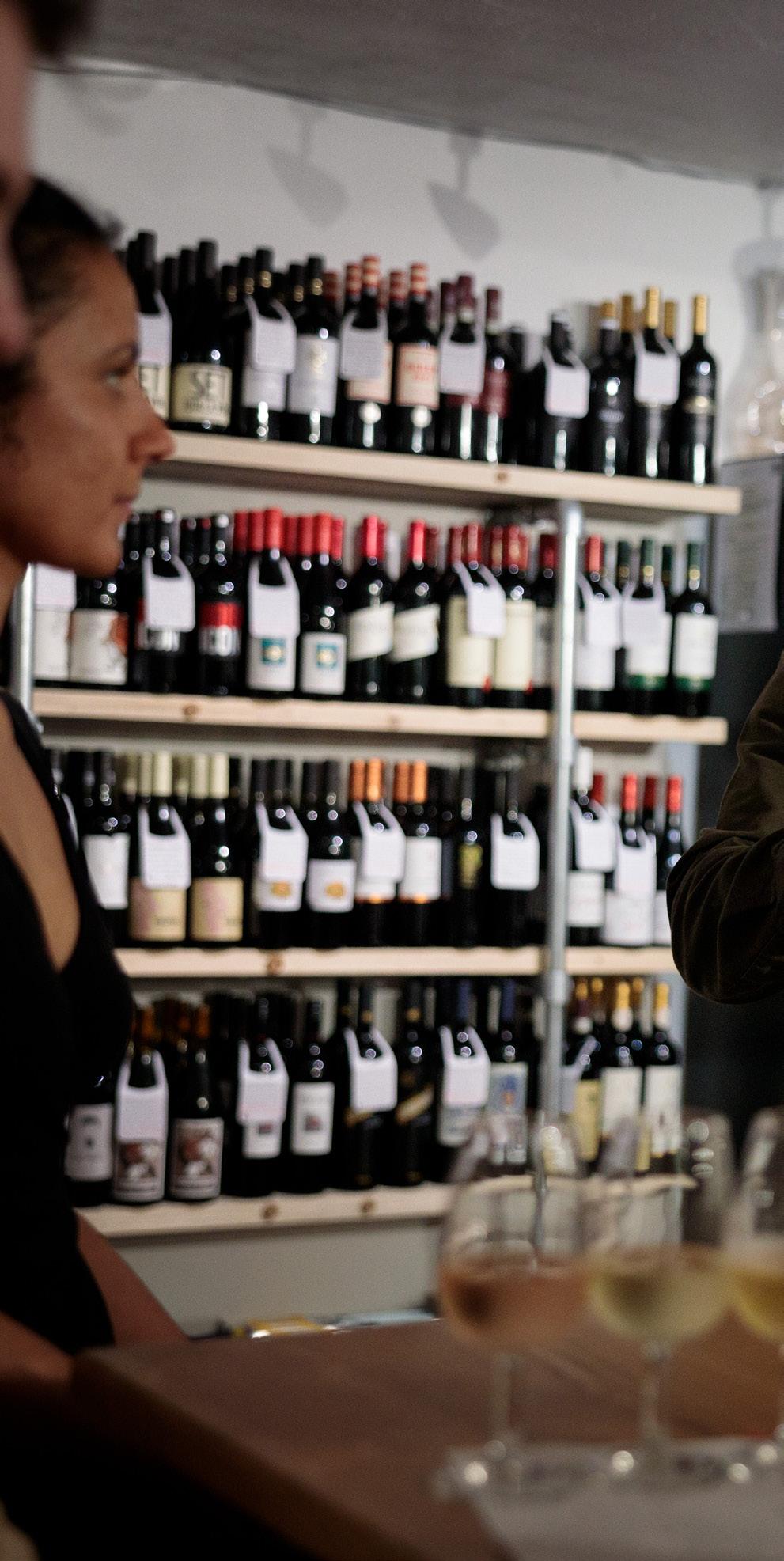
bits and remove all the unnecessary bits.”
One of those was long hours (“I was working 90hour weeks”). Another was the attitude of some of the people they’d worked under.
“We didn’t love difficult bosses, who didn’t care much about the customers or the staff,” he says.
“The thing we loved about hospitality was that generosity, warmth and making someone’s day. Working as a sommelier at Michelin-star level, when you get it right, you make a customer feel fantastic.
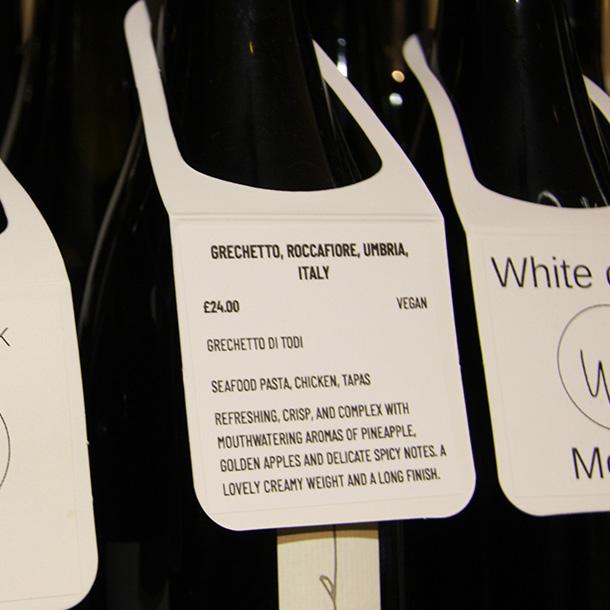
“That’s something we think about a lot here. We know our stuff but it’s about trying to exceed someone’s expectations. Wine shops can often give off a little bit of a daunting vibe, a bit snobby and unwelcoming. We try to be the opposite of that.”
The Hitchin shop is in a cute little arcade off the main town square – bookworms now have less than a minute’s walk to the nearest Waterstone’s – and
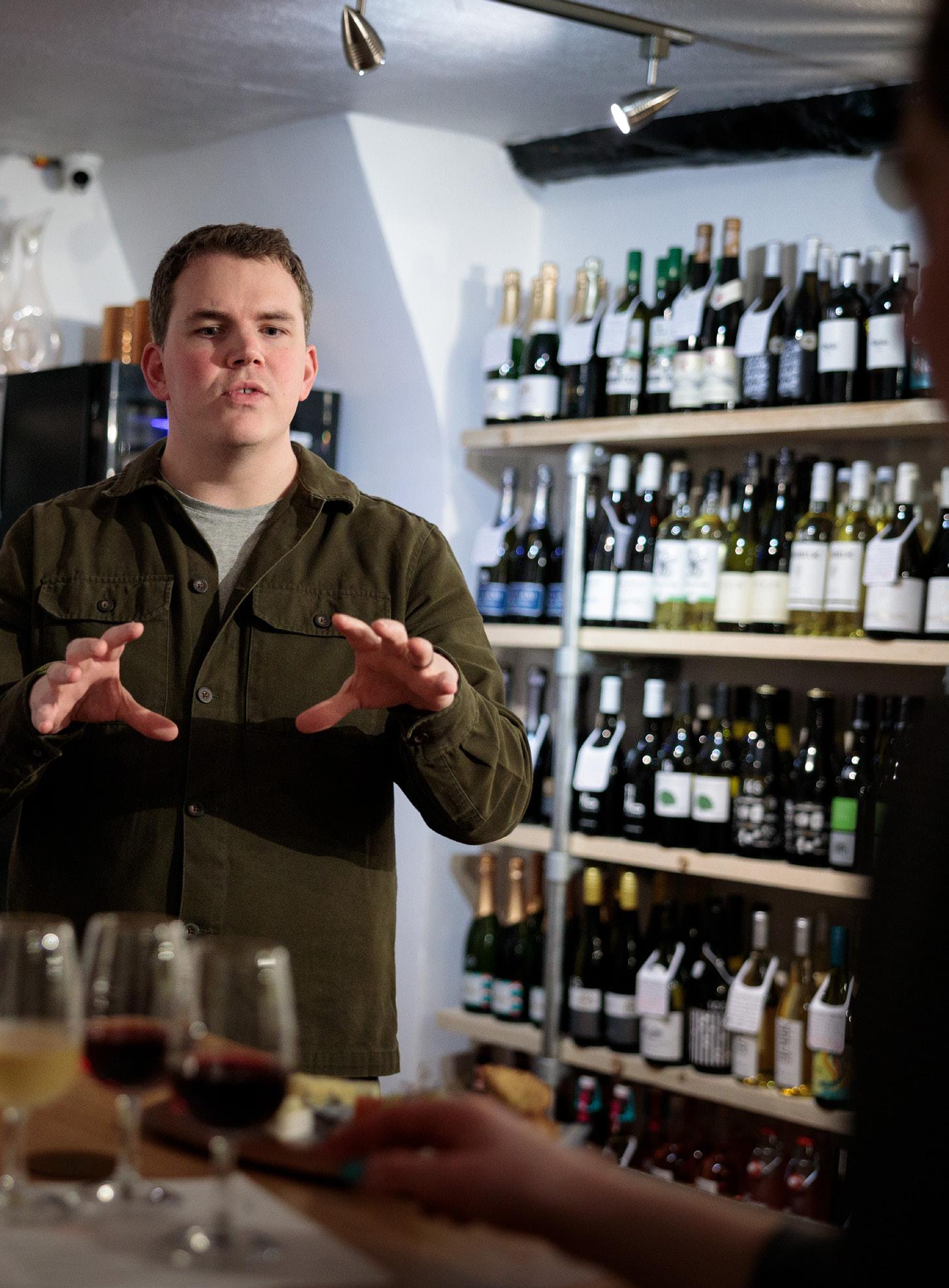
serves three-glass flights, wine by the glass and charcuterie and cheeseboards, alongside a small but precision-tooled range of bottles to take away.
“The arcade’s a nice place to be,” says Duncan, an architecture graduate. “We’re a stone’s throw from the town centre but we’ve got that smaller, quirkier vibe, which I like. It’s good to have this cosy space.”
A second site opened at Barton, near Cambridge, in early 2023, and operates closer to a straight retail model.
To date, The Wee Vinoteca has resisted the temptations of gin, rum or craft beer. “We’re unashamedly mad about wine,” Duncan says.
It’s an interesting place. About 10-15 years ago, when Google were building their headquarters outside King’s Cross, Hitchin was one of the places they recommended that people relocate to. As a
result, you have a really strong market of people who work in London and used to live there but have now moved out for a bit of work-life balance, a nice garden and a good bit of outdoor space. You can get to King’s Cross in 30 minutes.
A lot of our customer base used to live in London and got to experience the wealth of great wine bars, wine shops and restaurants there, and maybe miss that a little bit. Hitchin’s packed with independent restaurants and you could achieve your weekly food shop from small independent businesses. That’s kind of cool.
What was the wine scene here like before you came along?
There used to be a wine shop [Blue Otter] in the town centre. They were good but started at around £30 a bottle. We had this idea that a hybrid would work. Just as we were getting a little bit of research done we heard they were closing down, and basically within a couple of months it closed and we opened. We felt that there was a gap and if it wasn’t us filling it, someone else would.
What was the appeal of the location?
In a practical sense it was close to the town centre. We’re in a sweet spot of good foot traffic but with parking nearby. It’s also got this lovely quaintness. One of the things for us is to be welcoming, and it’s very easy to make older buildings with a bit of character feel homely and cosy. It was a near-perfect site for us.
For events we have a maximum of 20 people. It’s a lovely number: it’s big enough to get a bit of a buzz but it’s small enough that you can interact and have time with everyone. It’s like when you buy a house. There are practical reasons why it’s a good house but the main reason you end up buying it is because of something that happened in your heart rather than your head.
“It’s very easy to make older buildings with a bit of character feel homely and cosy. It was a near-perfect site for us”
How did you go about kitting it out?
We got some things from eBay and charity shops. The comfy chairs are very important for us. We’re debating whether to have fewer of the high bar stools, so we can bring in more comfy seating. One couple spent eight-and-a-half hours here. They came to an event and were enjoying themselves so much they didn’t feel they needed to leave.
How did you avoid becoming one of the daunting wine shops you were worried about?
One of the things we talk about a lot is this idea of less-but-better. We get a lot of feedback from people that they find the supermarket wine aisle daunting. There are scientific terms for it like “overchoice” and “the dichotomy of choice”. I tend to refer to it as the Netflix problem. When there are too many options it’s really difficult to make a decision, and there’s data that suggests you’re more likely to be unhappy with a decision you do make.
Our job is not to say, “here’s all the wine” but to act as a filter and say, “here’s some great wine and no matter how much you want to spend, or what you like, we have great wines for you”.
How do you assemble that range?
When we’re picking wines we think about it like a grid with a couple of options for price brackets against styles. We start filling it in and make sure we’ve got every base covered.
Within that we might have some classic options that people will recognise but we might have some really weird stuff that people haven’t tried before. It’s about having a less-but-better approach and changing it regularly to keep it nice and fresh.
What impact did the pandemic have on you?
We changed our opening times. We were doing last orders at 10.30pm previously, closing at 11pm. Typically it meant you got home by midnight. When Boris closed pubs at 10pm we barely noticed a difference in our takings. Now, if I’m working on a Friday, we do last orders at 9.30pm and we’re leaving at quarter past 10. Everyone gets to go home at a reasonable hour.
How did Barton come about?
We’d been having conversations about number two for a while. We knew it was something we wanted to do but we also knew from other people that we’d spoken to in hospitality that going from one to two is harder than going from two to three, or three to four. We also knew we didn’t want to jump at the first place that came along. We knew there would be a factor, something we couldn’t quite tangibly point to, that made us go “yeah, this is the place”. The location had been a wine shop for 20 years, and the guy was looking to quit. We shared a wine importer and he knew we were looking to expand, so he put us in touch.

How does the Cambridge shop differ from Hitchin?
It’s more retail-focused. It doesn’t have that town centre, drink-in element, so the logistics of running it are a bit more manageable, which was important in making that step from one to two.
It’s in a lovely wee village just on the outskirts where a farmer has turned his farm buildings into retail units. There are about 17 businesses there. Opposite us there’s a larder with the most amazing butcher and cheese counter. That’s a match made in heaven for us. There’s a lovely synergy, so we can do lots of events together. There’s a great café, a great florist. So, it’s very much a destination location. Our shops operate very differently. Hitchin is in the town centre and a bar. There’s a lot of foot traffic and the average customer has a glass or two and buys a bottle or two to go home. Cambridge is quieter but someone will come in and buy a couple of cases to fill up the boot of the car.
“When we’re picking wines we think about it like a grid with a couple of options for price brackets against styles. We start filling it in and make sure we’ve got every base covered”
There are some pretty big hitters in the independent wine retail trade in Cambridge. Was there a worry about going up against them? There is certainly more competition than in Hitchin, but that just shows that there’s definitely a demand for good wine in and around Cambridge. I accept that people are never going to buy exclusively from us. Cambridge Wine Merchants are fantastic and do loads of things really well. There are some things we do differently, and some people love that and some don’t. I think we’re adding something new
to the mix there. Cambridge Wine Merchants is a classic wine shop, like a library, wall-to-wall, floorto-ceiling, hundreds of bottles. Anyone who’s super into their wines and spent decades developing their knowledge could spend all day there and have a great time. But if you’re someone who’s just getting into wine you could feel a bit overwhelmed. A large part of our thing is about making people who walk into a space that could be intimidating feel relaxed.
Are you looking to open more stores?
We probably want to do three, and probably four or five, but it’s not a thing we want to rush into. You’ve got to find the right place and the right people. It’s finding places where people want to support a small local business and have a future interest in great food and drink.
What’s the drink-in to take-out split at Hitchin?
It’s pretty much 50-50. It changed during Covid. Before, it was probably 70-30 in favour of drinking in. Covid almost swapped that round entirely and it’s just sort of levelled out at a relatively equal split.
Did your architectural training influence the
“We arrange wines by style: light-bodied reds on one side, full-bodied on the other, for example”
shop design in any way?
Honestly, a large part of it was us being practical and just sticking to a budget. We didn’t want to be one of those places that spent hundreds of thousands kitting it out and the first three years trying to break even. We’d each worked in places that had things we loved about them. There may be less of the Michelin-star environment in how we designed this place but there were other places where we worked that had a real sense of comfort, warmth and welcoming homeliness. We wanted it to be clean, not too cluttered, which helps it appear a bit less daunting.
How big is your wine range?
We have probably less than 125 at any given time. The aim isn’t to grow that, it’s to try and stay there and substitute things every so often. We stock more reds than whites because that’s where demand lies. We arrange the wines by style: light-bodied reds on one side, full-bodied on the other, for example. If you come in and say you like big, hearty wines we can say, “that’s your section there and if you want help, great”.
Any countries stand out in that 125 or so?
Italy and France account for the lion’s share, but
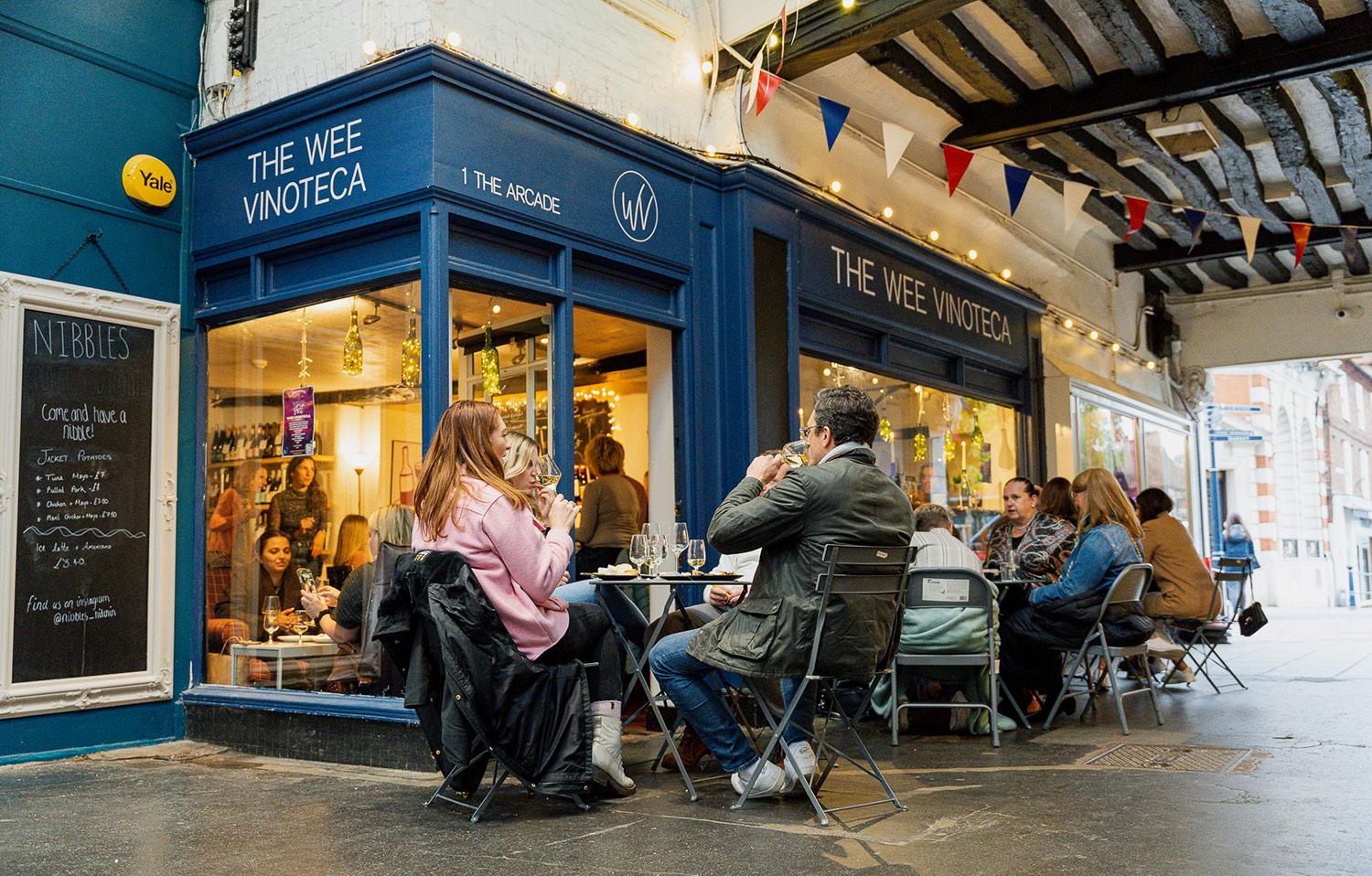
By-the-glass sales and in-store events are a crucial part of the Wee Vinoteca business model
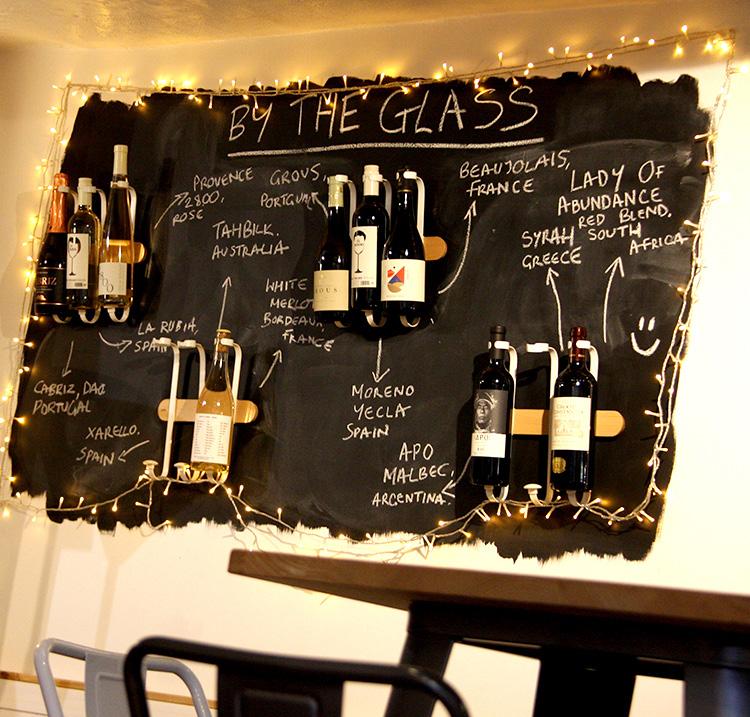

“When a new wine comes in, we’re quite excited, but when it’s time to say goodbye to it we’re also excited, because something excellent is waiting in the wings”

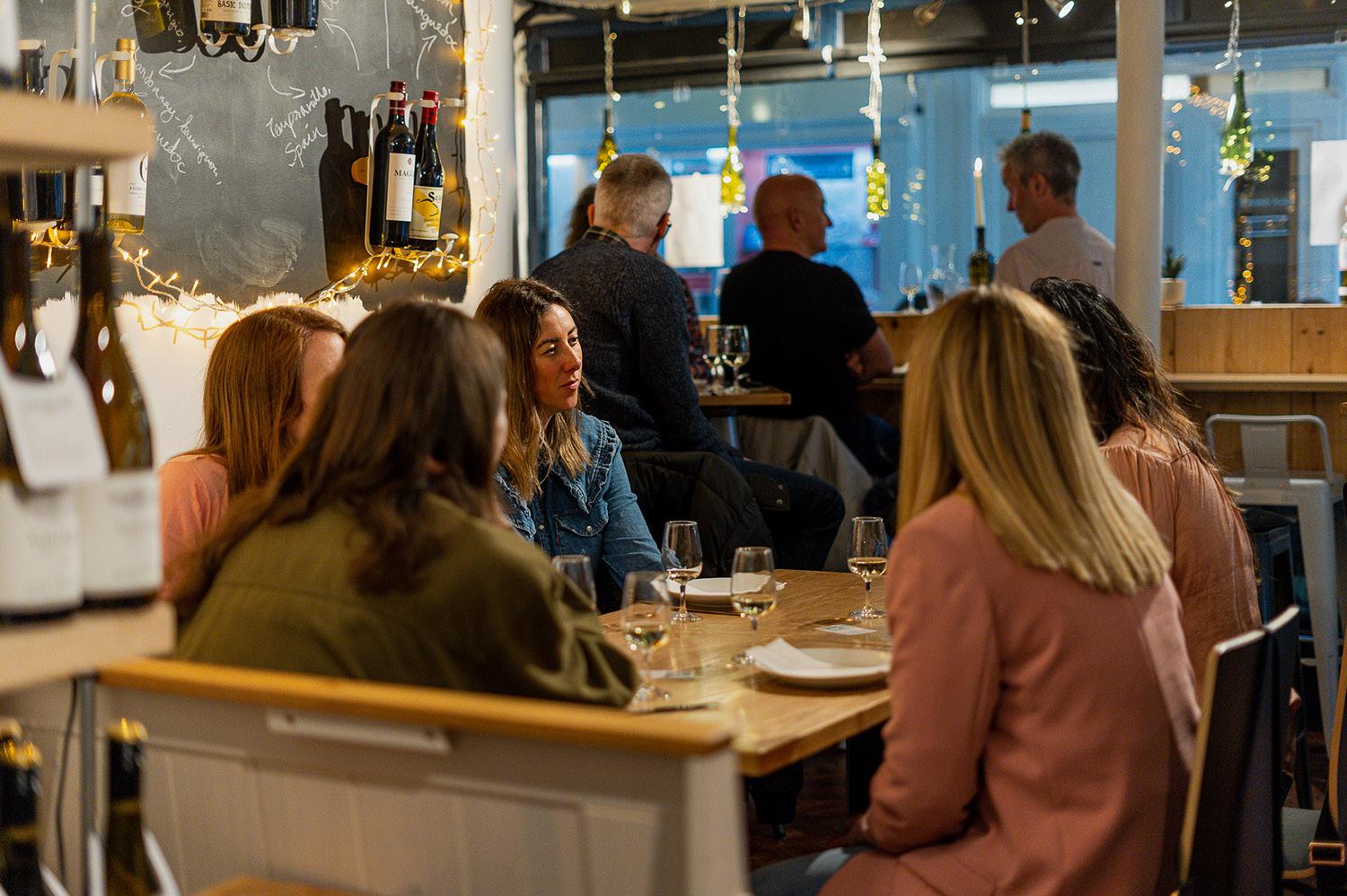
there’s also a big drive to introduce people to more unusual things. That could be a white Merlot from Bordeaux or it could be great wines from places like Portugal, Bulgaria, Greece or the Republic of North Macedonia. With this idea of the grid, there might be a classic Bordeaux but there might be something you’ve never heard of in the same place on the grid. It means we can have really fun conversations. We might have a classic Rioja but a Tempranillo from somewhere else in Spain if you want to be a bit adventurous – and you might get better value for money.
When a new wine comes in, we’re quite excited by it, but when it finally comes to time to say goodbye to it we’re also excited, because we’ve got
something excellent waiting in the wings.
Does that mean you don’t have room for regular customer favourites?
In theory everything is up for grabs, but in reality there are some wines that are so popular that it would be very difficult not to have them. One example is the Heilan Coo, an Aussie Shiraz-Mataro, 85%-15% split, which is £12.50. It’s a great wine to introduce new customers to and it’s really popular. We’ve not found anything better in that style. We have a sparkling rosé Pinot Noir from Chile: charmat, fun, fruity and very approachable. If we found something as good at the price we’d swap it out, but we haven’t. There are probably 10 or 12
wines that aren’t going anywhere soon.
And where do you buy them from?
We have three or four main suppliers and we don’t necessarily want to grow that. Somewhere between 60% and 80% of our wines come from Hallgarten – and that’s unlikely to change. We’ve worked with them since the beginning and we get on really well. We then work with smaller suppliers who have specialisms, such as Marta Vine, which has a really great range of Portuguese wine. Portugal is great for us; I get really excited about it from a value perspective and an adventurous one. We also work with Swig, who have some really unusual stuff and are really lovely at the more premium end of the scale. We do quite a bit with Moreno: the Heilan Coo is from them, and our Provence rosé. Our customer base is definitely adventurous. It’s not difficult to get them drinking wines from Portugal or Greece or Croatia or Georgia.
Is there a target price range that works for you?
The vast majority of our wines sit under £25. We have a lot in the £10-£14 bracket and they have to be perfect because that’s where a new customer will start with us. If we mess up on a £10 bottle of wine, they’re never going to come back and buy a £20 one. We stock more expensive wines but we’re very picky. Anything over £35 has to be something the team can really get behind because there are so many great wines at under £20. We really need to believe that a wine at, say, £45 is a great wine. We have Jim Barry’s McRae Wood Shiraz, which is just under £50. It’s an exceptional wine. It’s one to save for a birthday or anniversary but, when you do drink it, it’s going to blow your mind.
Tell us more about your events. We like to do a bit of a range. Some of them are really informal, like our comedy nights or Paint and Sip. We have a local artist: people get given a canvas and a set of paints and she gives them direction and they sit and drink wine and paint. Then we have more wine geeky stuff. Last year we did a wine and music festival for 500 people at a nearby cricket club. We’re 99.9% sure we’re doing that again this year, potentially on a slightly bigger scale.
What’s the best thing about being a wine merchant?
I get to do a little bit of all the things I love. When
“If we mess up on a £10 bottle of wine, customers are never going to come back and buy a £20 one”
we do a supper club I get my little hit of being a sommelier again and seeing people have a lovely time, but I also get to help people have lovely wines at home or help restaurants put together a really nice wine list. And we get to teach people; you teach a WSET course and see people have that “a-ha” moment.
And the most challenging?
Staffing is always a difficult for hospitality. There are lots of people who view it is as an inferior job. It’s very difficult to find staff that want to be great. We’re very fortunate to have a great team. Everyone who works here has done WSET 1 and is going towards 2, and wants to learn. But we’ve also managed to find people who know who to give good service, to spot when a water glass needs topping up, and who really care. It’s very hard to read that from a CV. We’ve got a fantastic team at the moment, but that will always be a big challenge in this business.
Is that service element the reason you’ve gone for an Enomatic-free hybrid model?
We have Coravin system. I understand why Enomatics work in some big venues but my concern is that an Enomatic would rob us of an opportunity to talk to people. We’ve built up a certain level of trust with people that they will say “I drink A, B, C – surprise me”, and you can’t do that with a machine. It might give you three words as a tasting note, but it won’t listen and help you find your next favourite thing. It’s really important that we have the conversation.
The team has “built up a certain level of trust” with customers who appreciate a conversation about wine choices


I’d be happy to sign up to
David Williams wonders if the government could do more to open up the pleasures of quality food and drink to the masses

Just how much of a role should the government play in the wine market? In the UK, we’ve grown accustomed to thinking they’re best off out of it – and with good reason. We simply don’t trust our politicians, whatever their party, to do anything but treat the alcohol trade as an endless source of tax cash and a hook on which to hang bad-faith sanctimonious harangues about health and self-control.
Still, in my more idealistic moments, I do sometimes wonder what a competent, reforming and uncorrupted administration (ie, the exact opposite of the current motley bunch of talentless shysters) might come up with in terms of alcohol policy – and how much good an enlightened minister who understood the joy of moderate alcohol consumption might be able to do for the wine trade.
This is not, I should say immediately, a plea for the kind of full-on centralised state control of alcohol retail you find in
the Scandinavian alcohol monopolies. As good as those stores can be, in my (admittedly limited) experience, the topdown structure inevitably has a stifling and homogenising effect, which simply doesn’t (cannot?) allow for the creativity and individuality that are the hallmark of the UK’s (the world’s) best wine merchants.
Nonetheless, there are elements of the Scandinavian model that can’t help but have some appeal. Most striking, perhaps, is the impeccably democratic effect it has on fine-wine distribution. Because of the way the (undoubtedly steep) duty is calculated in Norway (it’s fixed at 54p per 75cl, plus 22% of the price, but it’s capped at around £8.35 for most wines, and £19 for a select category of the very highest priced wines), fine wine is considerably more cost-effective than lower-priced wine and is often much more competitively priced than it is elsewhere in the world.
In February each year, that leads to quite incredible scenes outside the Oslo flagship
store of state monopoly Vinmonopolet, with hundreds of Norwegian fine wine fans camping out for weeks in a queue in the hope of getting their hands on an allocation of the latest vintage in Burgundy, with DRC et al selling for something like a quarter of the price they do here, and allocations handed out on a strict first-come, firstserved basis.
Another piece of state intervention that seems to me largely positive in its effects and intentions is the French EGAlim law. Introduced in 2018, and recently strengthened by incoming French prime minister Gabriel Attal as part of his bid to stop the wave of farmer protesters, the law requires supermarkets and food processors to pay a fair price to suppliers, which is set at the cost of production plus 8%.
The law has had its first test in the wine world over the past year, with Bordeaux grower Rémi Lacombe of Château Bessan-

Ségur bringing a case against négociants Excel and Ginestet, who Lacombe said had forced him to accept a below-cost price for bulk wine. The court in Bordeaux found in favour of Lacombe, ordering the two négociants to pay him €350,000 between them, therefore setting an important precedent in safeguarding growers from exploitative tactics of the big supermarkets and food-processing industry.
Fair pricing and democratic distribution: both would be part of the portfolio of my ideal wine-friendly politician. And their red box would also need to include funds (in the form of tax breaks and interestfree grants) to encourage more small businesses (including wine merchants)
I dream of a government that understands the joy and intellectual pleasure of wine appreciation
into ailing high streets, as has been a feature of successful local and regional governments from Catalonia to Canada.
Education would also be a vital part of the brief. I dream of a government that understands the joy and the intellectual pleasure of wine appreciation – the way wine’s obvious sensual pleasure is entwined with its capacity, via the simple act of paying attention to what we’re tasting, to stimulate the mind and make us think about, among other things, the places where it was made.
An enlightened minister would also understand that encouraging this kind of thoughtful consumption is the best way of getting more people to drink in moderation. I’m not saying that there are no wine enthusiasts with a drink problem; but a culture that encourages contemplative drinking seems much more likely to lead to a healthier relationship with alcohol than one that fosters unthinking bingeing or attempts to finger-
wag people into unwanted abstinence.
So: government-funded wine appreciation courses? I don’t see why not. And my ideal wine policy would go further than that. In a recent episode of the excellent food podcast The Full English, looking at the inequities and excesses of fine dining, chef and researcher Lewis Bassett concluded by saying that, for all its problems, the experience of eating a well-executed meal at a Michelin-starred restaurant can be as stimulating, surprising and nourishing (in the intellectual rather than physical sense) as any play, concert or other artistic event.
The problem, for Bassett, is that the cost of putting on these gastronomic productions (the very best ingredients, the hundreds of staff, the artisan cutlery and crockery, etc) means the entry price is far beyond all but the richest. Why not, then, have funding for these culinary artists, in the way we have funding for the literary or visual arts, helping to make them available to the rest of society?
I think it’s a great idea, and one that could very well be extended to wine. After all, if we concede that it’s worth putting aside some public money so that everyone can get to see a painting by Picasso, or listen to a Beethoven symphony, or even to get access to the Complete Works of Shakespeare for free from a public library, then why not help them enjoy the output of some of the finest exponents of another of humanity’s great achievements: wine?
OK, so I know it’s far-fetched. All the more so in the current climate, when arts funding has been cut to the bone and alcohol prohibitionism is on the march. But, in the words of the inveterately idealistic Labour MP Tony Benn, “hope is the fuel of progress” and, if nothing else, “fine wine for all” is a campaign message that even the most politically disillusioned wine merchant could get behind.


Where’s My Utopia? Rough Trade

Ugh, where do I start? I really don’t like this band because they let me down, but I find it hard to really resent that because that’s part of their charm. Let’s set the scene. It’s January 2022: the first Entertainment Retailers Association conference and rumours of a free secret live performance from one of the hottest upcoming bands after all the business is done. I am expecting to see at least some signs of activity in the venue, but my unease grows as I meet with the rep and he avoids eye contact when I mention it. End of the day and no band, “but we're going down the pub afterwards, wink wink”. Maybe it’s down the pub, then. Looking for a small room that might be suitable, but no. Screens are not on ... this isn’t happening, is it? I ask the organisers and they say, yeah, they let us down last minute. Performing for a bunch of “industry” independent stores is apparently not their thing, even though we’re the ones pushing their music. Bastards! But then they make such great music – angsty, anti-establishment, “punk” attitude. And dammit, EVERY TIME I hear one of their songs I go, “love this, who is it? Oh it’s THEM!” The second album has the same raw effect as their debut, with a slightly more polished and produced sound but still an “authentic” feel and I think that's what we're all looking for now, something that is 4 REAL. It’s already one of our albums of the year.

Twelve years of campaigning by a small but problematic section of our readership has finally paid off. So here it is: the first ever Wine Merchant crossword.
Take a photo of your completed entry and send it to claire@ winemerchantmag. com. The first correct entry drawn out of the hat will win a bottle of Oliver Zeter Pinot Noir Reserve, courtesy of the nice people at Delibo Wine Agencies
The winner, and the solution, will be published in our April edition.


After 12 years of owning my business, for some men, I’m still the Saturday girl

“I’ve nothing against feminists. In fact some are very pretty”
I’ve been in the wine trade for the best part of 20 years now and somehow, I’m still surprised when moments of misogyny spoil my day.
In my first manager’s position, the corporate customers wouldn’t speak to me about Bordeaux, preferring instead to ask the advice of the handlebar-moustachioed, tattooed Australian who, by his own admission, knew very little about Bordeaux (I highlight the “alternative” look of MegaNige to demonstrate that this, to a bunch of bankers, was preferable to talking to a woman).
Sometimes it seems funny. The customer who was having an imaginary relationship with me, for instance: he once told me he couldn’t drive me anywhere at the weekend because his leg had cramped. There’s also the man who called up and wanted to hear me meow down the phone. I’ve laughed about this, but when I reflect on it now, I’d be horrified if this happened
to any of my team.
I’ve been the Saturday girl for the last 12 of *checks notes* 12 years of business ownership. Prospective suppliers have been known to throw portfolio lists across the counter with the words “give this to your manager”. We all know where those lists end up.
And then we get to the actual customers, the ones that are probably here to buy, who sometimes speak without thinking and wind me up to boiling point. For their benefit, here’s my 101 for how to be a
customer and have a positive interaction with me.
1. Don’t ever open with “Do you know anything about wine?” I’m sure you don’t mean to offend, but just read that back and think for a minute. I’m not here to look at the view of the tearoom opposite. It is perfectly reasonable to ask if I’m able to help you pick out a wine (after all, I could be the Saturday girl). But words matter. Use them properly.
2. “Can I speak to your manager?” Now, I accept that the jeans and T-shirt uniform doesn’t give you a clue who the manager is. But you’ve just told me you don’t think I’m the manager, and that pisses me off.
3. This is the one that stopped me in my tracks this morning and has me furiously hammering my keyboard. You want to wave a red flag at a bull? Then please go ahead and ask me what my Italian connection is. When I tell you this business is born of a passion for Italian wine, you should then absolutely add, “So are you married to an Italian?” What. The. Actual. Fuck? Because, as a woman, I couldn’t possibly know about wine. I couldn’t possibly have amassed this knowledge (and this range) myself, through my own interest and passion. You should be embarrassed.
As the years go by, I get fewer of these – most people now know me by name, or at least by reputation. It’s easy to get rid of the weirdos who want me to meow, but unfortunately those other phrases come from people who will likely become customers.
Suppliers have thrown portfolio lists across the counter with the words “give this to your manager”. We all know where those lists end up
Sometimes I wonder if it isn’t misogyny; if in fact up and down the country there are people who don’t fit the conventional stereotype of wine shop owner (red trousers, healthy aroma of lunchtime Bordeaux coming off them?) who experience the same. If so, I’m sorry you also endure this. All we can do is make sure we use our words with care, and apologise when we use our words carelessly.
Cat Brandwood is the owner of Toscanaccio in Winchester
David Williams highlights 12 women who are achieving great things on the world winemaking stage
When the history of modern Argentinian wine is written, two women will inevitably be given a prominent part in the narrative. One is Susana Balbo, the Argentinian representative in this space last year, who, as well as breaking the glass ceiling for women winemakers in the country after graduating with a degree in oenology in 1981, has led the generic body Wines of Argentina with distinction and has continued making boundary-pushing wines throughout her career.
Joining Balbo will be Dr Laura Catena, who, since joining the family business in 1995, has rivalled Balbo as the single best-known figure in Argentinian wine on the global stage. Like her father, the professor of economics turned wine producer Nicolas, Laura Catena is a polymath, who qualified as a medical doctor (and still practices part-time as an emergency physician in San Francisco) as well as heading up the family firm, where she is now the managing director. She has used her scientific background to carve out a distinctive vinous career, with her research into high-altitude viticulture and terroir in Mendoza, notably through the Catena Institute of Wine, playing a vital role in the development of Argentina as a sustainable fine wine producer.

Sue Hodder – Wynns Coonawarra Estate
While it may not be true to say that Australia leads the way on female representation in the wine industry (research suggests that honour belongs to Bulgaria, where more than half of winemaking roles are occupied by women), the country has long had some standout women winemakers and the numbers are increasing all the time. A recent list put together by the leading Australian wine writer Huon Hooke (a list that Hooke himself admitted was “not intended to be complete”) ran to 60 names in senior or high-profile winemaking positions, a who’s who featuring such Australian winemaking stars as Vanya Cullen (Cullen Wines), Julie Mortlock (De Bortoli), Louisa Rose (Yalumba), and Stephanie Toole (Mount Horrocks), as well as the Bulgarian expat Elena Brooks (Dandelion & Heirloom Wines).

Few women have been more influential in Australian wine than our pick for this year’s Wine Merchant Women Winemakers’ case, however.
Sue Hodder is currently working her 31st vintage at Wynns Coonawarra Estate, having moved to terra rossa land in 1993, before taking up the chief winemaker position in 1998. A Roseworthy graduate with experience of making wine in California and Bordeaux, Hodder has overseen a key moment in Wynns’ long history, and her unwavering pursuit of balance and drinkability has earned her a place in the Aussie winemaking pantheon: in 2021 she was named a Fellow of the Australian Society of Viticulture & Oenology for “her outstanding and meritorious contribution to Australian wine”.

Praisy Dlamini
Adama Wines
The progress made by women in most major wine industries around the world continues to be impressive, even if obstacles both informal and structural, from casual workplace sexism to pay and childcare disparities, remain a barrier to true equality to varying degrees. Where the wine business still lags behind to an embarrassing degree, however, is in the representation of people of colour in key positions, a blind spot that applies to all aspects of the trade, from production to marketing, sales and retail.
In that context, the achievements of South African winemaker Praisy Dlamini are all the more impressive. Dlamini isn’t the first black woman winemaker in the Cape: that honour goes to the groundbreaking Carmen Stevens, who became the first black South African (male or female) to qualify as a winemaker in 1995 and has since gone on to found her own highly successful eponymous business. But Dlamini, who finished her own oenology studies in 2007, has carved out an influential position of her own, working her way up to become general manager and winemaker at Adama Wines, a business that is both majority black-owned and fully managed by women of colour. The wine is grown, produced, marketed and distributed by black women, and it produces, among other successful projects, Amandla, a brand that “celebrates Africa and in particular, the incredible women who make this wine”.

Women buy a lot more Champagne than men – around 70% of its circa-300 million annual shipments, according to most estimates. And yet, until very recently, women were never entrusted with the responsibility of making it: it wasn’t until the 21st century that the region appointed its first female chef de cave when Sandrine Logette-Jardin was given the top winemaking job at Champagne Duval-Leroy in 2005.
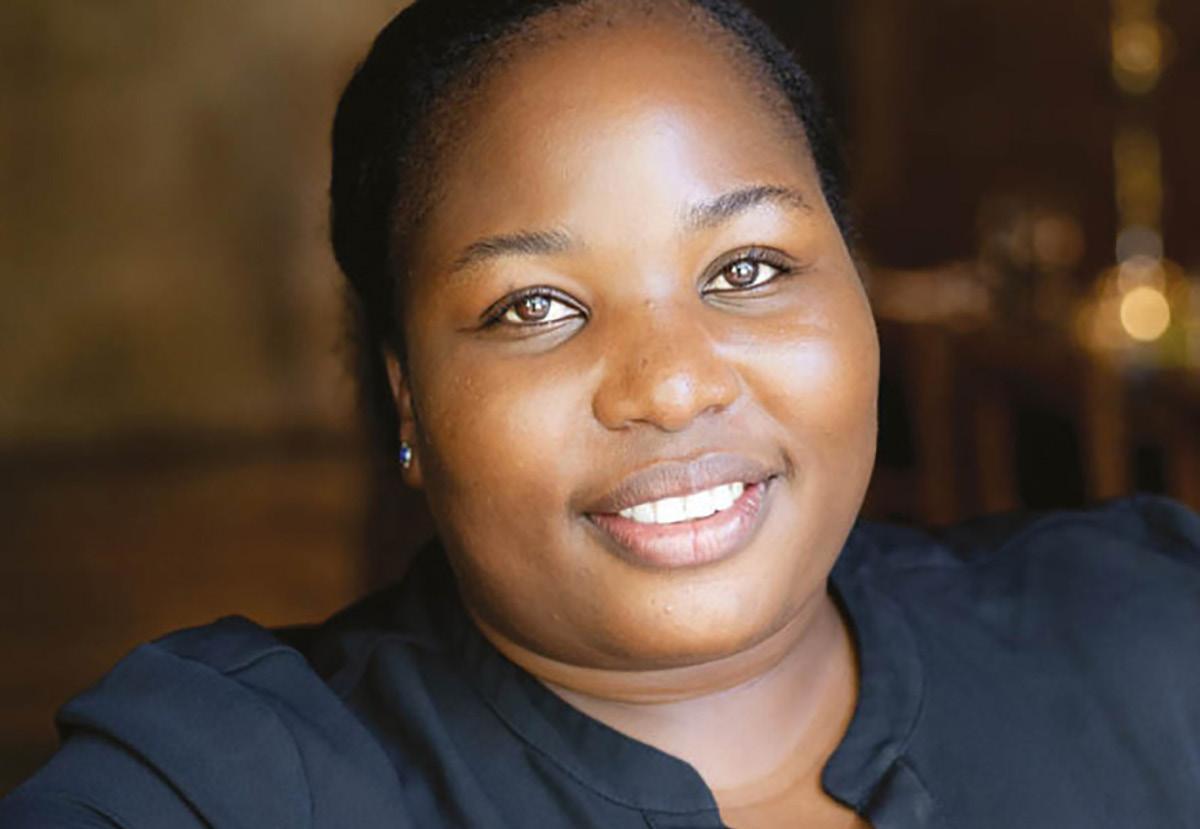
Logette-Jardin’s breakthrough most certainly didn’t lead to a flood but, in a region in which 60% of wine students are female, high-profile appointments are at least starting to trickle through. Floriane Eznack had an eight-year stint as chef de cave at Jacquart from 2011. And recent years have seen such talented women winemakers as Séverine Frerson (who was briefly chef de cave at Piper-Heidsieck before taking up the reins at Perrier-Joüet in 2018), Alice Tétienne (who started as Champagne Henriot in 2020) and Julie Cavil (who became chef de caves at Krug around the same time as Tétienne).
Each of these women was the first of their gender to be given the job at the house in question. And while the balance of power in Champagne’s cellars remains overwhelmingly male, there’s a sense, encouraged by this flurry of high-profile appointments, that something important has finally shifted in a region that has always traded on the prominence of a handful of historic women (from the Veuve Clicquot to Madame Bollinger) while maintaining one of the least female-friendly winemaking spaces in the world

Twins Margherita and Francesca Padovani had no familial or formal background in wine when they left their lives in Milan to start making olive oil at an old farmhouse in the village of Colle in Montalcino in the late 1990s. They continue to make (some very fine) bottlings from their 5ha of olive orchards, but wine soon became a focus, with the first vines planted in 2001. Today the Padovanis are widely respected for their natural approach to Brunello, which involves biodynamic farming and minimal interventions in the winery.

Some women come to wine; others are born to it, and star Nahe winemaker Caroline Diel is very much in the latter category. Diel is the seventh generation of her family to oversee the estate, taking up the reins from her father, the hugely respected and influential Armin Diel, in 2019. As with all successful transitions, Caroline has steered a course between respect for the achievements of her father (with whom she spent 13 years working after returning from winemaking stints at Domaine de la Romanée-Conti and Ruinart, among others) and putting her own, stylish stamp on the range. And, in a neat reversal of traditional winery gender roles, Diel looks after all aspects of production in the vineyards and winery, while her husband, Sylvain Taurisson-Di, looks after sales, marketing and customer service.

The Torres family has always had an adventurous streak, an eye for opportunities that has seen the family firm spread its wings from Penedès to vineyards throughout Spain and Chile. And it’s that curiosity and entrepreneurial energy that led to one of the family’s most successful forays away from home territory: Marimar Estate in the Russian River Valley AVA in Sonoma, California.
A personal project driven by Marimar Torres (brother of Miguel), Marimar Estate was established in the early 1980s, with Torres bringing a decidedly European approach (wines made from estateowned vines, with freshness and drinkability always at the forefront) to the Chardonnay, Pinot Noir and, increasingly convincing wines made from Spanish varieties such as Albariño, Godello and Tempranillo.
Beaujolais is a special place, to work in and to live in. Winemaking with Gamay and cultivating this special terroir is amazing and the people are very friendly. There is a very good atmosphere.
We have 10 crus working with the same grape variety and we work together a lot as a group of vignerons, with our interprofessional body. Each cru has its own identity due to the agronomic and technical aspects of what they do, its history and the style of winemaking.
In Beaujolais, you have the traditional Burgundian winemaking method, which we use. You have carbonic vinification and you have thermovinification, where you heat the wine before fermenting. If you poured me a Morgon, a Fleurie and a Moulin-à-Vent made in a Burgundian style, I could tell the difference. If the Fleurie was made with thermovinification, maybe I would say it’s a Chiroubles.
Château des Jacques is a century-old estate. In 1924, Amédée Rousseau bought the château, and 60 hectares of vineyards in Moulin-à-Vent. He started bottling at the property, which was quite new in 1924. He didn’t want to send the young wine by train to Paris, he wanted to age it in oak barrels. He vinified all the plots separately, and introduced destemming. Today we make the wine just like he did.
We have a windmill in the middle of our cru, and there is a reason for that. There is a corridor that the wind takes, from the bottom to the top of the slope. In Moulin-àVent we have some granite but also some deeper soils with more recent sediments. So what makes us different is exposition to the wind and the diversity of soils.
Beaujolais Blanc Clos de Loyse
This comes from a 9ha plot planted by monks in the Middle Ages. They took out Gamay and planted Chardonnay because the soil is deeper. It is granite but there is a lot of sand and limestone so it is quite rich. The Clos de Loyse always gives grapefruit, lemon, orange and exotic fruits. It has a very aromatic profile.
RRP £24.90
With our terroir, freshness is not a problem because even in sunny vintages we always have this acidity, which is like the backbone of the wine. The soils are poor, and it is a hard place to grow vines, but it is quite productive. The wine has a lot of floral character, a lot of elegance, and always silky tannins, even in the hot years and if the vineyard is old.
Gamay has some similarities with Pinot Noir, but also some differences. Pinot is an oxidative variety, so you need to be careful with oxygen. Gamay is the opposite: it has a reductive tendency, like Syrah, so it can be very closed. So we need to be careful with the ageing, especially. It works well with concrete, and also with oak, because you have some oxygen getting through.
I would advise keeping our red wines for at least two years. Right now we are selling 2021, which is beginning to open and it is a good time to start to enjoy it. You can keep it for decades.
Our white wines will be certified organic this year. We are working on the reds. We still have some issues with very old vines that are producing amazing grapes, so it’s a bit more complicated and will take time. Today, 90% of the red wine vineyards are organic.
I am personally very worried about climate change. My team can see the difference between now and 20 years ago. We have some very hot summers, we have heat waves, and some hail that can destroy everything. It’s stressful. In the harvest we have to get the grapes in quicker than in the past. In 2023, it was 40˚C during the harvest and the grapes were getting very dry. We have to adapt to be more efficient.
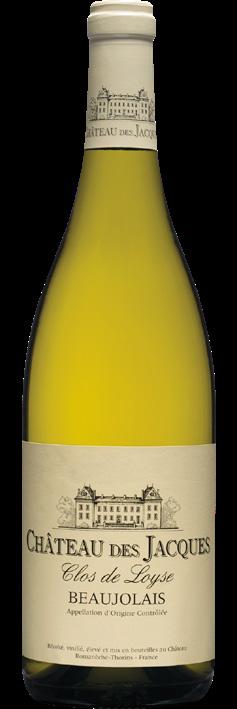
Our plots are in two terroirs: Côte du Py and Corcelette, and this combines the two. We age one part in concrete and one in oak. You can enjoy it after two years in bottle. It’s very rich and very spicy, with blackcurrant and blackberry flavours.
RRP £23.40

Château des Jacques is one of the most prestigious estates in Beaujolais and has been a key part of the Louis Jadot family for over 20 years. Bordeaux-born Julie Pitoiset, who has worked in the region for almost a decade, has headed up the winemaking team since 2023.
Importer: Hatch Mansfield info@hatch.co.uk
Our soils have a lot of sand and it’s impossible to retain water. We can have 100mm of rain one day and then a month without any. Gamay can adapt to that.
Harvest is the part of the job I love best. You are in the winery and there is nothing else in the world; you are in your bubble. The grapes are coming in and the smells are amazing. We have a wonderful team and the work is very manual. Very artisanal.
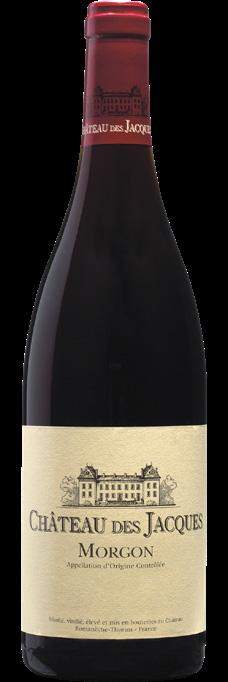
Moulin-à-Vent Clos de Rochegrès
Rochegrès is one of the most amazing places in Moulin-à-Vent. It’s at the top, and the quartz in the granite has greyed with the wind and water. You always have very nice acidity and complexity, with flowers, spices and red fruits. You have to wait to enjoy it more than with Morgon: it’s all aged in oak and more complex.
RRP £31.50

Dorina Lindemann
Quinta da Plansel
A love of Portugal’s magnificent array of indigenous grape varieties runs in Dorina Lindeman’s family: her father, Jorge Böhm, has managed to identify, verify and certify more than 300 of them in his time at the helm of his successful nursery business, Viveiros Plansel, since 1978. Lindemann has carried on the family’s nursery tradition but has also taken her varietal passion into her work at Quinta da Plansel, the Alentejo winery she founded in 1997, where the focus is on the indigenous, notably the fine red trio of Touriga Franca, Touriga Nacional and Tinta Barroca, and where her daughters, Juli, and the Geisenheimtrained Luisa, are also involved in the business.
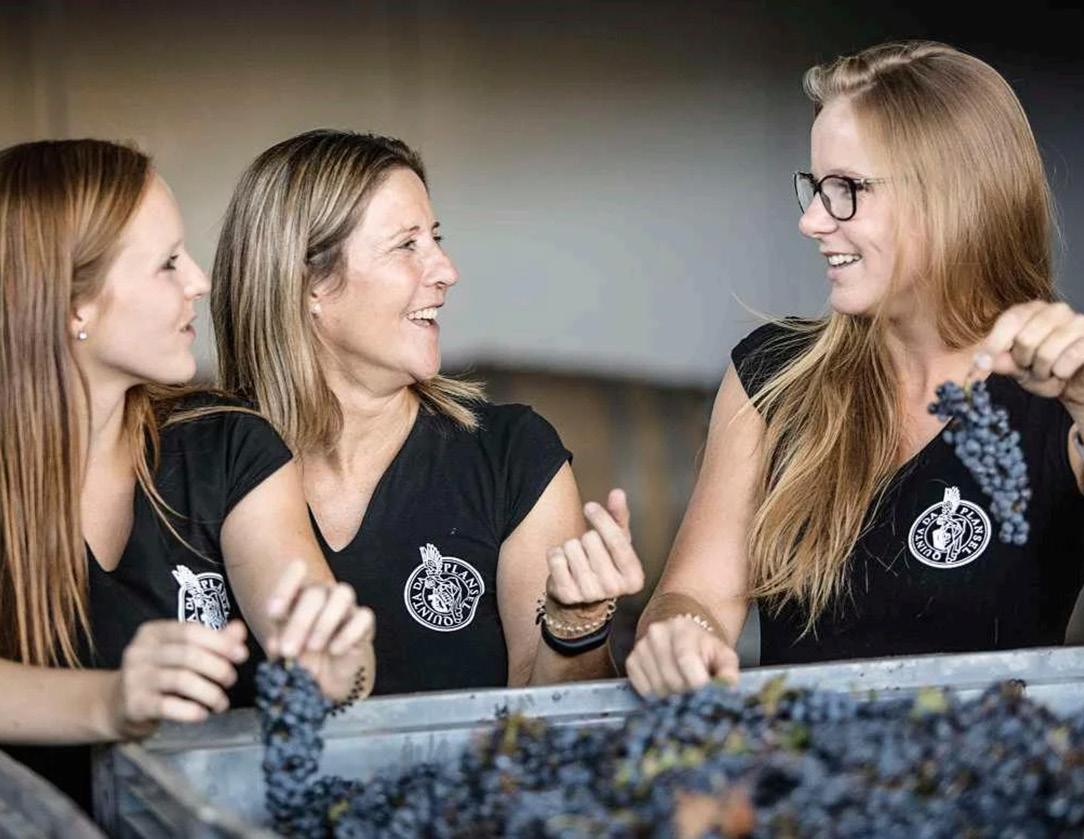
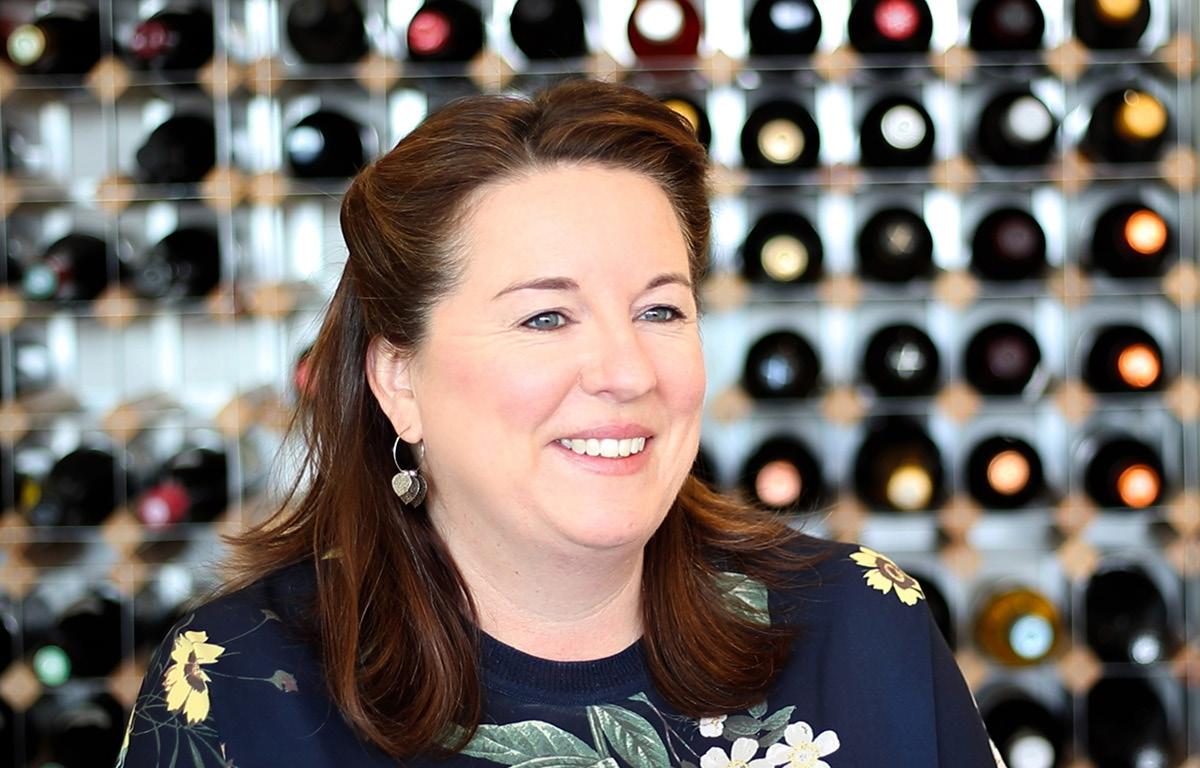
The English wine scene isn’t short of female winemaking role models, from Nyetimber’s Cherie Spriggs and ex-Bolney head winemaker (now Wine GB director) Sam Linter to star consultant Emma Rice and Exton Park’s Corrine Seely. While each has her own story to tell, it’s intriguing how many of English wine’s top women have turned to wine after first trying out another career, whether that’s publishing (Rice), hairdressing (Linter) or, in the case of Henners’ Collette O’Leary, public relations. After years plying her trade at PR firms in London, O’Leary made the switch to wine after enrolling at Plumpton at the start of the 2010s, graduating in 2014 and then refining her skills in California and South Africa before starting with East Sussex-based Henners in 2019. She has since established herself as one of the most talented and versatile winemakers in the UK.

As any visitor to López de Heredia’s bodega in the epicentre of classic Rioja, in the station district of Haro, will know, this is not a company given to rash changes in winemaking philosophy. Indeed, the winemaking here, with its central tenets of long ageing in used oak barriques, is pretty much as it was back when the winery was founded, four generations ago, in 1877. It can come as a surprise, then, to learn that this bastion of tradition has also been at the forefront of gender equality in Spain’s leading wine region, with two women, sisters María José (who runs the operation and acts as the public face of the brand) and Mercedes (who is responsible for the goings-on in the cellar), very much in charge of proceedings, ably assisted by brother Julio César in the vineyards.
Aimee Baker is Trinchero Family Estates’ director of luxury winemaking. She brings a wealth of experience to the role, and a knack of bringing out the best in the team that surrounds her
Deeply rooted in Napa Valley, Trinchero Family Estates has been innovating for over 75 years and now comprises more than 50 award-winning wine and spirits brands distributed in nearly 50 countries.
The portfolio is broad, including flagship brands Sutter Home Family Vineyards, Ménage à Trois and SEAGLASS Wine Company. Then there are partner brands Joel Gott Wines, Charles & Charles and Bieler Père et Fils; import brands San Polo, Famiglia Cotarella, Ceretto, Tenuta Regaleali, Angove Family Winemakers, Avissi Prosecco, Echo Bay, Finca Allende and Terras Gauda; and spirits and specialty beverage brands Hanson of Sonoma Organic Vodka, Tres Agaves Organic Tequila, Tres Agaves Organic Cocktail Mixers, Amador Whiskey and Trincheri Vermouth.
Trinchero has been expanding its luxury portfolio since 2016 with the purchases of Mason Cellars, Pomelo and Ziata Wines which join Trinchero Napa Valley, Napa Cellars and Neyers Vineyards to complete an array of premium brands.
Aimee Baker joined Trinchero Family Estates in 2021 as the director of luxury winemaking with the responsibility of managing all high-end production for the portfolio. A Napa Valley native, Aimee grew up on Mount Veeder and has fond childhood memories of running around hillside vines while her father helped build and manage vineyard ranches.
After earning her master’s in viticulture and oenology from University of California at Davis, Aimee became winemaker at Picchetti Winery in the Santa Cruz mountains. In 2013, she had the opportunity to join Opus One, where she worked for seven years, and was promoted to associate winemaker for one of Napa’s most acclaimed wines.


Her expertise in winemaking and passion for building great teams makes her an outstanding leader for Trinchero Family Estates’ growing luxury wine programme.
“You need to be creative,” says Aimee. “That can mean creative solutions or creativity in how you make a blend of people in a team.
“We don’t work magic here. We just
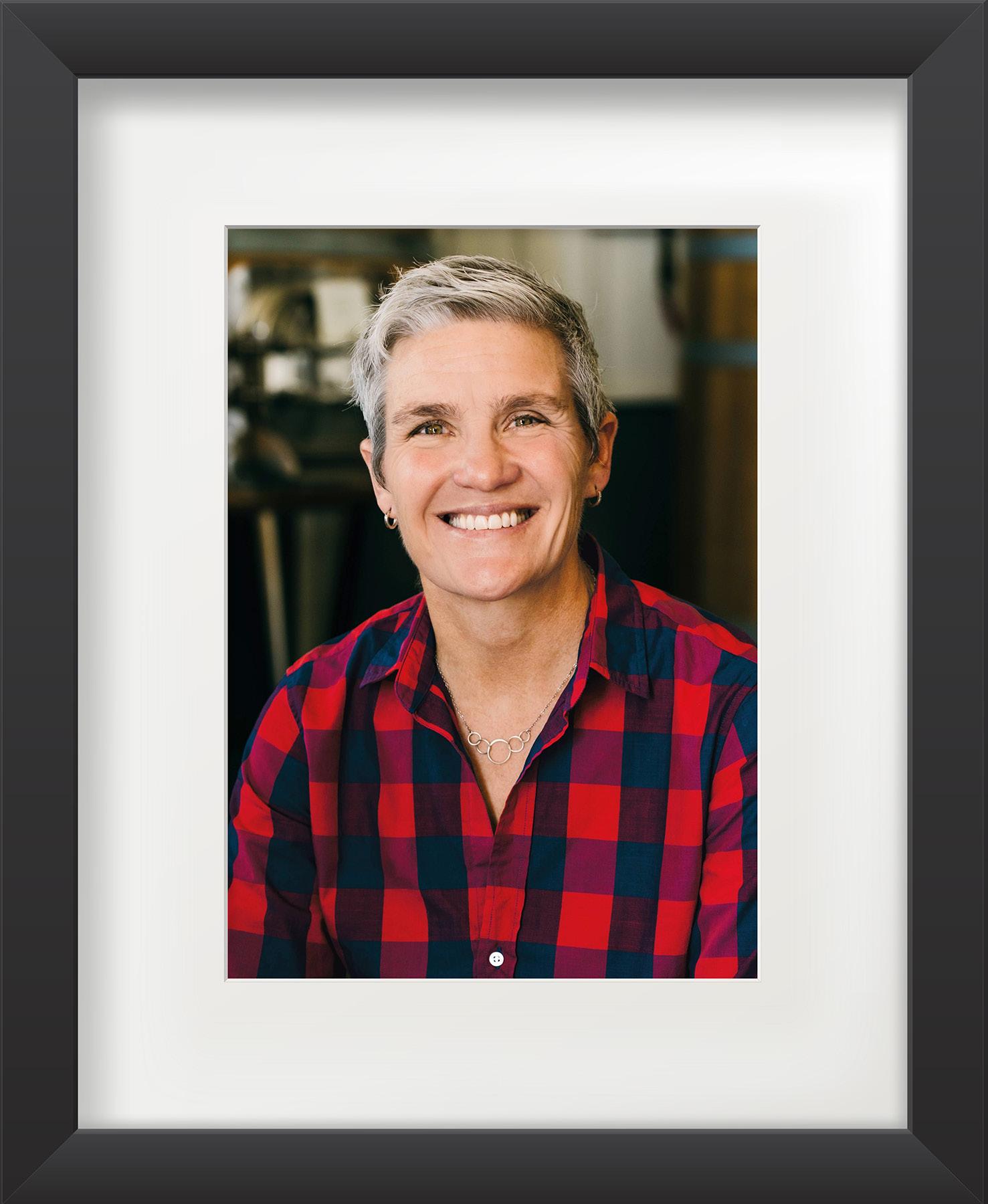
guide the magic, and I think that the true champions are the people that have their hands and their boots in the soil.”
Having coached Stanford University’s women’s rowing team for a decade, and as a winner of PAC-10 coach of the year, Aimee is wellversed in getting the best from a team. This skill is put to good use in her role overseeing the winemaking of Trinchero Napa Valley, Ziata, Bravium, Neyers, Protégé and Mason.
Innovation means little if it’s not sustainable, and last year Trinchero Family Estates significantly increased its investment in a series of sustainability projects, including solar installations across a number of wineries, which has resulted in tangible results with measurable kWh production.
President Bob Torkelson says the company is “proud to be an early adopter for larger wineries in transitioning to clean energy”. He adds: “Our investment supports our sustainability objectives and our commitment to contribute to the community and work productively with our neighbours toward a shared future.”
True to his word, the sustainability objectives really do extend to the wider community as demonstrated by the company’s longstanding commitment to organisations including Trees for the Future, National Breast Cancer Foundation and Feeding America.
Trinchero Family Estates has partned in the UK with Lanchester Wines to import its brands: Bieler Pere et Fils, Joel Gott Oregon, Trinchero Napa Valley, SEAGLASS Wine Co, Napa Cellars, Three Thieves, Charles and Charles. For more information on these wines, visit lanchesterwines.co.uk
Bordeaux-born Coralie Lewis arrived in Margaret River 16 years ago and now heads the winemaking team at Cape Mentelle
What attracted you to the new world?
I love France for its history and wine –some of the most incredible wines are made there. However, where else can you make iconic wine with varietals from Bordeaux, Burgundy and the Rhône Valley with a climate to suit them all? Margaret River offers us the opportunity to make wine without the limitation of appellation and regulation. Here creativity is endless, and the lifestyle is pretty special and provides a unique work/life balance.
Did anything surprise you about the region, in a good or bad way?
The accent! Nothing like the English we were taught in class. The region is stunning, and the people are very welcoming, which is why I’ve never left. I was initially surprised that this small, remote location on the south west coast of Australia could offer such diversity of climate within a 100km stretch.
How would you describe the style of Cape Mentelle and how has it evolved since you arrived?
Our aim is for the wines to be a reflection of our vineyards. Our focus is to embrace diversity of site and translate this into wines with great presence, elegance and longevity. Less is more; we are refining our techniques to be more precise and less impactful. While we are grateful for the heritage blocks established by the Hohnen family, we have also invested in new plantings, essentially future planning for us to enjoy and to help the next generation adapt to the challenges of climate change.
Has Margaret River settled into a groove now or is it still in a phase of exploration and experimentation?
Margaret River has evolved immensely over the 16 years I have been in the region. Non-traditional varieties have been planted and explored, while traditional varieties remain the backbone and are now being judged equally alongside prestigious old world wines. While Margaret River
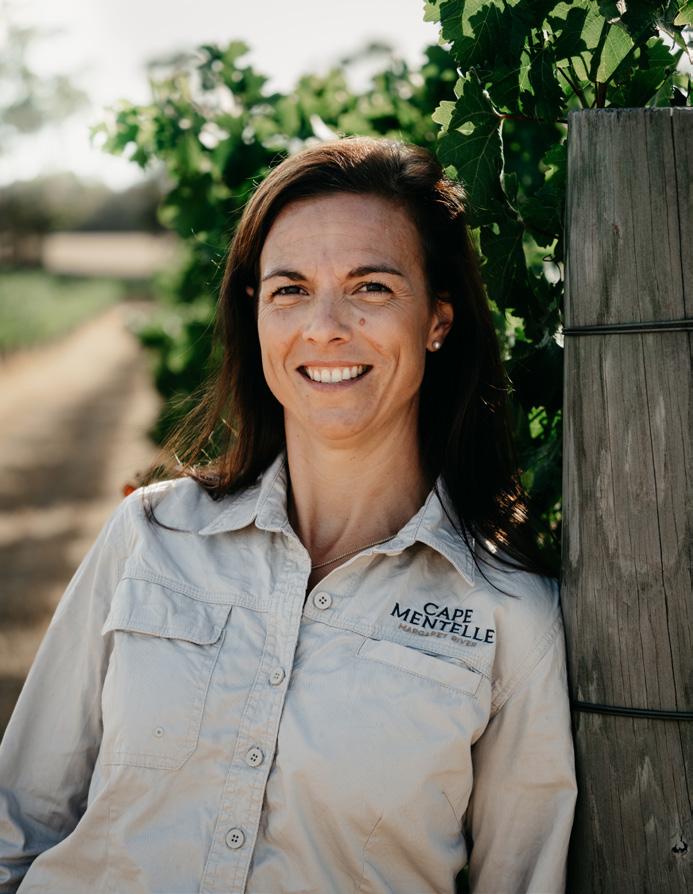
only represents 2% of the annual crush, it produces 20% of Australia’s premium wine.
What are your favourite varieties to work with?
Cabernet Sauvignon is a favourite and a fascinating variety to work with. The greatest challenge is to make a wine that is approachable and varietal, but can also travel through time. I feel the balance of ripe aromatics and accomplished structure are key. Achieving the balance is a fine art!
Do you feel that the wine industry is more inclusive these days?
At Cape Mentelle, our technical team includes three women from diverse
Micro-selections of our heritage plots are picked at optimum maturity, fermented individually to bring out their finest qualities. Each batch was matured in French oak (50% new) for 18 months, individually tailored to each micro-selection, before it was bottled unfined.
In association with UK importer Bancroft Wines bancroftwines.com
backgrounds and is essentially an affirmation of work and merit, regardless of gender. Our company encourages diversity of mind and expertise, creating a respectful work culture in a positive and fun environment.
Do you feel like you bring some European touches to your winemaking?
Being raised and trained in France has definitely impacted my winemaking approach and has given me a deep understanding of the importance of precision, using critical steps in viticulture to best translate into wine. Equally, Australia has opened my mind to limitless creativity, in a region that allows diverse varieties and ways of working, with constant enthusiasm to push boundaries.
What can we expect next from Cape Mentelle?
Our portfolio will expand into new lines that will allow Bancroft to offer customers channel exclusivity. This covers all portfolio levels. The Marri/Marmaduke range reflects diversity of site in the Margaret River region and is balanced, approachable and affordable. Our Heritage range represents the finest of our vineyards and delivers wines with depth, purity and longevity.
There’s a range to suit every occasion with a profile that appeals to the novice enthusiast up to the fine wine aficionado.

A wine made with passion, sourced from our two most southern vineyards. Hand-picked and whole bunch pressed, followed by wild fermentation in individually selected French oak, maturing for 10 months on lees to deliver a wine with layers, purity and balance.

Following in the footsteps of such trailblazing Chilean winemakers as Irene Pavia, María Luz Marín and, more recently, Viviana Navarete of Viña Leyda, Andrea Gillet is a rising star of Chilean wine who has recently been making waves in her first head winemaker position at Colchagua Valley-based family firm Viña Bisquertt. Gillet, who first gained attention working at Viña Santa Rita and Errazuriz, has earned plaudits for the terroirdriven wines she makes, including the Crazy Rows brand sourced from recuperated old “heritage” vines from varieties such as Carignan and País.

Ata Rangi
One of New Zealand’s most respected winemakers, and named New Zealand Winemaker of the Year by Gourmet Traveller magazine in 2019, Helen Masters has been overseeing vinous operations at leading Martinborough producer Ata Rangi since 2003. Her appointment was actually a return: Masters had spent a year at the nascent estate in 1991, after graduating from high school. A degree in food technology and a stint at Nestlé followed before Masters committed herself to wine. As well as heading up the cellar at Ata Rangi, she also owns and runs, along with her family, the Masters Vineyard, source of one of Ata Rangi’s very best single-vineyard Pinot Noirs.

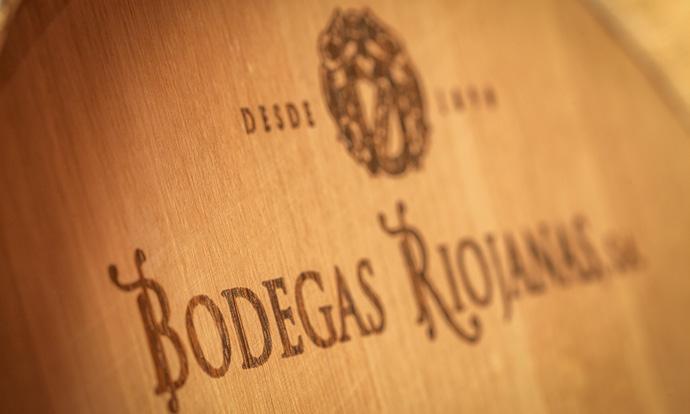
Capitalising on a podium place is neither new, nor the preserve of triumphant Olympians. When the Frías Artacho family won a gold medal for their wine at the Universal Exhibition of Barcelona in 1888, it was the prompt they needed to found Bodegas Riojanas two years later.
Today the company stands as one of the famous five Rioja wineries whose histories are well over a century old. That Riojanas has not only succeeded, but thrived and expanded, can be attributed to three core principles: passion for place, treasuring what’s indigenous and maintaining impressive energy for exploring new opportunities.

As with all great wine properties, Bodegas Riojanas has prime vineyards at its core. Located mostly around the villages of Cenicero and San Vincente de la Sonsierra in La Rioja Alta, the company


Viña Albina Reserva
Rioja
This 100% Tempranillo is aged for 24 to 30 months in French and American oak. Classic and elegant, with polished tannins, it’s a superb partner for meat and poultry dishes.
Bodegas Riojanas is one of Rioja’s oldest and most venerated producers. Its winning blend of tradition and innovation has taken it beyond its heartland, with wines from Toro, Rueda, Rías Baixas and Ribera del Duero
has 800 hectares under its stewardship. 25% of the vineyards are estate owned, the remainder held by trusted winegrowers and families that Riojanas has been working with for decades.
La Rioja Alta is widely recognised as the finest sub-zone in La Rioja. Here the grapes ripen more slowly, thanks to the higher altitudes and cooler temperatures. The soils range from limestone and ferrous clay to those that are alluvial. Aware that every parcel has its own characteristics, the oenology department at Bodegas Riojanas started a “parcel zoning protocol” in 2018. This allows for targeted viticultural interventions, as well as improved understanding of the qualities that the grapes from each site possess.
Fiercely proud of La Rioja, Riojanas played a pivotal role in securing the region’s QDO status in 1925: the first in Spain. The company’s commitment to Rioja is absolute, but it has not dimmed its enthusiasm to look further afield for more great winemaking opportunities.
Monte Real leads the roll-call of Rioja brands. These are what Bodegas Riojanas describes as “the heart and soul” of its company. Each wine is an

Alacer Roble
Ribera del Duero
An essential classic: fragrant and richly sophisticated Rioja. Includes 15% Mazuelo and 5% Graciano. Aged in American oak for 24 to 30 months.

Viore Garnacha
Toro
Tempranillo grapes picked from 40-year-old bush vines, planted at 904 metres. Poised and elegant, with supple tannins and fine acidity.
Generous, juicy Toro Garnacha, picked from vines that are up to 55 years old. Modest ageing in new American oak gives the wine a wonderfully supple feel.
authentic reflection of the Rioja terroir and the craftspeople who make them possible. Monte Real Vanguardia bolts contemporary thinking onto the brand. These wines reflect specific plots and individual varieties, channeling the ongoing spirit of innovation.
Viña Albina, meanwhile, is the brand that reflects the elegance of La Rioja Alta terroir. Created in 1901, Albina wines are complex, balanced, and always ageworthy. Consistently, reassuringly, top quality.
Though none match the scale of the Rioja enterprise, Bodegas Riojanas has properties in Toro (78ha), Rueda (75ha), Rías Baixas (20ha) and Ribera del Duero (14ha). Winemaking across the wineries is managed by Emilio Sojo Nalda. Under his stewardship, Bodegas Riojanas was awarded Best Winery of the Year in the Magnificent Awards by Guía Vivir El Vino in 2022, while Sojo was named Best Rioja Winemaker by The Drinks Business magazine in 2023.
Each of the Bodegas Riojanas wineries contributes to an impressive portfolio offering that is brilliantly diverse. Here are a few highlights.

Veiga Naúm Rías Baixas
Full-flavoured Albariño, with a pleasingly salty twang to the floral, white orchard fruits. Impressive verve and length.

Viore Verdejo Rueda
A sprightly, thirstquenching mouthful. Tropical citrus fruits abound, and the finish is fresh and clean.

Bodegas Riojanas has 800ha of vineyards
In Rueda, Verdejo is being rightly championed. It is, after all, the white grape the Spanish drink most widely. The wines are labelled under the Viore brand, which is also adopted for the young wines of Toro. Across the board, the Viore wines are fruity and fresh – joie de vivre in a bottle.
From Ribera del Duero comes the Alacer range. Made from four small, high-altitude plots, these are premium wines that reflect the serious quality potential of the area.
Bodega Veiga Naúm in the Valle del Salnés – the most prestigious vine growing area of Rías Baixas – focuses on one outstanding Albariño wine: Veiga Naúm.
Bodegas Riojanas has a reputation for innovation, and this is inextricably linked to its commitment to corporate social responsibility.
In 2022 it received the Wineries for Climate Protection certificate, and its painstaking efforts over the following year ensured that, in 2023, the company was awarded the Sustainable Wineries for Climate Protection seal. This is the highest recognition of its kind, recognising projects such as solar panel installation, improved
water management and a reduction in the company’s carbon and waste footprint. The seal also acknowledges social and economic governance.
All DOCa Rioja wines (and most Rueda and Rías Baixas wines) are certified as suitable for vegans.
Bodegas Riojanas created a Winegrowers School in 2019 with the aim of promoting and highlighting the role that winegrowers play. Talks, debates and practical activities are organised to publicise the new challenges and opportunities in 21st century viticulture.
For more details on ex-cellars supply and additional details of importers, contact export manager
Dave Roles: daveroles@bodegasriojanas.com 07816 322599
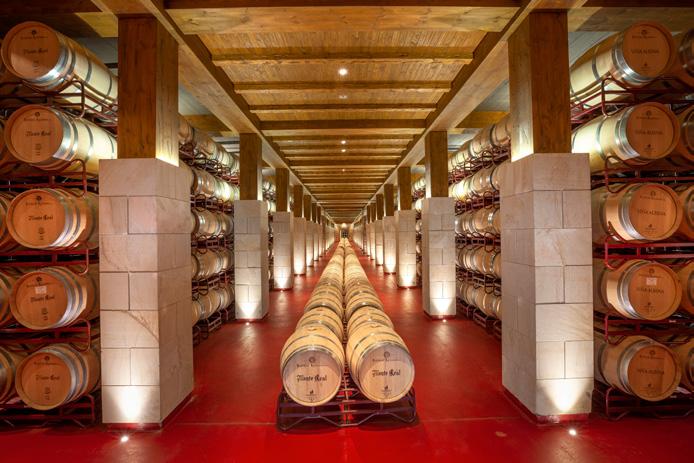
PH Wine Merchants, Eynsford, Kent
Paul Haverson: paul.phwines@btconnect.com
“We are proud to be selling the wines of Bodegas Riojanas. Quality and service are second to none.”
Stewart Wines, Bristol
Andrew Stewart: office@stewartwines.co.uk
“The wines are characterful and attractive, and excellent value. The business is committed to sustainability, and service levels are high.”
Sandhams Wine Merchants, Caistor, Lincolnshire sandhamswine.co.uk
“As an importer of Bodegas Riojanas wines we can supply a range of their wines direct to other merchants at competitive prices with no minimum order requirement.”
Adnams, Southwold
“We’re proud to be associated with Bodegas Riojanas for 12 years and counting. These wines are customer favourites.”
EWGA, Warton, Lancashire
Peter Monk: peter@ewga.net
“Bodegas Riojanas share our commitment to tradition, quality and sustainability. Their wines also boast an attractive presentation.”
Colemans ABC, St Leonards on Sea
Contact: david@colemansabc.co.uk
“A great choice of wines from the north west of Spain – great quality and prices.”
First Class Products, Abingdon
Contact: tom@fcpwines.co.uk
“Excellent range and quality, great standards for many years, high quality wines across the range.”
Tate-Smith, Malton
Paul Tate-Smith: 01653 693196
“Wonderful service, straightforward ordering, all wines collected from Cenicero, and Dave is a pleasure to work with.”
The expansive Thracian Lowlands region is gaining international recognition for exciting, quality wines – and it’s about time.
There are few up-and-coming vineyards that boast the topographical – and geological – advantages of this beautiful corner of south eastern Europe. Located to the south of the great Stara Planina mountain range, the area under vine encompasses a broad swathe of vineyards that flow seamlessly from the Black Sea coast to the borders of Greece and Turkey.
The result is a veritable treasure trove of different soils, microclimates and elevations: diversity is the hallmark characteristic of viticulture in the Thracian Lowlands. Buoyed by ongoing investment and a surplus of domestic talent, it is becoming one of the world’s most exciting wine regions.
Yet Thracian producers, and indeed their ancestors, do not require lessons in winegrowing. For over 6,000 years, artisans have been making wine in this part of Europe, cultivating superior grape varieties that were greatly admired by the ancient Greeks. They were known as the Thracians: an Indo-European tribe that established a thriving wine industry in the region circa 1000 BC, maintaining their presence for over 1,500 years.
According to historians, their achievements were many and varied. In addition to cultivating vines, the Thracians presided over a proud warrior culture that the ancient Greek chronicler Herodotus described as “unstoppable”. Opposing armies would often run away in terror when facing down these Balkan warriors, riding magnificent horses into battle.
Meanwhile, their worship of Dionysus,


This beautiful corner of south eastern Europe is fast emerging as one regions in the world. Yet the art of winemaking has been slowly perfected


the Olympian god of wine, encompassed a ritualised dance intended to bring about a bountiful harvest and good fortune for all. Word of their success reached the ears of the Greek philosopher and polymath Aristotle, one of the ancient world’s first acolytes of Thracian wine.
Today, there is a surfeit of high-quality wines being produced in the Thracian Lowlands PGI, including seductive red blends, aromatic whites and pretty pink rosé.
Of the key sub-regions, the Valley of the Roses is one of the most spectacularly beautiful areas, renowned for its damask
roses grown for their attar, or essential oils. The exceptional wines of the zone include the perfumed Red Misket and Muscat Ottonel, as well as the cassisscented Cabernet Sauvignon and plummy local Merlot. Riesling, too, which can be gloriously pungent; it thrives in the valley floor, situated between the Balkan mountains and Sredna Gora.
To the far east are the cooler vineyards of the Black Sea, where marine air helps to keep acidity levels vibrant in the myriad indigenous and international grape varieties. The current
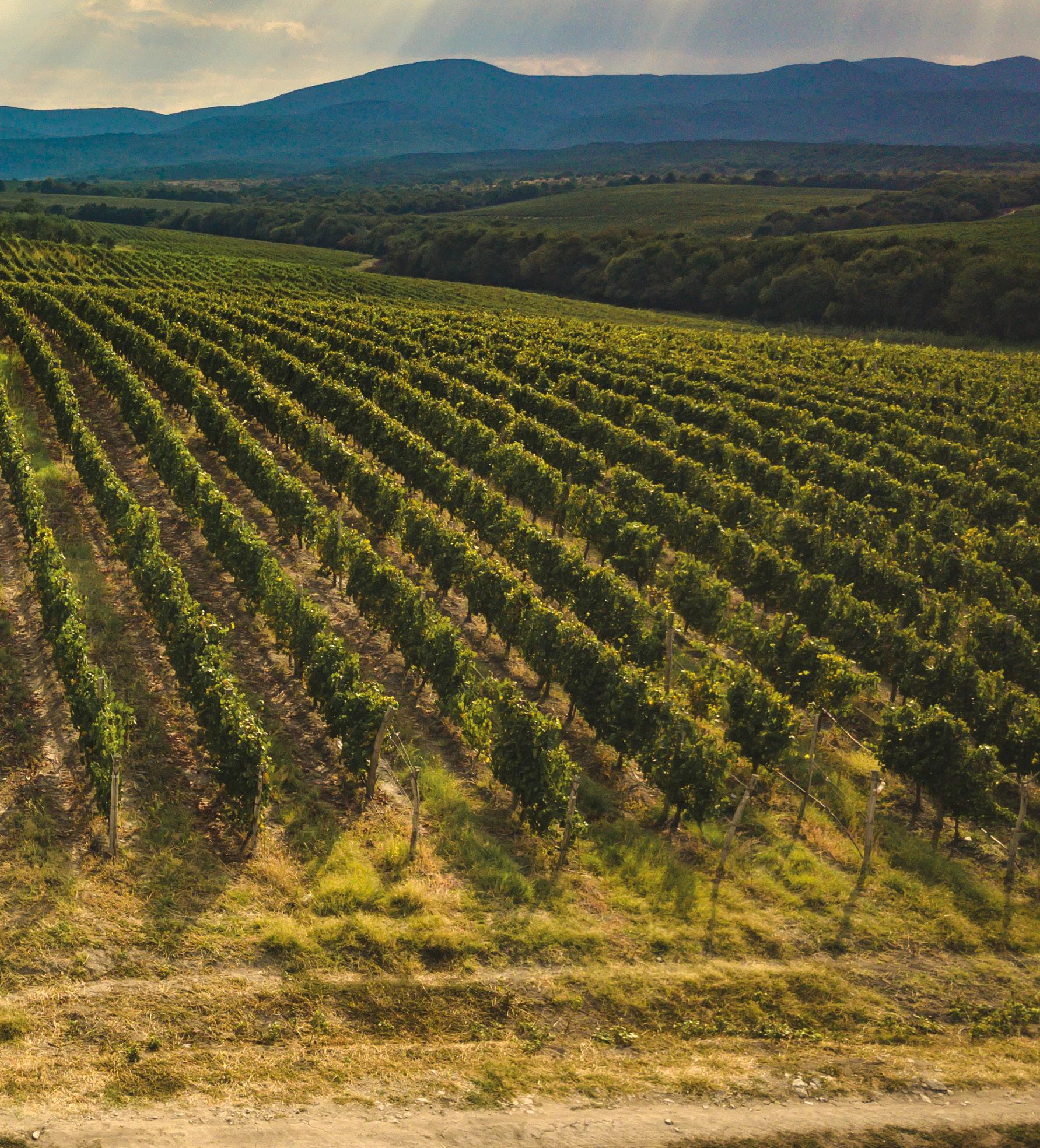
of the most exciting wine perfected here for over 6,000 years
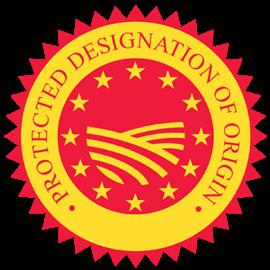
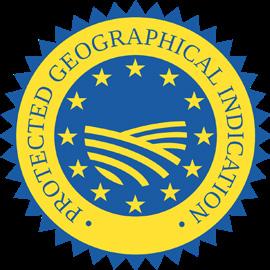
Mavrud
Mavrud is a red grape variety that has been grown for centuries only in the area of ancient Philippopolis, north of the Rhodopes. The name Mavrud is derived from the Greek word “mavro”, which means black. It is known as one of the more difficult varieties to cultivate.
Melnik
Melnik is a red grape variety grown in the Struma River valley. This variety produces more powerful wines with a rich texture, exotic perfume and soft tannins. There are two main clones of Melnik: Broad-leaved Melnik Vine and Early Melnik/ Melnik 55.
Gamza
Cultivated since ancient times, the Gamza variety, also known as Kadarka in many Balkan countries, is best grown in the Danube region. The wine is characterised by a vivid red colour, with a pleasant fruity taste and freshness.
Dimyat
Known for its fragrant grapes, the Dimyat variety has been grown for centuries in the Black Sea region. A late-ripening white variety, the wines have stone fruit characters along with a perfumed aroma and light amber colour.
Pamid
Pamid wines are characterised by a pleasant freshness and fruity taste. Although widely cultivated for centuries, today it is grown mainly in the Thracian Lowlands.
Rubin
stars are the aromatic, robust Dimyat, Muscat Ottonel, and Sauvignon Blanc; Pinot Noir can be positively Burgundian when grown in the most privileged sites of the Black Sea.
Meanwhile, Shiroka Melnishka Loza (a broad-leaved vine of Melnik) is an esoteric specialty of the hot Struma Valley, right on the Greek border over the Rhodope and Pirin mountains.
Its potent and spicy red wines offer rich fruit and robust tannins in equal measure. It has, like so many wine styles in the Thracian Lowlands, established itself as a class act with many strings to its bow.
Protected Geographical Indication (PGI) and Protected Designation of Origin (PDO) are EU quality schemes created to protect and promote products with particular characteristics linked to their geographical origin. The PDO and PGI logos allow consumers to recognise traditional quality wines and rely on product authenticity in terms of regional origin or traditional production.
Wines marked with the PGI logo are genuine products of high quality, not imitations. The PGI status identifies wines whose quality or reputation is linked to the place or region where it is produced, processed or prepared, although the ingredients used need not necessarily come from that geographical area. All PGI wines must adhere to a precise set of specifications.
A PDO identifies products that have the strongest links to the place in which they are made. Every part of the production, processing and preparation process must take place in the specific region. PDOs are mostly used for food, agricultural products and wines. For wines, a PDO means the grapes come exclusively from the geographical area where the wine is made.
A successful cross between Syrah and Nebbiolo, this variety is typically dark purple in colour and mostly planted in the region of the Thracian Lowlands on the border with Strandzha mountain. Rubin wines are characterised by prominent tannins which soften when matured.
International varieties planted widely include Syrah, Cabernet Sauvignon, Merlot, Cabernet Franc, Chardonnay and Sauvignon Blanc.

Heritage of authentic wines from the ancient Thracian Lowlands PGI




The Espresso Martini is pushing hard on the tail of that porn star drink and the Negroni in the Britain’s Favourite Cocktail Stakes. With Easter around the corner, this chocolate-y take ups the lush decadence of the “prinks” and post-dinner favourite even further. The dual flavour combination of the Mozart liqueur helps to keep things simple here, but there are plenty of lovely coffee and chocolate liqueurs on the market, so there’s scope to play around by splitting that element between a pair of ingredients – say, 1.5cl each.

5cl good quality vodka
3cl fresh, hot espresso coffee
2.5cl Mozart coffee chocolate liqueur

Put all the ingredients into a cocktail shaker with ice. Shake and strain into a Martini glass. Decorate with some fresh coffee beans and/or an orange slice.


Phoebe Weller of Valhalla’s Goat in Glasgow has some cultural and culinary catching up to do. But will it be worth the late nights and incinerated brassica?
Iam a Late Arriver to parties. Part of the reason I think Lunches are so Amazing is that there is no such thing as a lunch party. No such thing. Dinner Party, sure. Luncheon Party, sure. “Lunch party”, not a thing. Are you coming to my lunch party? No, because it doesn’t exist. It even sounds wrong, that lovely heavy half-grunt of Lunch followed by that stupid shimmering ringletted “party!”. Ugh.
Metaphorically I am currently between two fronts of party lateness: Airfryers and The Traitors
The Airfryer was sold with the thrice repeated sales pitch of “good for your fish fingers and your pizzas”, which I’m using as the basis for the 31 Days of Riesling promotion this year.
The Traitors caught me completely off guard on a wet Wednesday afternoon. One thing I am particularly smug about is that I don’t actually watch that much TV. Not that I don’t love TV. God I love TV. As a teenager TV was my main activity because I lived in the countryside in Scotland before the internet. Late night Channel Four 92-98 would probably be my specialist subject on Mastermind if I hadn’t already publicly tossed my hat into the Mastermind ring with the specialist subject of cheese. It never came to anything except a bit in The Sun with the title: “Me Win Mastermind? You Feta Believe it!”
Last year I dipped my toe into the new
Reality – mostly, because I was feeling a bit vulnerable, the soft squidgy beds of Bake Off, where, if you’ve not seen it, they make things out of flour in a tent, and the Pottery Throwdown where they make things out of clay and the Big Fella cries. God I love it when the Big Fella cries.
The Traitors seemed like a step too far. Then Our Tam and someone on Front Row – which, if you haven’t listened to it, is a load of critics pretending that the internet hasn’t rotted everyone’s mind and that they care about anything that’s happening outside of London – mentioned it and it was raining.
Our Tam invented socks and I have an unconditional abiding foolhardy love and trust for Radio 4, even after what they’ve done to Saturday Live, so I thought it would be OK to watch, I would be OK to watch it. I did not foresee me Airfrying frozen yellowlabelled M&S British Buttermilk Mini Chicken Tenders at 2am, eight episodes in, quivering, unable to switch off Claudia’s Castle.
And somewhere on the Friday I just stopped liking it. It was something about Wilf, or closeups of breakfast items or everyone’s inability to make a hundred percent enough, rather opting for a million percent, or maybe just that over a 72-hour period I had devoted over 18% of my time to Traiting. It was a pleasant struggle to watch the end of it, but I’m aff it now. The party is over, phew! But the burnt Airfryed broccoli remains.

Recent weeks have brought scenes of carnage to the British brewing landscape.
The Elland brewery in Leeds faced a creditors’ meeting and possible closure just six months after its 1872 Porter was crowned Camra’s Champion Beer of Britain, and days before the same beer picked up another gong in the organisation’s winter beer awards.
East Anglian brewer Adnams – which, of course, also operates 13 drink and homeware stores in the region – has appointed City advisors to look at outside funding and/or an asset sale to secure its financial future.
And London’s Brew by Numbers and Brick breweries – two of the capital’s better ones from the 21st century explosion of craft brewers – both closed, having been bought by private equity group Keyston Brewing – at the time called Breal – last year.
North Brewing of Leeds had been rumoured to be next to fall under Breal’s spell when it headed towards administration, only for it to be rescued by Steve Holt, owner of the city’s Kirkstall Brewery.
Keystone is causing a lot of headscratching in the brewing world. Its

The craft beer boom that spawned hundreds of new breweries was was largely unsustainable
initial reluctance to talk openly about its intentions for the businesses it’s bought led some to speculate it was engaged in a cut-throat asset-stripping mission. Others were of the mind, at least until the Brick and Brew by Numbers closures, that a rescued brewery was better than a closed one.
Keystone has also bought Purity Brewing of Warwickshire and Yorkshire’s Black Sheep – a scion of the famous Theakston brewing family – in recent months, joining a stable that includes the Vinoteca wine bar chain and the restaurant group D&D London.
Brewing kit and production of Brick and Brew by Numbers beers are being moved to Black Sheep’s home in Masham where, in a rare public statement, the company said it would create “a little piece of south east London in North Yorkshire”.
Giving Keystone the benefit of the doubt, perhaps it’s better that two fine ex-breweries’ beers and (relatively short)
heritage will at least live on produced 230 miles away if the only alternative was for them to disappear altogether.
A much bigger question is, just what is the problem? In times of many-pronged socio-economic strife, there’s no one-sizefits-all answer. The companies involved have variously cited – in no particular order – Brexit, the pandemic (and changing drinking habits arising from it), rising labour and energy costs, more expensive raw materials and the general squeeze on consumer spending. Camra, as is its MO, thinks an increase in the duty relief on draught beer is the remedy.
All these factors have, of course, had a massive impact. But another harsh truth has been largely absent from the discourse around all this realignment: that the craft beer boom that spawned hundreds of new breweries was largely unsustainable. According to beer writer Des de Moor’s latest audit on his Beer Culture website, London still has 108 active breweries, even after the Breal closures. The Quaffale site reckons there are 48 in Leeds, the home of Elland and North. The Society of Independent Brewers puts the UK figure at 1,815 as of January 1, a net fall of 13, or 0.7%, during 2023.
That still means there’s roughly one brewery for every 30,000 British adults, a quarter of whom – if you accept a “fact” oftrepeated by no/low drink producers that no one quite seems to be able to remember the source of – don’t drink.
It’s tough seeing great brewers go under, but, with glass half full, given the economic perfect storm we’ve all been enduring, the outcome so far doesn’t feel that bad.
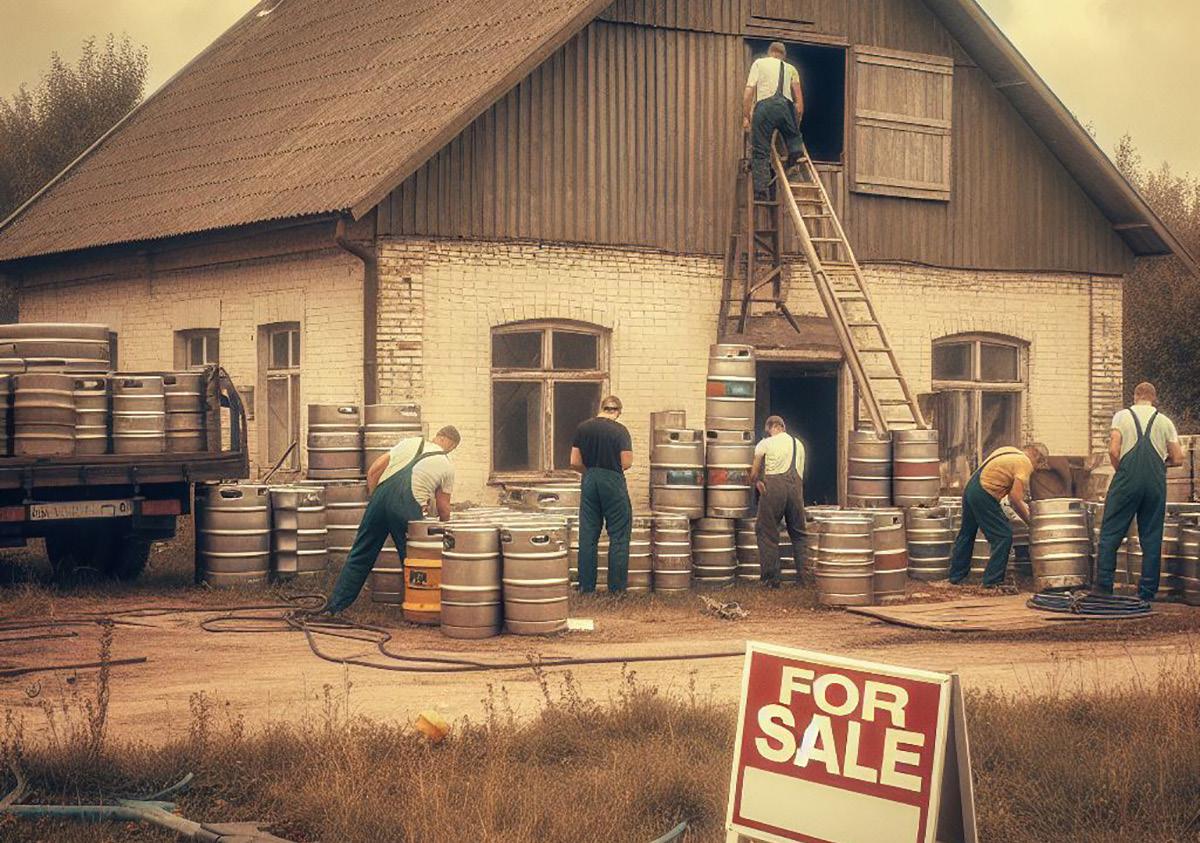
Theatre of Wine is an independent merchant with stores in London, and an import and distribution arm that it admits often goes “under the radar”.
This portfolio tasting at one of Belgravia’s iconic watering holes is an opportunity to get a handle on the wines the business has to offer.
“The range is difficult to categorise,” the company says. “The buyers love the classics, but are happy to take risks, and were amongst the early champions of wines from Greece and eastern Europe.
“Having marked their 20th anniversary in 2022, the owners felt it was time to roll out their offer to fellow wine merchants with a new pricing structure designed to satisfy their need to be competitive in a world where the internet leaves nowhere to hide.”
A number of winemakers will be attending, including Johan Roskam from Château Cantenac in Bordeaux, Daniele Dinoia from Vila Guelpa in Piemonte, Julien Goumarre from Domaine Galévan in the Rhône and Uros Valcl of Marof in Slovenia.
For more information and to register, contact trade@theatreofwine.com.
Monday, March 25
The Thomas Cubitt
44 Elizabeth Street
London SW1W 9PA
Taste the Chablis Premier Cru Climats with the Bourgogne Wine Board and Michelle Cherutti-Kowal MW.
Eight Chablis Premier Cru Climats from the left and right banks of the Serein River will be poured.
Places are limited on a first come, first served basis. For more information and to
register, contact aloisel@sopexa.com.
Monday, April 8
Asia House
63 New Cavendish Street
London W1G 7LP
This year’s annual Greek trade tasting will welcome more than 40 wineries. Details of masterclasses will be announced soon.
To be notified when registration is live, contact anny@westburycom.co.uk.
Monday, April 8
St Mary’s Church Marylebone
Wyndam Place, York Street
London W1H 1PQ
This tasting showcases newly-shipped wines available for spring and summer drinking, alongside classics from the main regions of France.
For more information and to register, contact office@charlestaylorwines.com.
Wednesday, April 10
Charles Taylor Wines
11 Catherine Place
London SW1E 6DX

Taste fizz at Foyles on April 18
The chance to taste through the L&S sparkling portfolio, including selections from the grower Champagne range.
English sparkling wine producers will also be represented, as well as fizz from further afield.
For more information and to register, contact caroline@leaandsandeman.co.uk.
Thursday, April 18
Foyles Bookshop
107 Charing Cross Road
London WC2H 0DT
Answers to questions on page 14
1. Chablis
2. Baron Philippe de Rothschild and Robert Mondavi
3. Brettanomyces (“Brett”).
4. (a) Argentina (b) Australia.
5. They are both products marketed at dogs.
This year’s edition of the Australian tasting includes newcomers Fells and the Thistledown Wine Company.
They line up alongside existing exhibitors Awin Barratt Siegel, The Graft Wine Company, Indigo Wines, Liberty Wines, Nekter and Flint Wines.
For more information and to register, contact nik@graftwine.co.uk.
Monday, April 22
Wild By Tart
3-4 Eccleston Yards
London SW1W 9AZ
Ten producers from Portugal’s oldest, fifth largest and least discovered wine region come to London to present their wines with styles dominated by their Tejo river location.

MW and Tejo enthusiast Dirceu Vianna Jr (left) will lead two masterclasses during the day:
• Exciting indigenous varieties of Tejo: exploring different styles of wine made from two of the region’s most iconic grape varieties, Fernão Pires and Castelão.
• World-class wines from an unfamiliar terroir: discussing the various terroirs of the Tejo region and focusing on wines from different microclimates.
For more information and to register, contact emma@eviva.co.uk.
Tuesday, April 23
The St James Room
67 Pall Mall
London SW1Y 5ES
The BFT is the largest annual trade tasting dedicated exclusively to all styles of fortified wines.
Fifty producers and brands will be presenting fortified wines from 10 different regions, including a stand focusing on fortified wines from England and Wales.
There will be three masterclasses throughout the day:
• Sarah Ahmed presenting a selection of the fortified Moscatel wines from Setúbal
• Penfolds tawnies
• A hands-on masterclass from the School of Port.
Pre-registration is essential. Contact admin@thebft.co.uk.
Tuesday, April 23
Church House
Deans Yard
London SW1P 3NZ
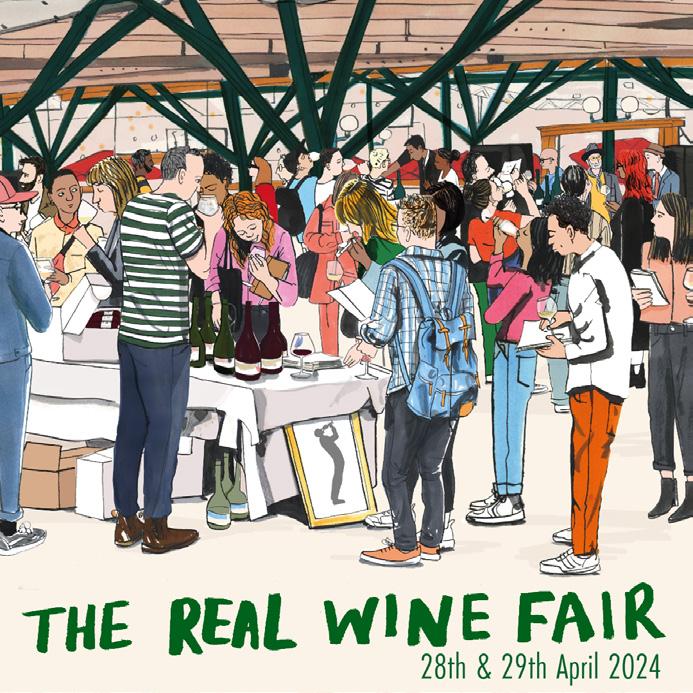
This event will see 185 artisan producers pouring wines from 20 countries.
With more than 900 wines on show, the focus will be on organic, biodynamic, regenerative farming and low-intervention winemaking.
Other highlights include a pop-up shop selling wines from the fair, street food stalls and seminars and masterclasses given by trade experts.

For more information and to register, contact info@threalwinefair.com.
Sunday April 28 and Monday April 29
Tobacco Dock
Wapping Lane
London E1W 2SF
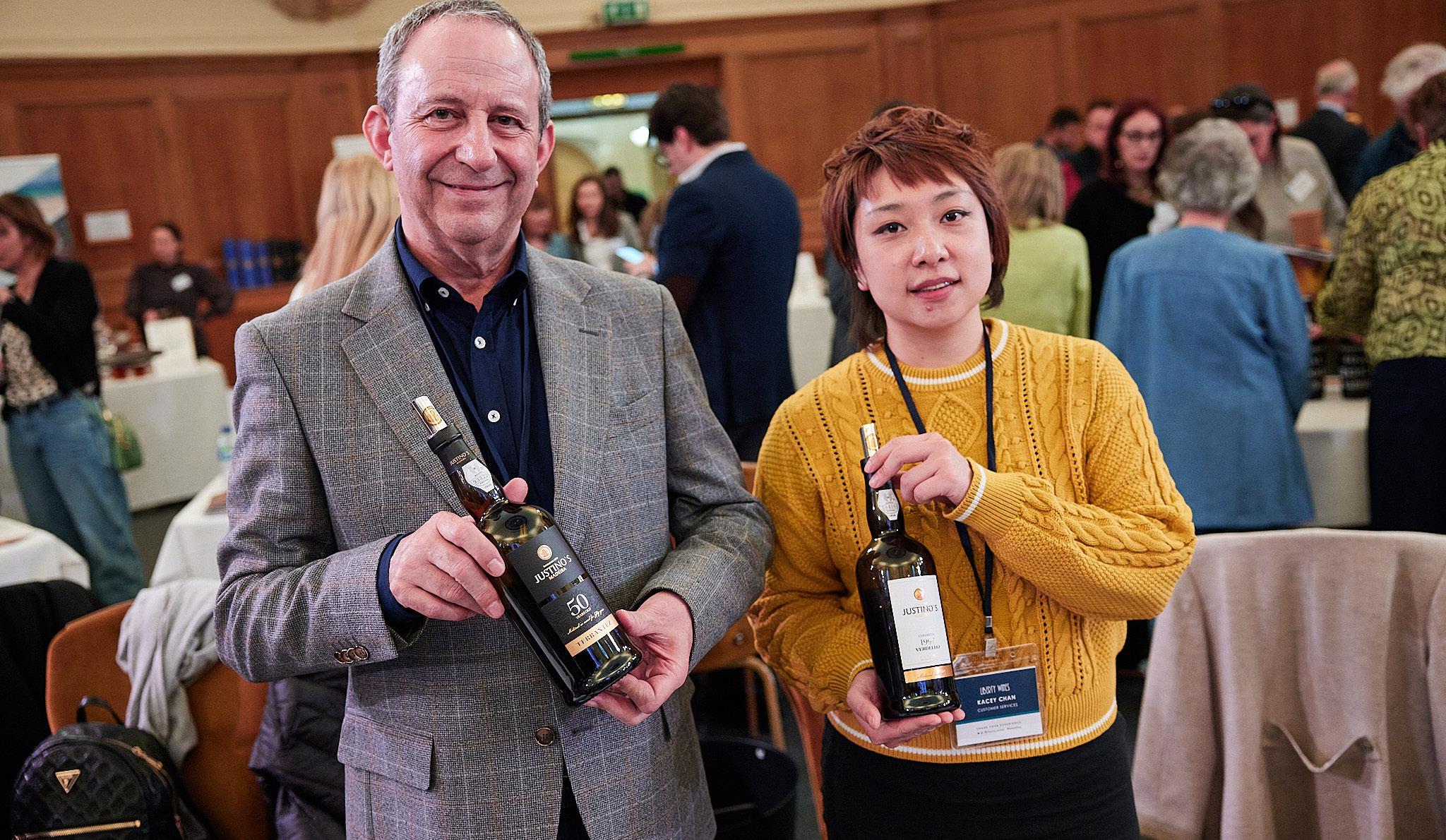
Fortified fun at Church House on April 23
Delibo, North South Wines, New Generation Wines, Richmond Wine Agencies, Gonzalez Byass UK, Hatch Mansfield, Marta Vine, Ucopia and Winetraders return to this indiefocused tasting.
Each importer has its own specialisms and will use the event to unveil new vintages, in several cases in the company of the winemakers themselves.
For more information and to register, contact julia@richmondwineagencies.com.
Monday, April 29
Shears Yard
11-15 Wharf Street
Leeds LS2 7EH
Wines of Germany’s annual event will highlight the breadth of styles available from the country’s winemakers.
The walkaround tasting will feature 25
importers and producers, many of whom are travelling from Germany especially for the event.
There are three masterclasses:
• Lighter styles of German wine for modern lifestyles, with Isa Bal MS
• Germany and the fine wine market, with Anne Krebiehl MW
• Wine educator walkaround, with Shane Jones.
For more information and to register, contact germanwine@thisisphipps.com.
Tuesday, April 30
The ICA
The Mall
London SW1Y 5AH
A tasting dedicated to Champagne and sparkling wines, many of which are seeking representation in the UK.
The show will include the 2024 Sustainability in Sparkling Wine Summit presented by Prosecco DOC. Free tickets are limited for this two-hour summit. There will
also be masterclasses by Prosecco DOC and Cava DO.
Contact eve@glassofbubbly.com.
Tuesday, April 30
Sheraton Grand Hotel
Piccadilly
London W1J 7BX
The 13th edition sees the Real Italian Wine & Food offering the opportunity for direct contact with wine and food producers from all over Italy.
It’s a tasting with a focus on both well-known and niche food and wine producers, some of whom are already distributed and others seeking UK representation.
For more information and to register, contact info@therealitalianwine.co.uk.
Tuesday, April 30
The Royal Horticultural Halls
80 Vincent Square
London SW1P 2PB
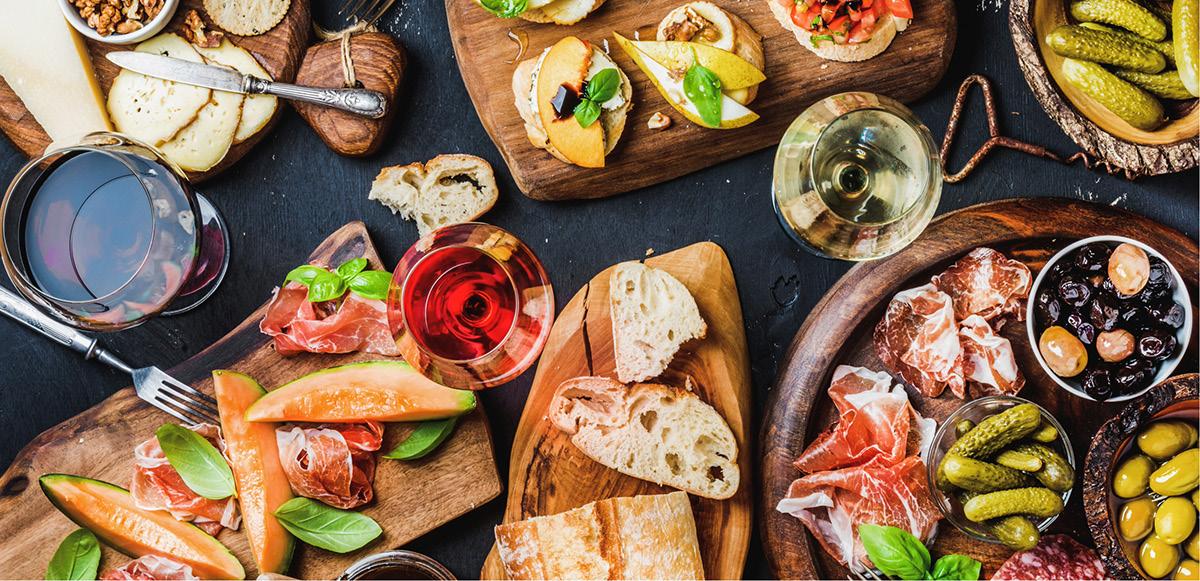
12-14 Denman Street
London W1D 7HJ
0207 409 7276
enquiries@louislatour.co.uk
www.louislatour.co.uk

Discover Viu Manent’s Secret range, with their brand-new labels in celebrating their 20th anniversary.
The Secret range is all about secrets, and although each wine expresses the labelled varietal, up to 15% is kept a Secret. These remain hidden but can very well be discovered through a mixture of shapes and colours, graphics and language displayed on each label.
The range is available in seven varieties: Cabernet Sauvignon, Malbec, Carménère, Pinot Noir, Sauvignon Blanc, Syrah and – soon – Viognier. So what’s your Secret?
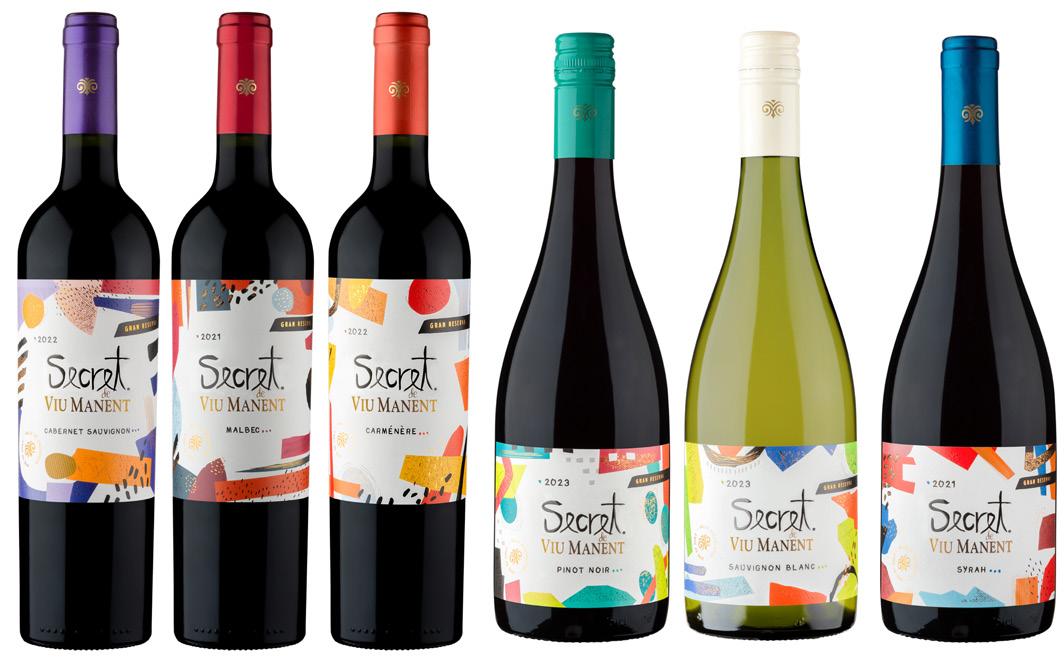
Mulberry House
Parkland Square
750 Capability Green
Luton LU1 3LU
01582 722 538
sales@hnwines.co.uk
www.hnwines.co.uk








Chateau d’Astros is a Cotes de Provence winery nestled in the heart of the Var region. This breathtaking 600-hectare Organic Estate has a rich historical heritage whilst its wines are expressive of their terroir and mindful winemaking. Their Minuit Rose represents the 12 zodiacs and is an elegant, full-flavoured Grenache, Syrah & Mourvedre.
Get in touch at team@jascots.co.uk for more information on their range which is new to the UK.
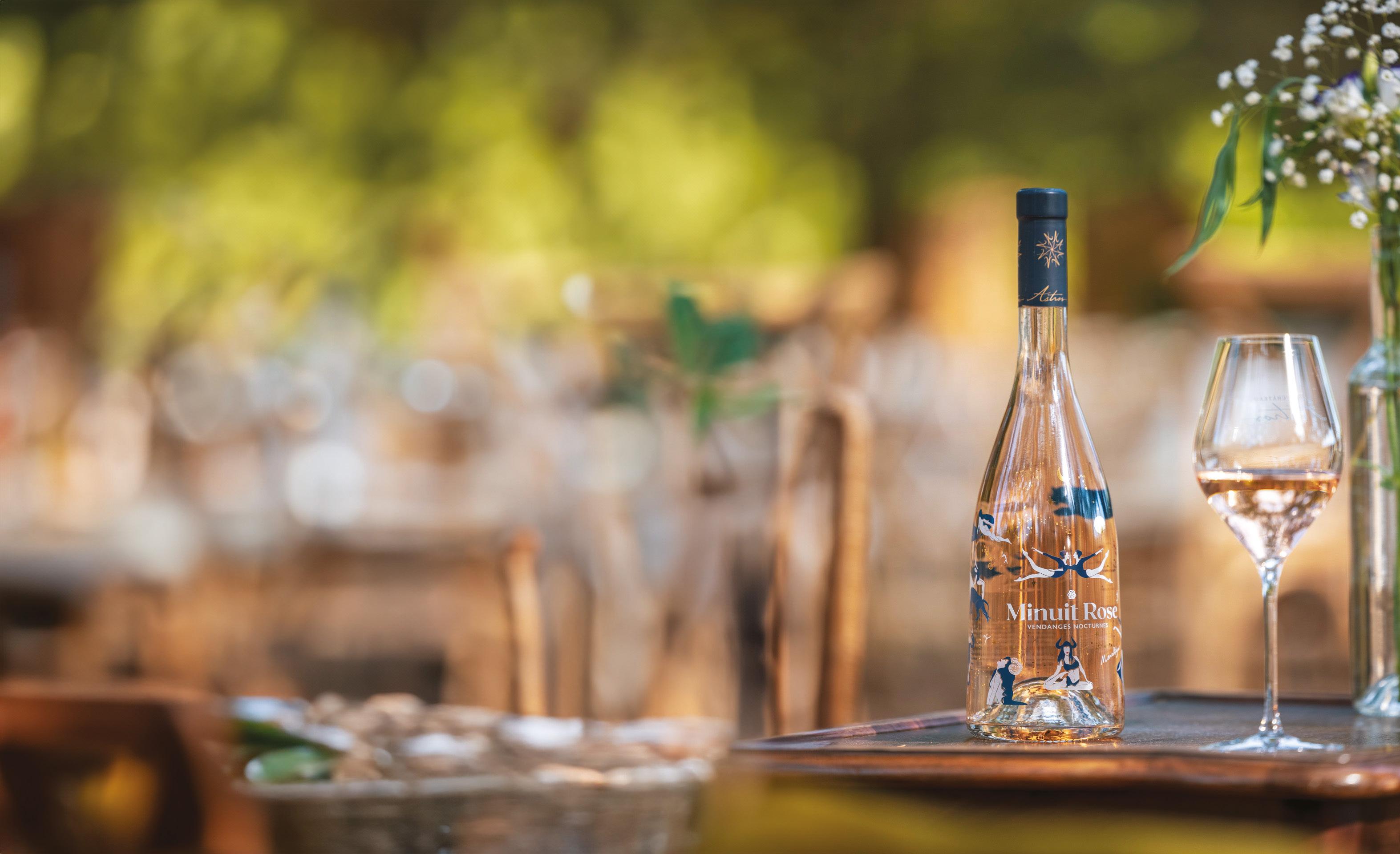
109a Regents Park Road
London NW1 8UR
0207 449 1665
orders@walkerwodehousewines.com
www.walkerwodehousewines.com


@WalkerWodehouse

Maison Champy, renowned Burgundian wine producer has joined the Walker & Wodehouse portfolio.
Champy is the oldest wine company in Burgundy, established in 1720. It is certified French Living Heritage (EPV) and is one of only three wine estates in France with this endorsement. Champy’s range includes village level wines to grand cru.
Its vineyards are spread mostly on the Cote de Beaune: 50% are organic and 50% are HVE. Its winemaking philosophy is based on three centuries of history and experience, which is apparent in the high quality and exceptional taste of every bottle.
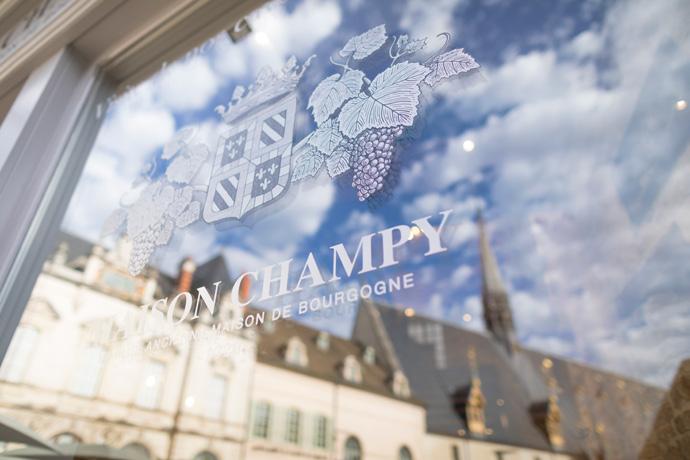
Champy also places huge importance on the environment and employs sustainable and organic farming practices in the vineyard.
Ageing takes place in the XVth century cellars and wines are made and aged in Burgundian barrels (228l). Walker & Wodehouse will be distributing: Pernand Vergelesses Red, Pernand Vergelesses White, Pernand-Vergelesses Premier Cru “Ile des Vergelesses”, Pernand-Vergelesses Premier Cru “En Caradeux”, and Corton Rognet Grand Cru.
For more information, please contact your account manager.
The Links, Popham Close
Hanworth Middlesex TW13 6JE
020 8744 5550 info@richmondwineagencies.com

@RichmondWineAG1

28 Recreation Ground Road Stamford Lincolnshire PE9 1EW 01780 755810
orders@abs.wine www.abs.wine

@ABSWines


Introducing our new South African Agency
Award-winning wine estate set at the foot of Limietberg, nestled in the Cape mountain ranges
The valley in which Doolhof lies is blessed with unique and varied terroirs. The microclimates, growing conditions and soil types make it ideal for growing wine grapes. The estate lies between Bain’s Kloof and the Groenberg Mountain Range and is the only estate uniquely situated behind the mountain range.
For more information on this fantastic range of wines from Doolhof please contact Mark, Julia or Tim: firstname@richmondwineagencies.com










The Woolyard
52 Bermondsey Street
London SE1 3UD
020 7840 3600
info@mentzendorff.co.uk
www.mentzendorff.co.uk


buckingham schenk
Unit 5, The E Centre
Easthampstead Road
Bracknell RG12 1NF
01753 521336
info@buckingham-schenk.co.uk

www.buckingham-schenk.co.uk @BuckSchenk @buckinghamschenk


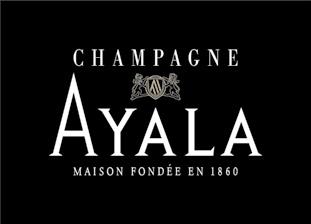
Introducing Champagne AYALA Le Blanc de Blancs A/18
Champagne AYALA relaunches their signature Le Blanc de Blancs cuvée with the release of the A/18. This 100% Chardonnay blend from the Grands and Premiers Crus captures the purity of the chalk soils from both the Côte des Blancs and the Montagne de Reims. The A/18 comes entirely from the near-perfect 2018 vintage and blends 6 complementary crus. Over six years of ageing in the cellar brings out the aromatic complexity and creamy texture that the AYALA Le Blanc de Blancs is renowned for, and the revised ExtraBrut dosage makes this a champagne of outstanding purity and freshness. Champagne AYALA will craft new editions that will continue to explore the diversity of Champagne’s great Chardonnay terroirs.
For more information, please contact your Mentzendorff Account Manager

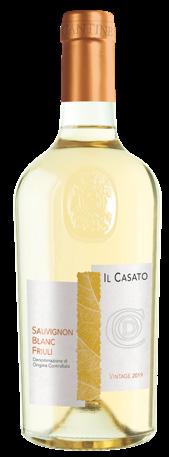

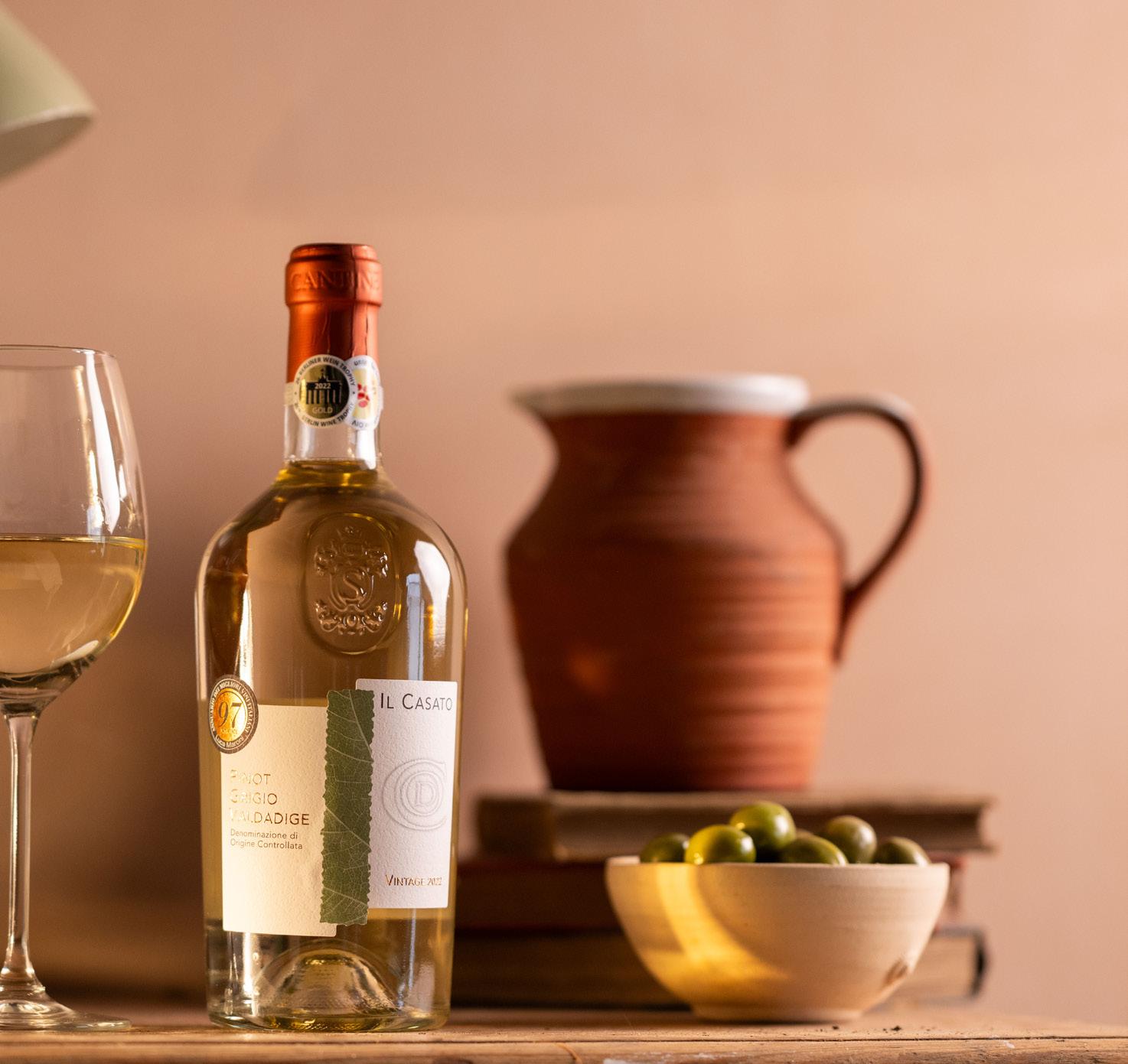

4 Pratt Walk, Lambeth
London SE11 6AR
0207 735 6511
www.thormanhunt.co.uk

@thormanhunt
sales@thormanhunt.co.uk

New Bank House
1 Brockenhurst Road
Ascot
Berkshire SL5 9DL
01344 871800
info@hatch.co.uk
www.hatchmansfield.com

@hatchmansfield


This year Hatch Mansfield celebrates its 30th Anniversary. Hatch was established in March 1994 with Louis Jadot, Errazuriz and Villa Maria, headed up by Patrick McGrath MW. The mission was clear from the start: to be UK specialists in premium wines made by fiercely independent wine companies.
Today this goal remains unchanged: we now proudly represent twenty one internationally acclaimed wineries with a 70-strong team.
Thank you to all of our loyal customers for all of your support over the past three decades. Here’s to the next 30 years!
To find out more about us, scan the QR code

Fells House, Station Road
Kings Langley WD4 8LH
01442 870 900
For more details about these wines and other wines from our awardwinning portfolio from some of the world’s leading wine producing families contact:
info@fells.co.uk www.fells.co.uk

@FellsWine
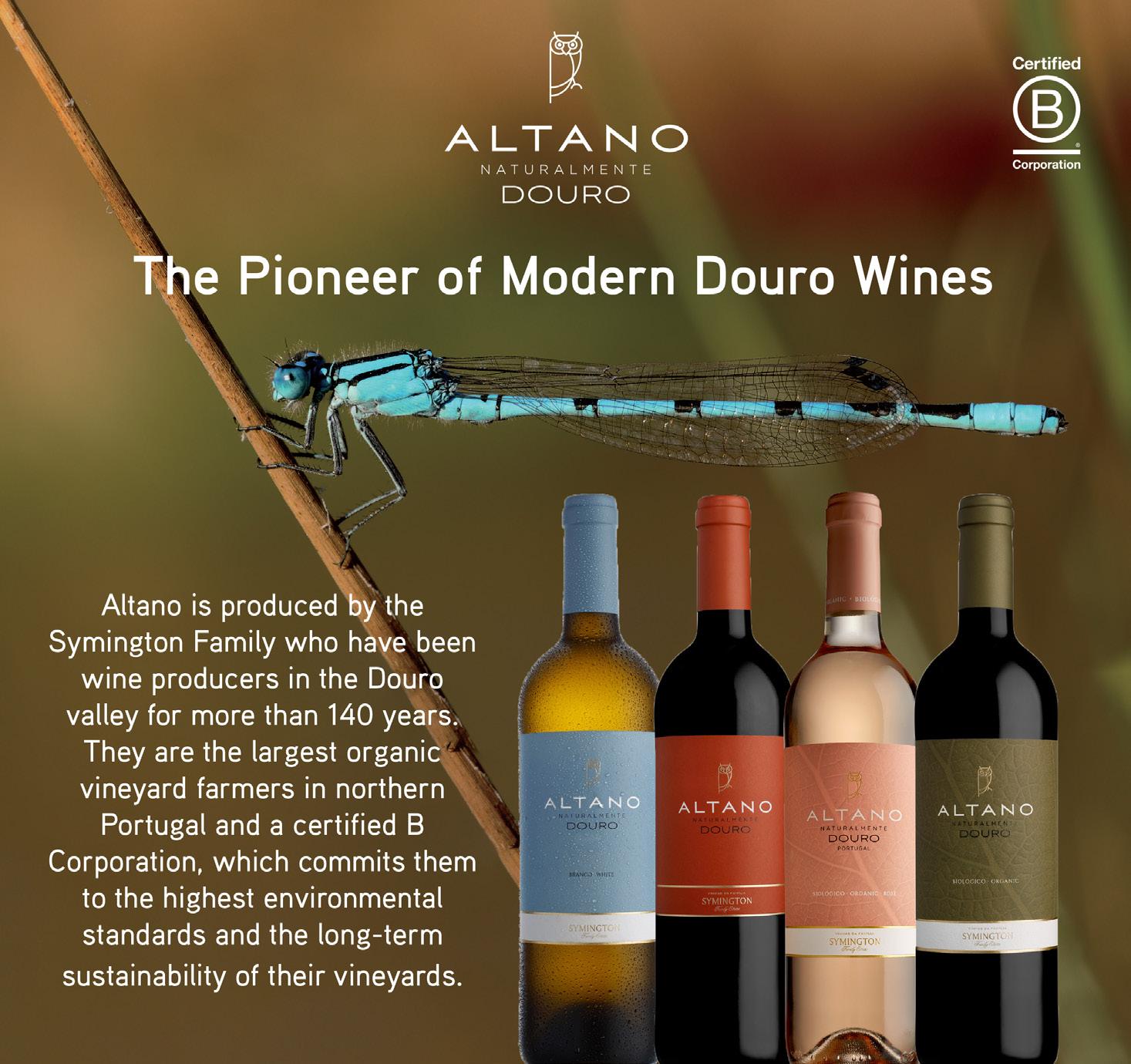

Advertise your job vacancies, business sale or equipment in our new online section. All ads are FREE if placed before May 15.
Visit winemerchantmag.com or email claire@winemerchantmag.com
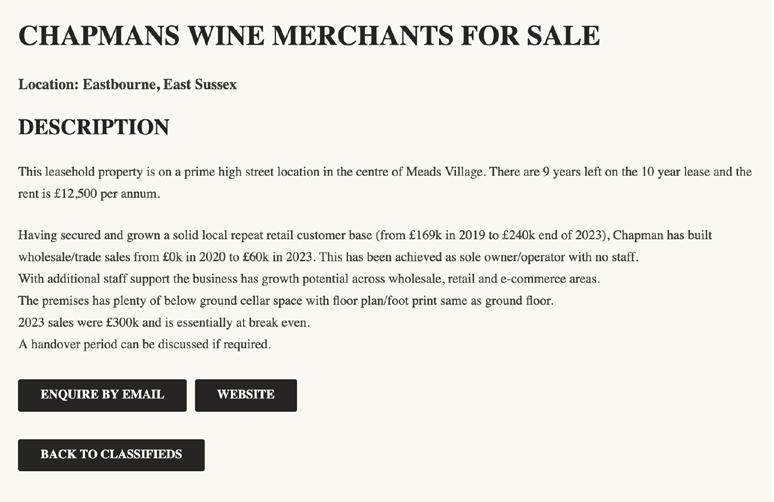

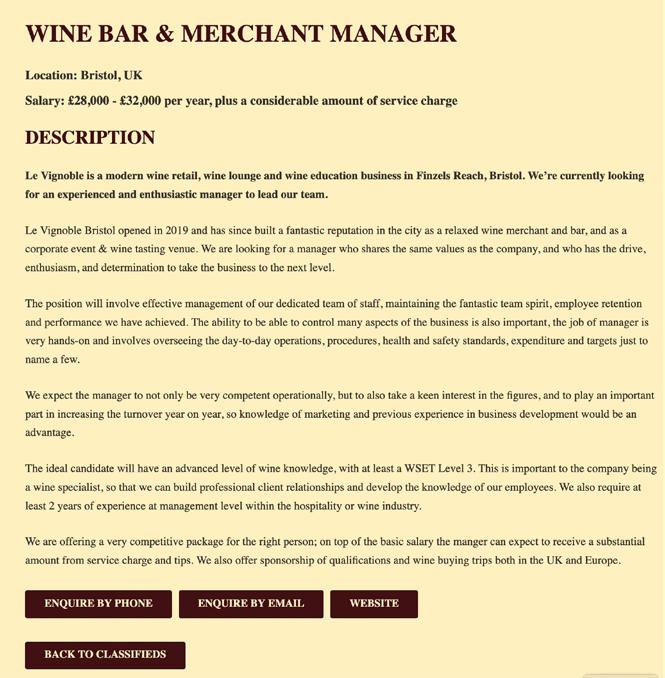
The Old Pigsty, Rose Cottage Church Hanborough OX29 8AA
01993 886644
orders@delibo.co.uk
www.delibo.co.uk
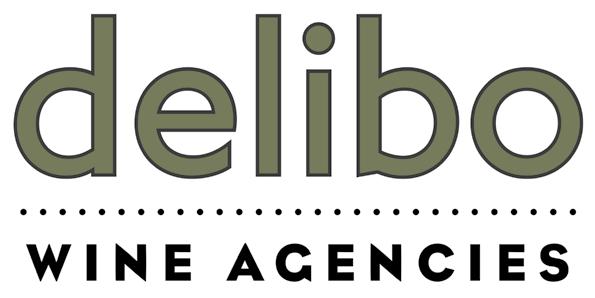


The computer system for drinks trade wholesalers and importers
16 Station Road Chesham HP5 1DH
sales@vintner.co.uk
www.vintner.co.uk


At Delibo, we do things differently.
We encourage all our wine families, from all over the world, to express themselves without inhibition. If this means running naked through the vineyards, regaling vines with verse, so be it. It’s all about the fruit being grown, wines made, perfectly, simply.
The land, the people and their culture must shine through every bottle. Made without compromise, with no equals, for you, our partners, true independents of these great islands, to enjoy selling, thrill your customers and grow your business. Join Delibo and strap in for the ride!
Meet OLIVER ZETER:
a true maverick of the Pfalz
“I'm not your typical winemaker, forced to balance a family winemaking tradition against my own vision. I consider myself lucky to have started from scratch. It lets me do what I want, pursuing perfection with no worries about stepping on anyone's toes but my own. The diversity of the Pfalz's vineyards is unlike anywhere else – “right place, right grape.”

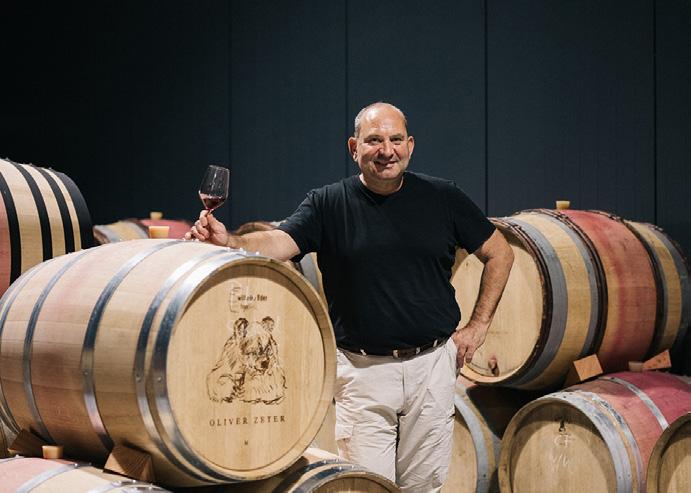

020 7720 5350
order@libertywines.co.uk
www.libertywines.co.uk


@liberty_wines



23 Cellini Street
London SW8 2LF
www.topselection.co.uk
info@topselection.co.uk
Contact: Alastair Moss
Telephone: 020 3958 0744


@topselectionwines
@tswine

We salute all the wonderful wine people we are fortunate to work with, whatever their gender, but this month celebrate the talented women winemakers (happily too many to mention here).
Marelise Niemann was named Tim Atkin MW’s South Africa Young Winemaker of the Year in 2023 for her exceptional work at Momento, while Andrea Mullineux, co-founder of one of the country’s most lauded wineries, was awarded International Winemaker of the Year by Wine Enthusiast in 2016. In his 2023 Wine Companion, James Halliday praised Stephanie Toole’s “pursuit of excellence in the vineyard and winery” at Mount Horrocks, whose wines are among Clare Valley’s finest, while Vanya Cullen was honoured in 2023 with the Order of Australia for services to viticulture and oenology.
Anaïs Ricome’s vision and work at La Croix Gratiot led to its recognition by La Revue du Vin de France as “the pinnacle of Picpoul de Pinet’” and Valentine Tardieu-Vitali at Château La Verrerie recently ranked in Le Figaro Vin’s 50 Best Winemakers of France. From Antonella Corda in Sardinia and Benedetta Contini Bonacossi at Capezzana in Carmignano to Beatriz Cabral de Almeida at Quinta dos Carvalhais in the Dão, Ruth Rodriguez at Izadi and Orben in Rioja Alavesa, sisters Marta and Carmen Castro-Pintos at Lagar de Pintos in Rías Baixas, and beyond, we raise a glass to the women whose unwavering passion sees them among the world’s most respected winemakers today.
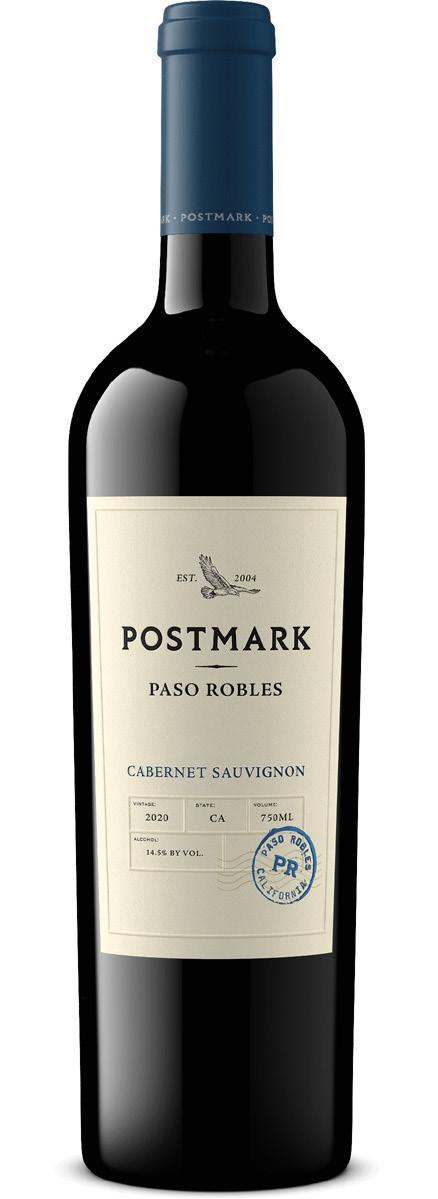
“My first wine? Valpolicella with my mother at Pizza Express”

Born in 1986, Nik has an MA in modern history and worked as a House of Commons researcher before founding Red Squirrel Wine in 2012, which became the Graft Wine Company in 2019 following a merger with The Knotted Vine.
What’s the first wine you remember drinking?
Valpolicella at Pizza Express at The Pheasantry in Chelsea, with my mother. I was probably around 17. I’d drunk a small amount of wine before that as I lived in France from the age of 12, and in that environment, with parents who liked their wine, there were always bottles around and opportunities to try.
What job would you be doing if you weren’t in the wine trade? Teaching, or writing, or both.
How do you relax?
Running a lot and cooking a lot (the two are somewhat connected).
What’s the best book you’ve read recently?
EH Gombrich’s A Little History of the World, charmingly succinct and written over 70 years ago but only recently translated into English. He wrote it for children, but it is enjoyable for all ages. I’ve also been rereading Harry Potter with my son, so if that counts then there’s no contest.
Give us a Netflix recommendation. Recently we got very into The Bear and Welcome to Wrexham on Disney+.
Do you have any sporting loyalties?
A member of Surrey cricket club for over 30 years, while my son has rekindled a childhood obsession with Arsenal. We’ve been going to the Women’s Super League matches at the Emirates.
Who’s your favourite music artist? I have always loved music, but I’m not into any particular type. If I really must choose, I’ll say James Blunt. Maybe not the trendiest of choices, but his music came
out during a formative period of my life.
Any superstitions?
I went through a phase of having the exact same meal the night before a marathon: teriyaki chicken donburi from Wagamama’s. Relatively bland, consistent, and chances are you’d find one somewhere nearby. That was until I came down with campylobacteriosis food poisoning midway through the 2022 London Marathon. For the sake of the lawyers, I’m neither revealing the branch nor blaming the chain, so let’s just say these days I think superstitions are overrated!
Who’s your favourite wine critic?
My wife. Lacking the biases and prejudices of “experts”, and ferociously honest.
What’s your most treasured possession? My health.
What’s your proudest moment?
Passing my scuba instructor exams in Australia aged 19. Getting my first big job offer out of university and seeing how proud my parents were. In wine, winning the IWSC Julian Brind Memorial Trophy in 2017, Harpers naming Red Squirrel as the third best drinks wholesaler in 2019, and Graft voted IWC small agent of the year in 2022. On a personal level, finishing the London Marathon in 2 hours 38 minutes in front of so many family and friends.
What’s your biggest regret?
Working obsessively in the early years of building a new business, to the detriment of those closest to me. You have to give so much to something like that, but it meant for a time I lost sight of what really matters.
Who’s your hero?
My father.
Any hidden talents?
I can bowl (the cricketing type) with both hands. Whether I have any talent with either is for others to judge.
What’s your favourite place in the UK?
Richmond Hill. I lived at the bottom of it for seven years. I wrote my master’s thesis about it. It has provided the backdrop to a rollercoaster of emotions, the worst of times and the best of times, and it will always hold a special place in my heart.
If we could grant you one wish … Health and happiness for my children.
